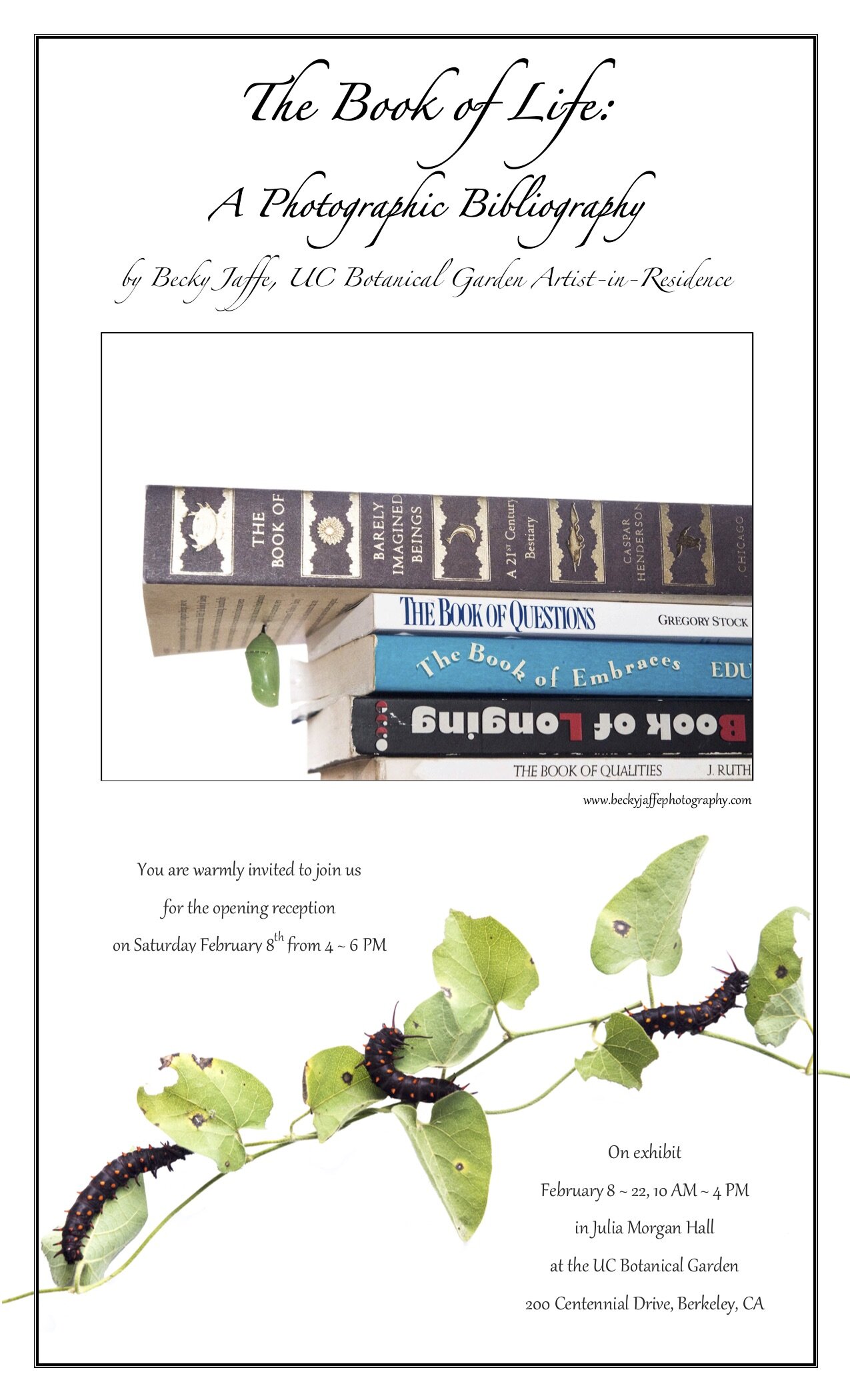
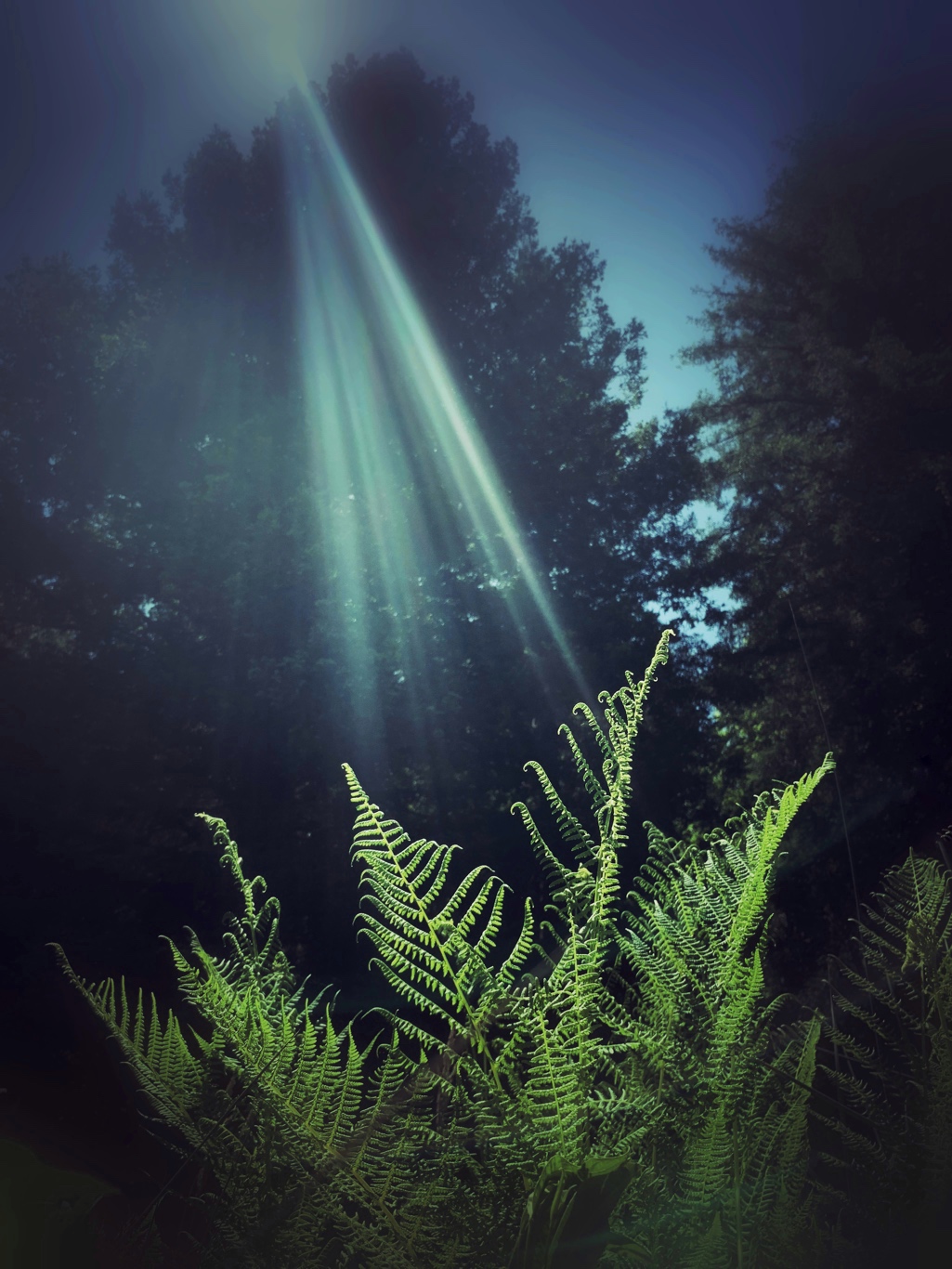
“First there was nothing. Then there was everything.
Then in a park above a western city after dusk, the air is raining messages. A woman sits on the ground, leaning against a pine. Its bark presses hard against her back, as hard as life. Its needles scent the air and force hums in the heart of the wood. Her ears tune down to the lowest frequencies. The tree is saying things, in words before words.
It says: Sun and water are questions endlessly worth answering.”
~ Richard Powers, The Overstory
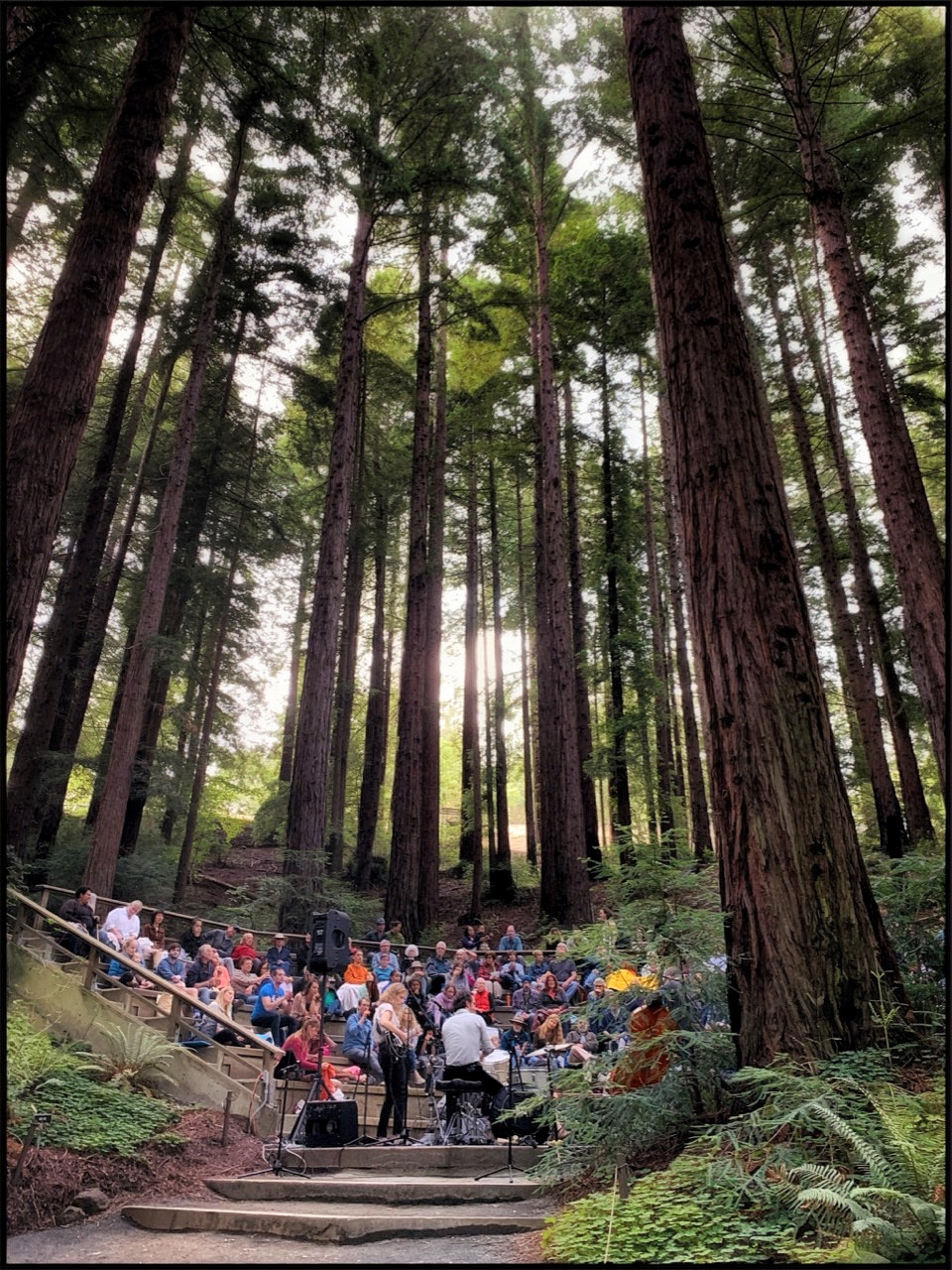
“As a writer, I find gardens essential to the creative process; as a physician, I take my patients to gardens whenever possible. All of us have had the experience of wandering through a lush garden or a timeless desert, walking by a river or an ocean, or climbing a mountain and finding ourselves simultaneously calmed and reinvigorated, engaged in mind, refreshed in body and spirit. The importance of these physiological states on individual and community health is fundamental and wide-ranging. In forty years of medical practice, I have found only two types of non-pharmaceutical ‘therapy’ to be vitally important for patients with chronic neurological diseases: music and gardens.”
~ Oliver Sacks, author of Gratitude
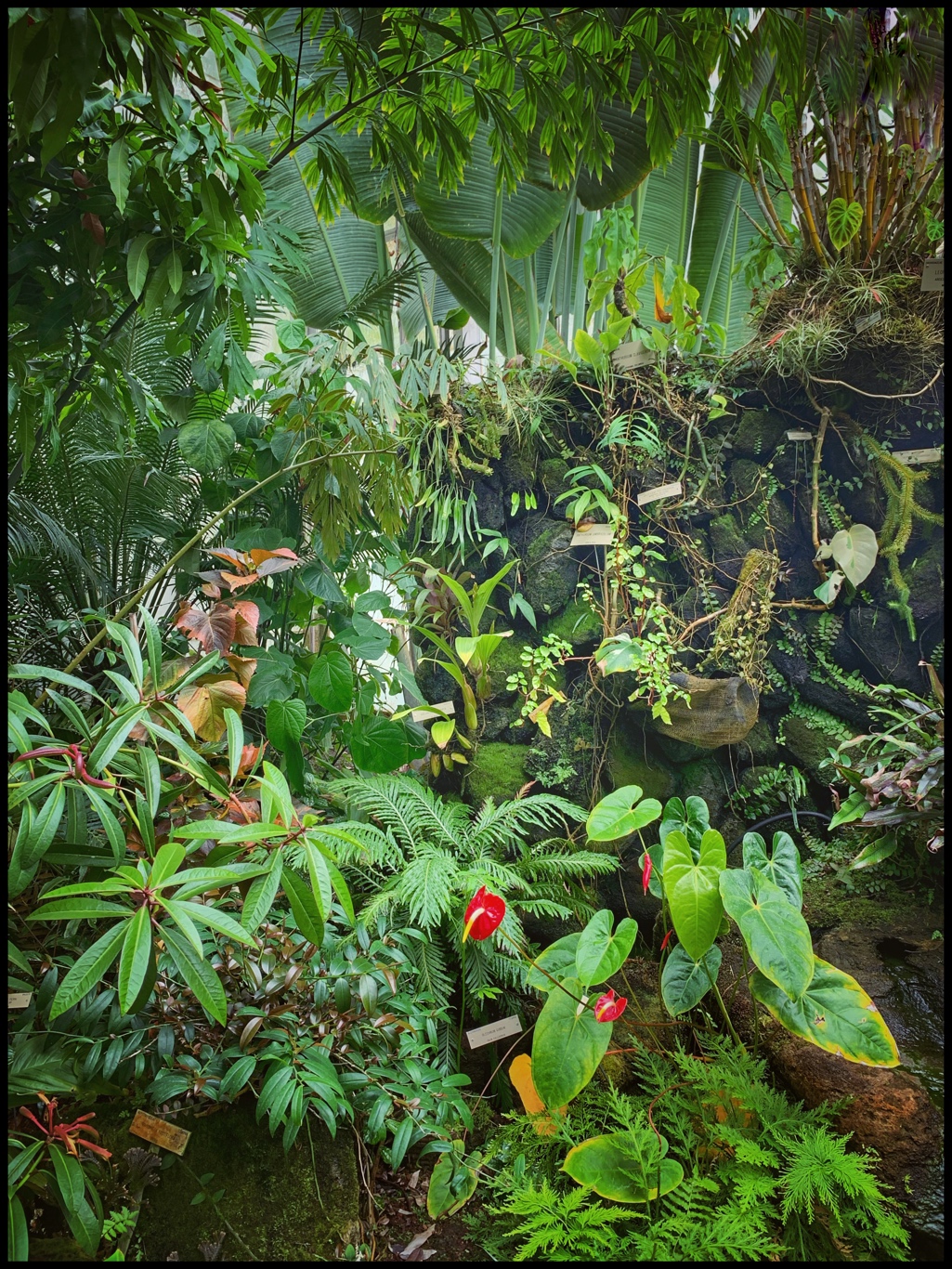
“The leaves of the world comprise countless billion elaborations of a single, simple machine designed for one job only – a job upon which hinges humankind. Leaves make sugar. Plants are the only things in the universe that can make sugar out of nonliving inorganic matter. All the sugar that you have ever eaten was first made within a leaf. Without a constant supply of glucose to your brain, you will die. Period. Under duress, your liver can make glucose out of protein or fat – but that protein or fat was originally constructed from a plant sugar within some other animal. It’s inescapable: at this very moment, within the synapses of your brain, leaves are fueling thoughts of leaves.”
~ Hope Jahren, Lab Girl
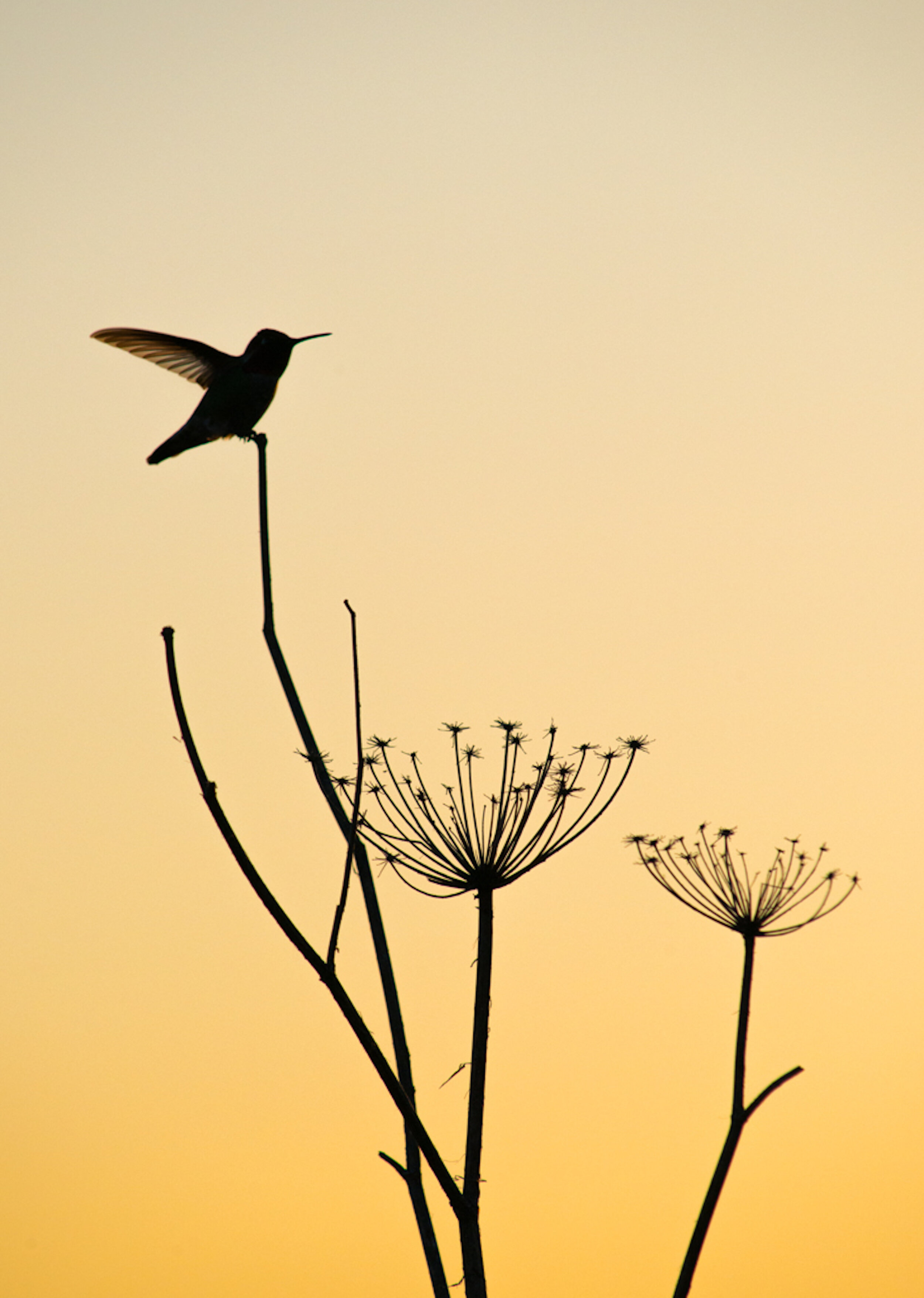
How little note is taken of the deeds of Nature! What paper publishes her reports? .... Who publishes the sheet-music of the winds, or the written music of water written in river-lines? Who reports and works and ways of the clouds, those wondrous creations coming into being every day like freshly upheaved mountains? And what record is kept of Nature's colors - - the clothes she wears - of her birds, her beasts - her live-stock?
~ John Muir, John of the Mountains: The Unpublished Journals of John Muir
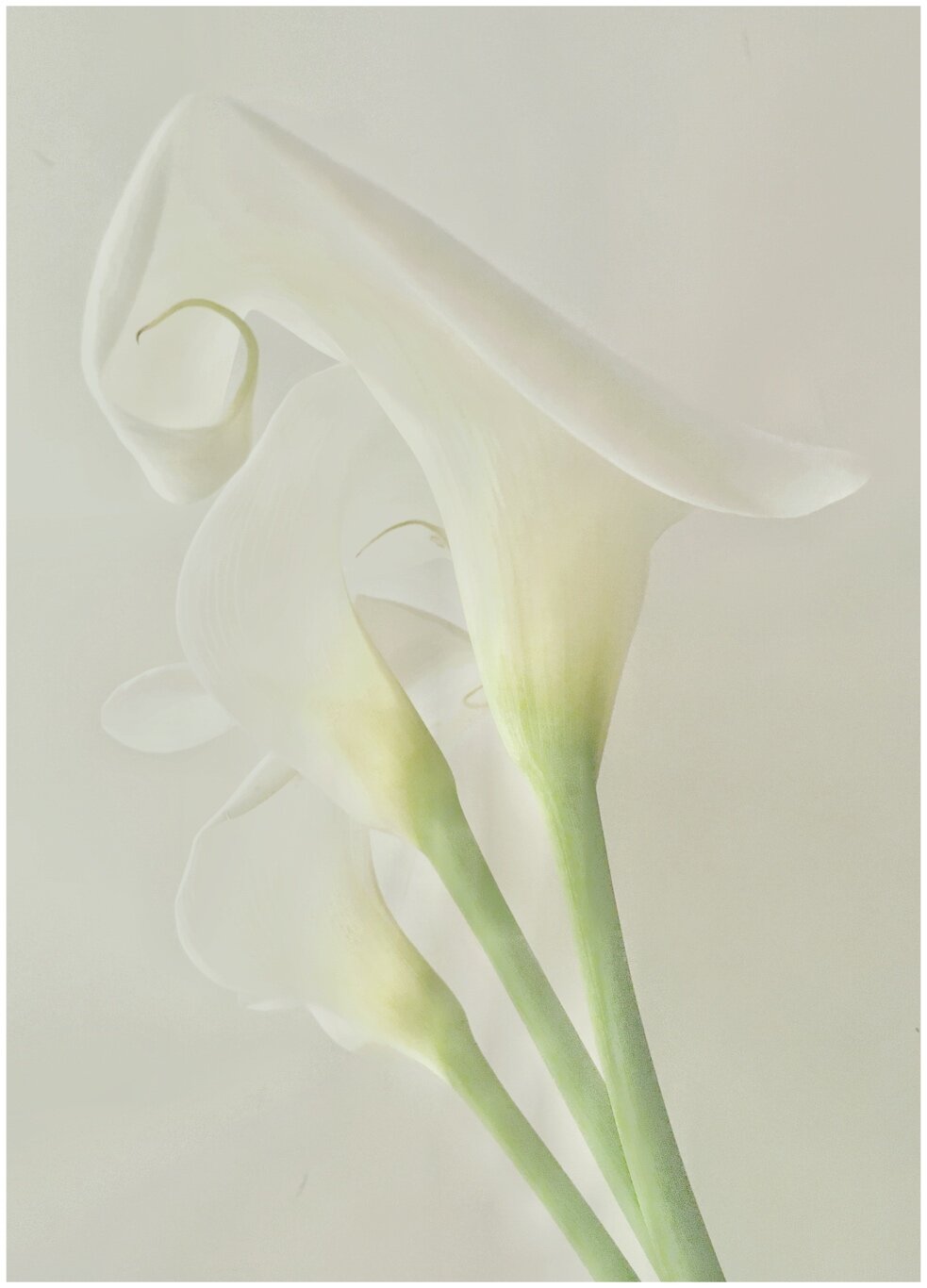
“The most beautiful art is that which makes the world appear richer, deeper, and more meaningful, making nature seem ever more intricate, interesting, and deserving of our attention and love. There is meaning in nature far beyond use; there is form and beauty far beyond function.”
~ David Rothenberg, Survival of the Beautiful: Art, Science, and Evolution
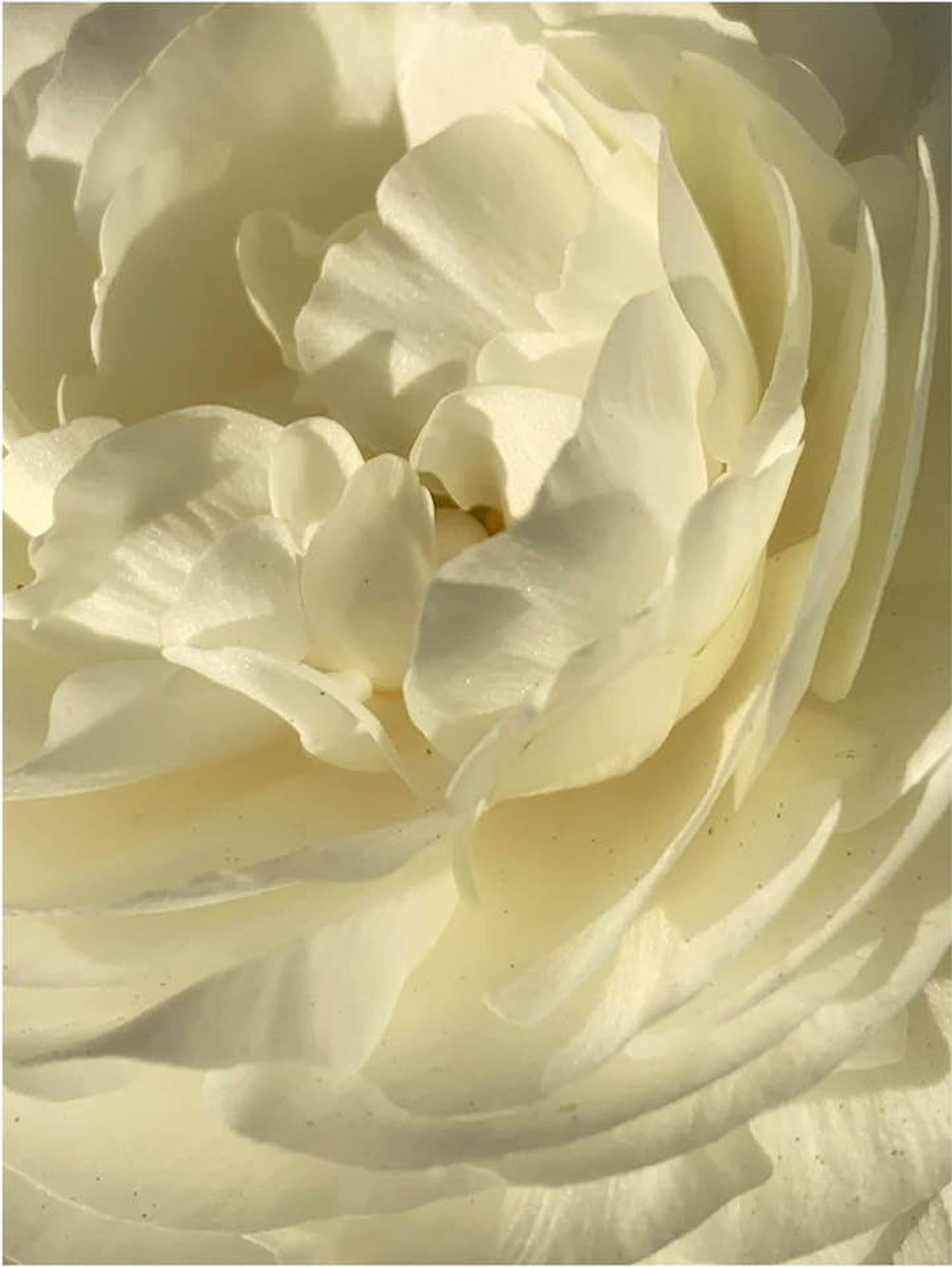
“The temple bell stops, but I still hear the sound coming out of the flowers.” - Matsuo Basho
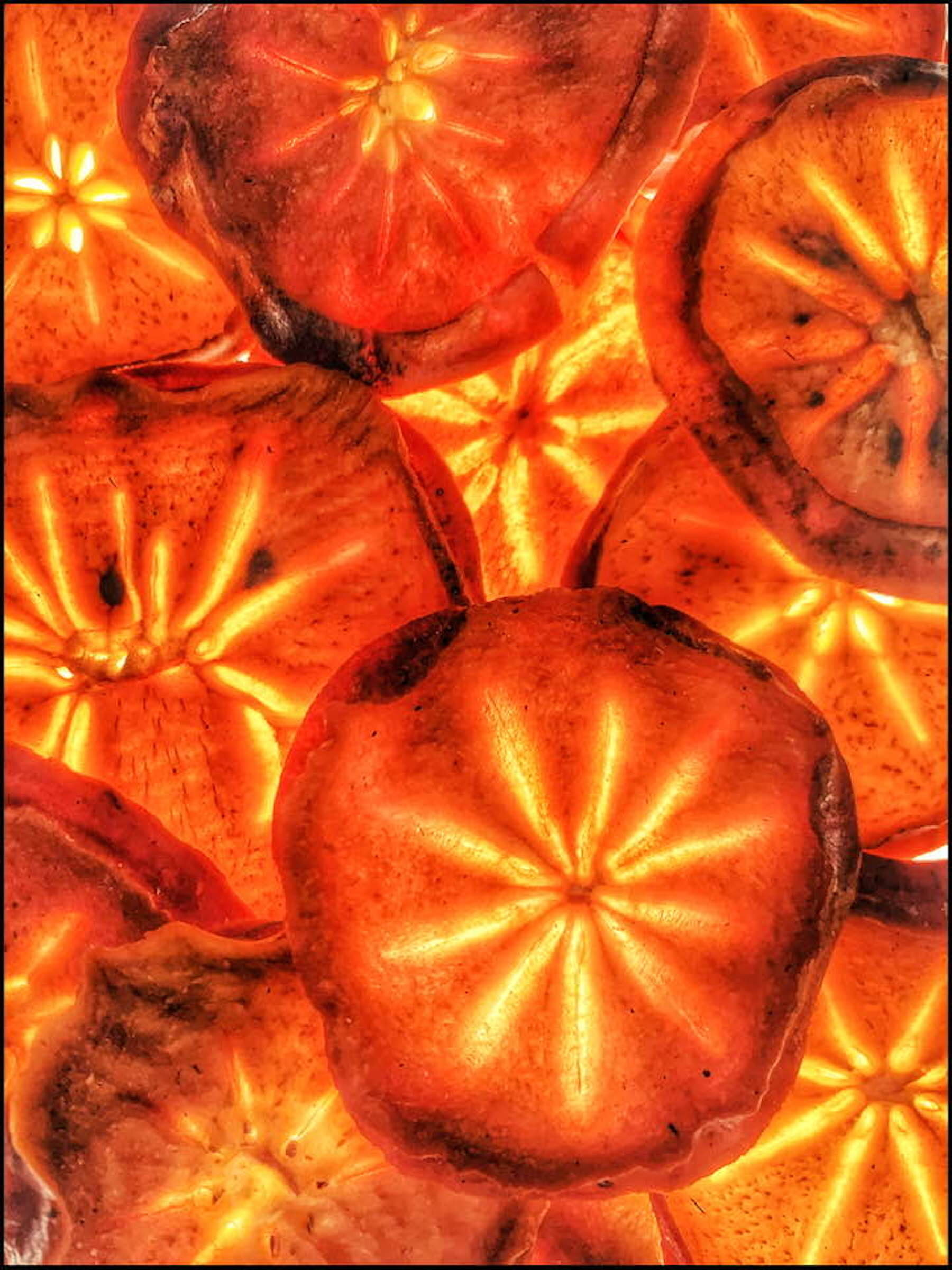
“It was a fruit we had never seen before, larger than an apple, about the size of a grapefruit. It was round and yellow like the leaves of a neglected book.”
~ Mai Al-Nakib, The Hidden Light of Objects
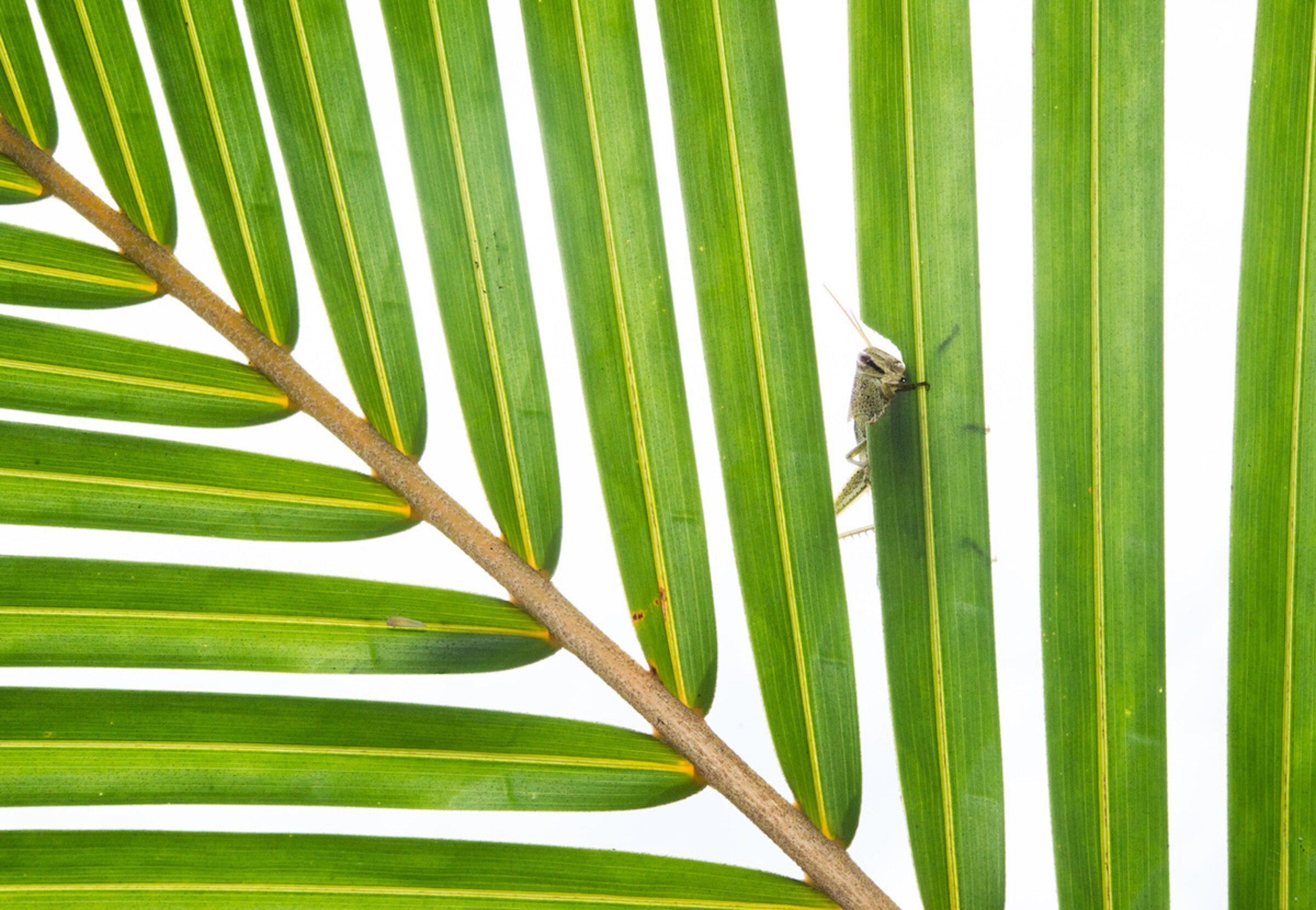
“You are what what you eat eats.”
~ Michael Pollan, In Defense of Food: An Eater’s Manifesto

“Microbes dominated the Proterozoic and arguably they still largely determine the course of life today. They are, as the microbiologist John Ingraham puts it, ‘our inventors, progenitors and keepers’. (They are also our disposers: death is not the end, it’s just a case of being metabolically different.) In the big picture – the cycles of life on Earth – microbes are the beginning and end of all. Or, as the palaeontologist Andrew Knoll asserts, ‘eukaryotes are the icing and prokaryotes are the cake’.”
~ Caspar Henderson, The Book of Barely Imagined Beings: A 21st Century Bestiary
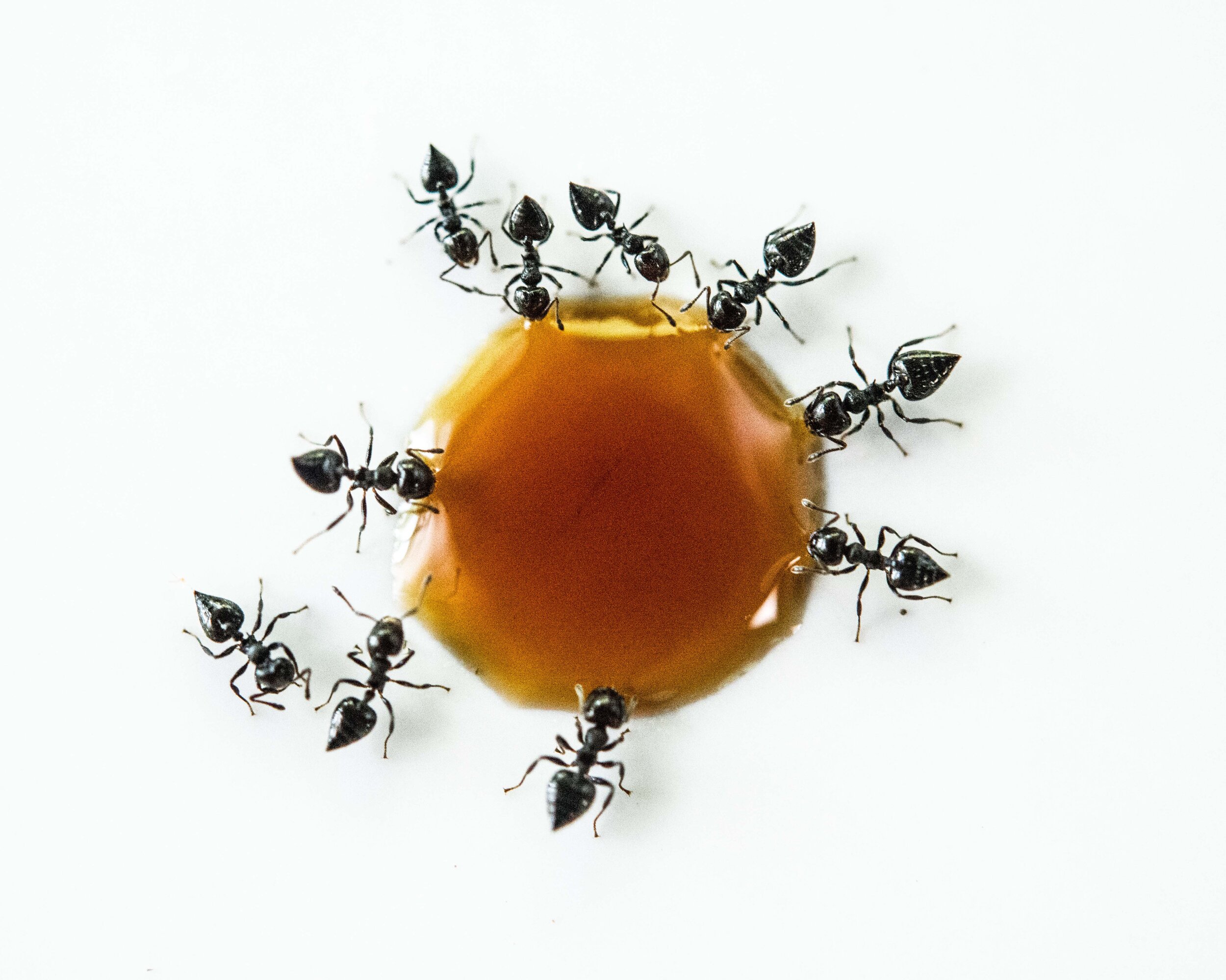
“It appears that nutrient exchange and helping neighbors in times of need is the rule, and this leads to the conclusion that forests are superorganisms with interconnections much like ant colonies.”
~ Peter Wohlleben,
The Hidden Life of Trees: What They Feel, How They Communicate – Discoveries from a Secret World

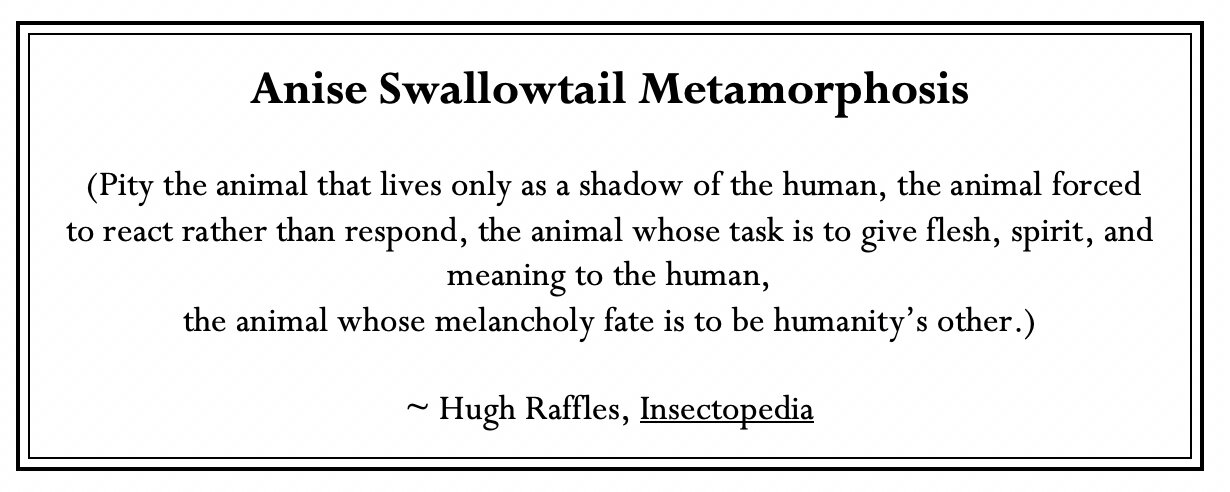
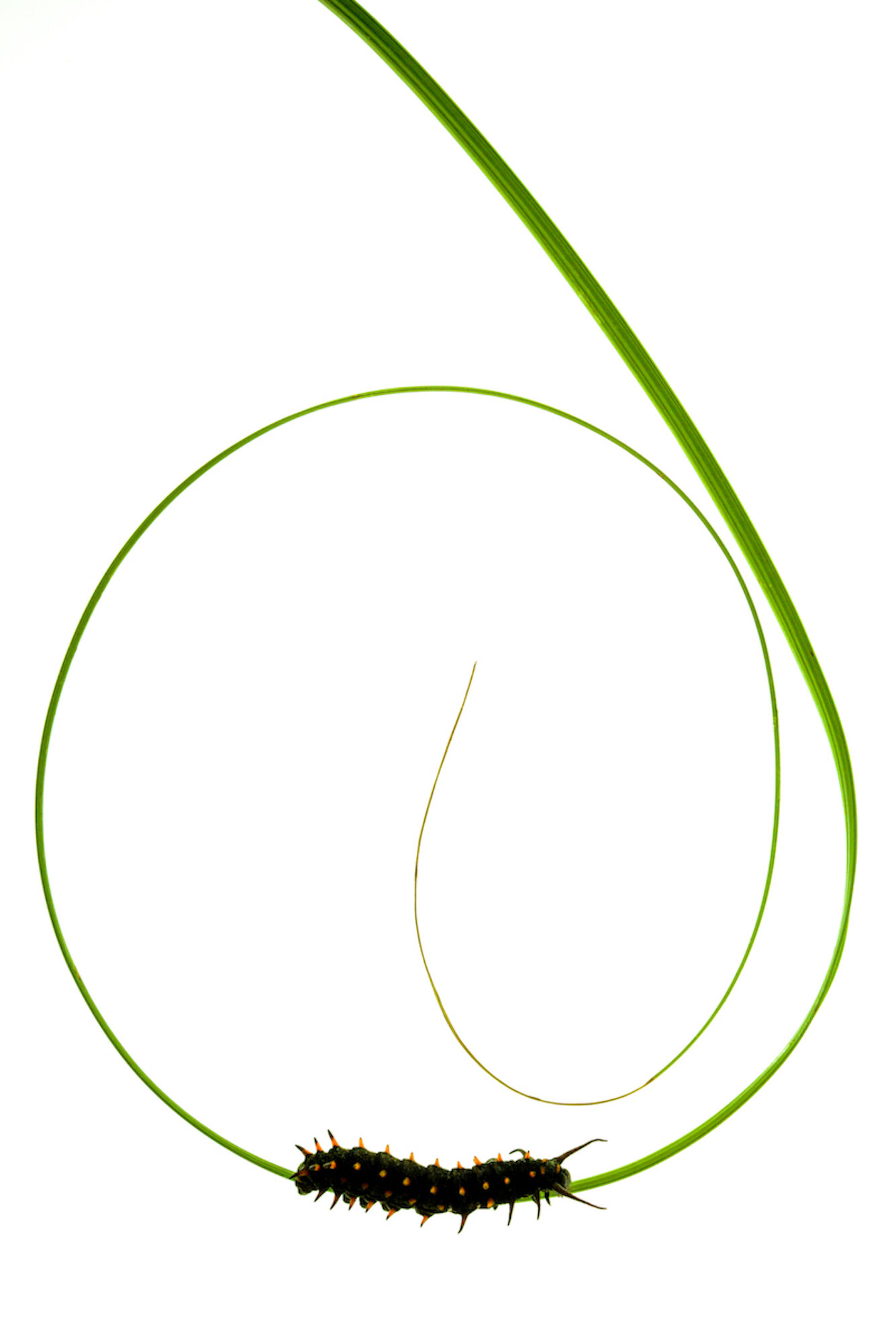
“I am intrigued by the possibility that what humans hear in choruses of synchronizing crickets or hocketing katydids is not an enjoyment of the random, the unplanned, the chance caprices of nature, but glimmers of order in disorder that come as we listen to layers of tiny creatures playing by simple musical or mathematical rules.”
~ David Rothenberg, Bug Music: How Insects Gave Us Rhythm and Noise
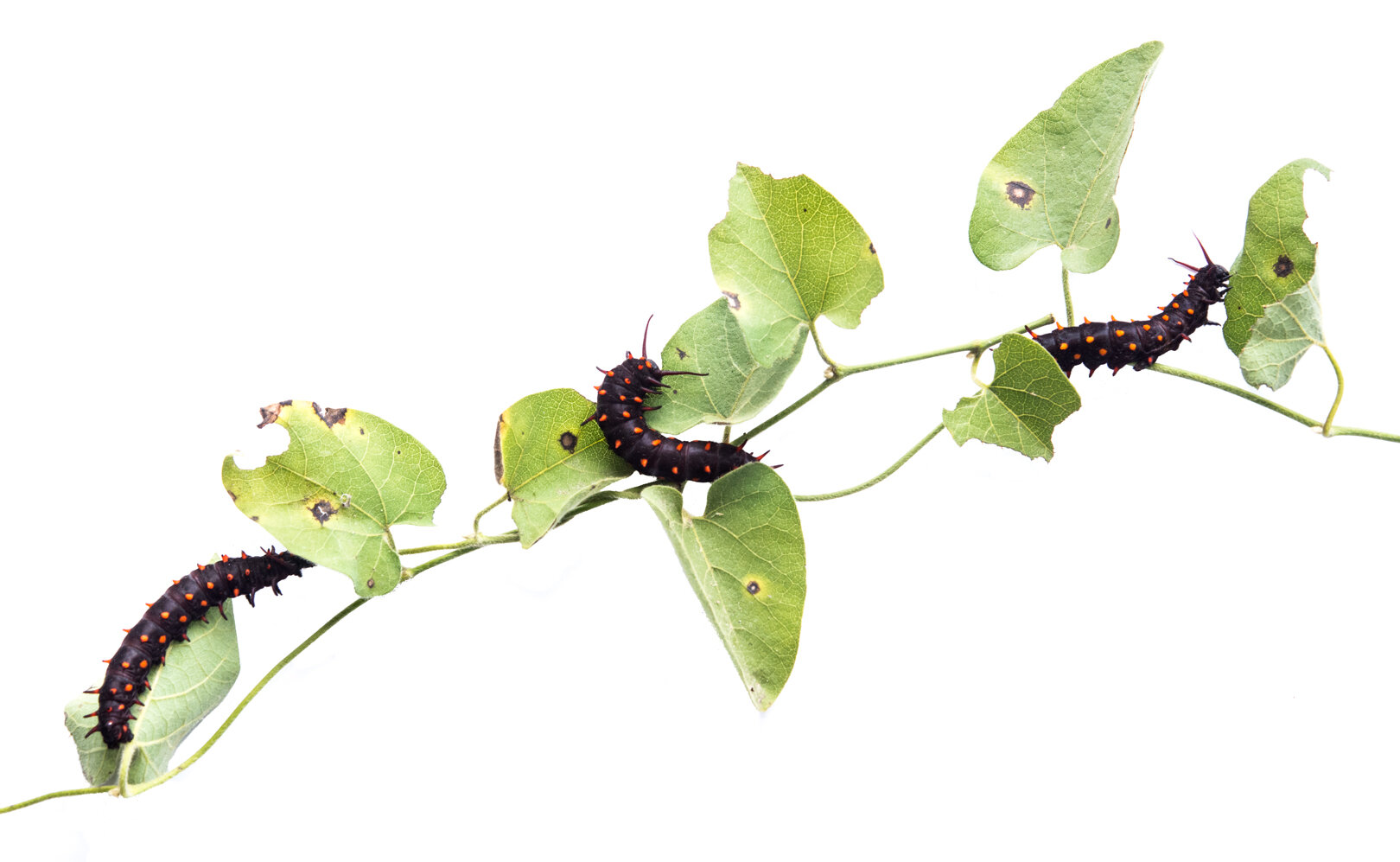
“We need the tonic of wildness...At the same time that we are earnest to explore and learn all things, we require that all things be mysterious and unexplorable, that land and sea be indefinitely wild, unsurveyed and unfathomed by us because unfathomable. We can never have enough of nature.”
~ Henry David Thoreau, Walden: Or, Life in the Woods
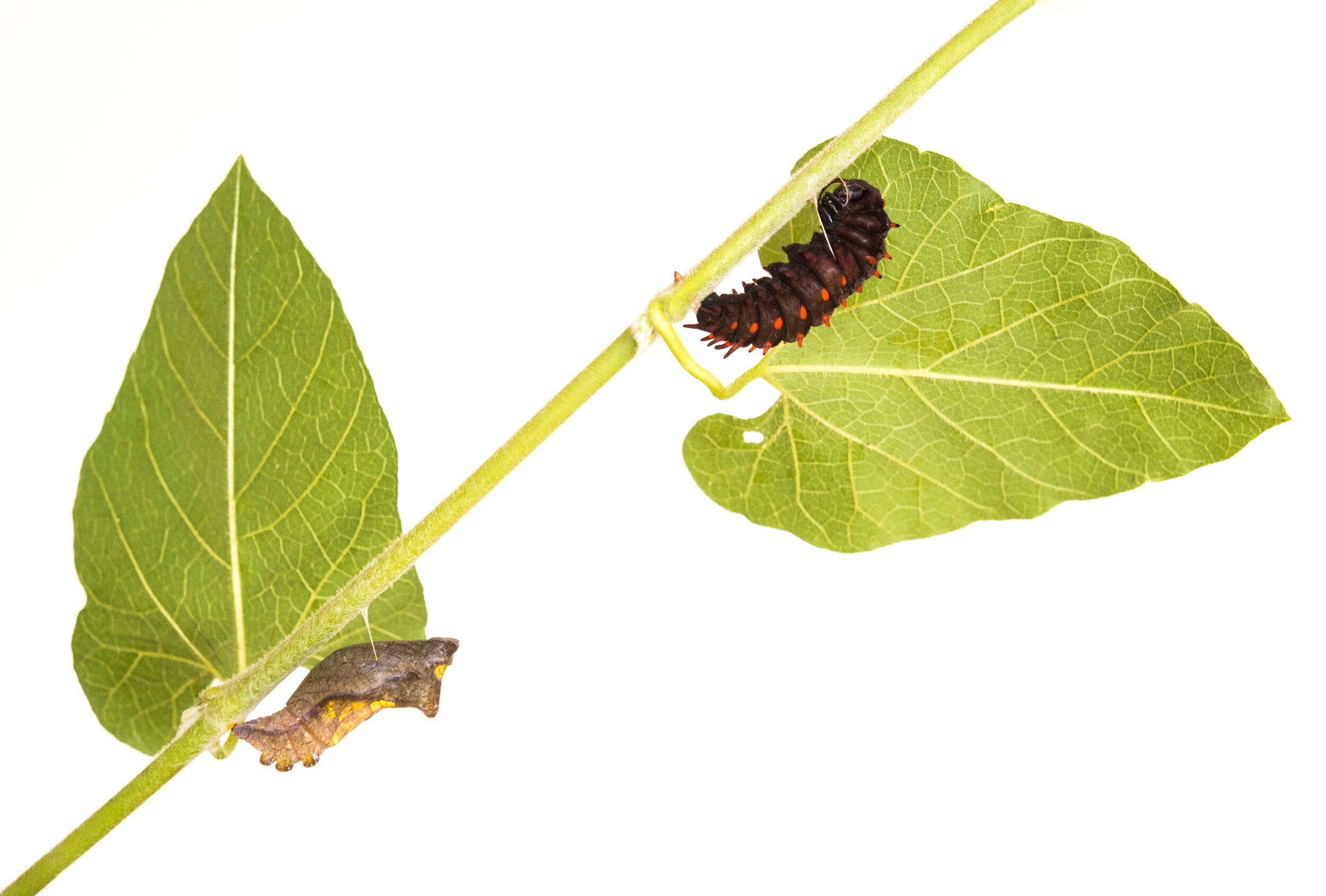
“We cannot win this battle to save species and environments without forging an emotional bond between ourselves and nature as well – for we will not fight to save what we do not love.”
~ Stephen Jay Gould, author of The Flamingo’s Smile
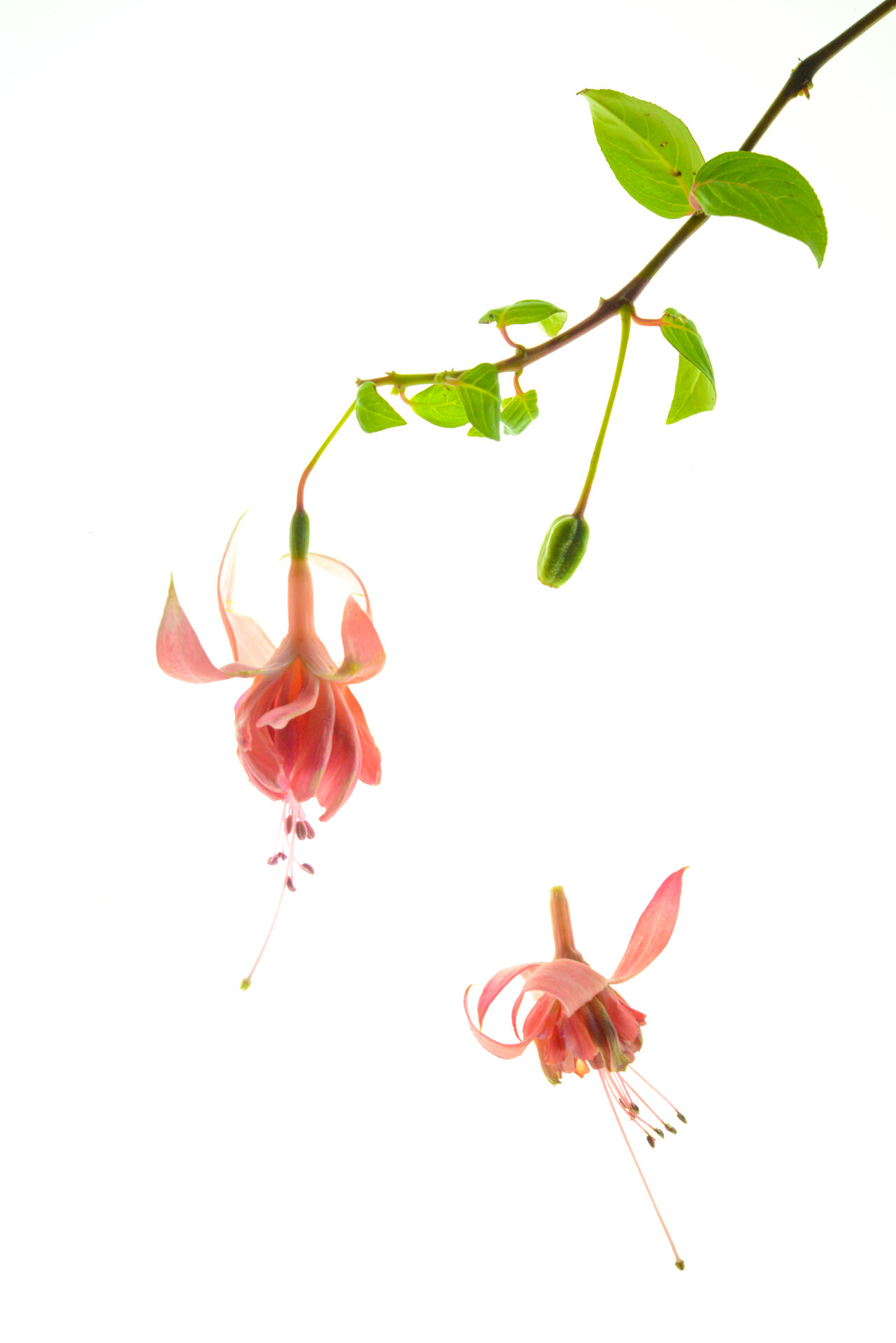
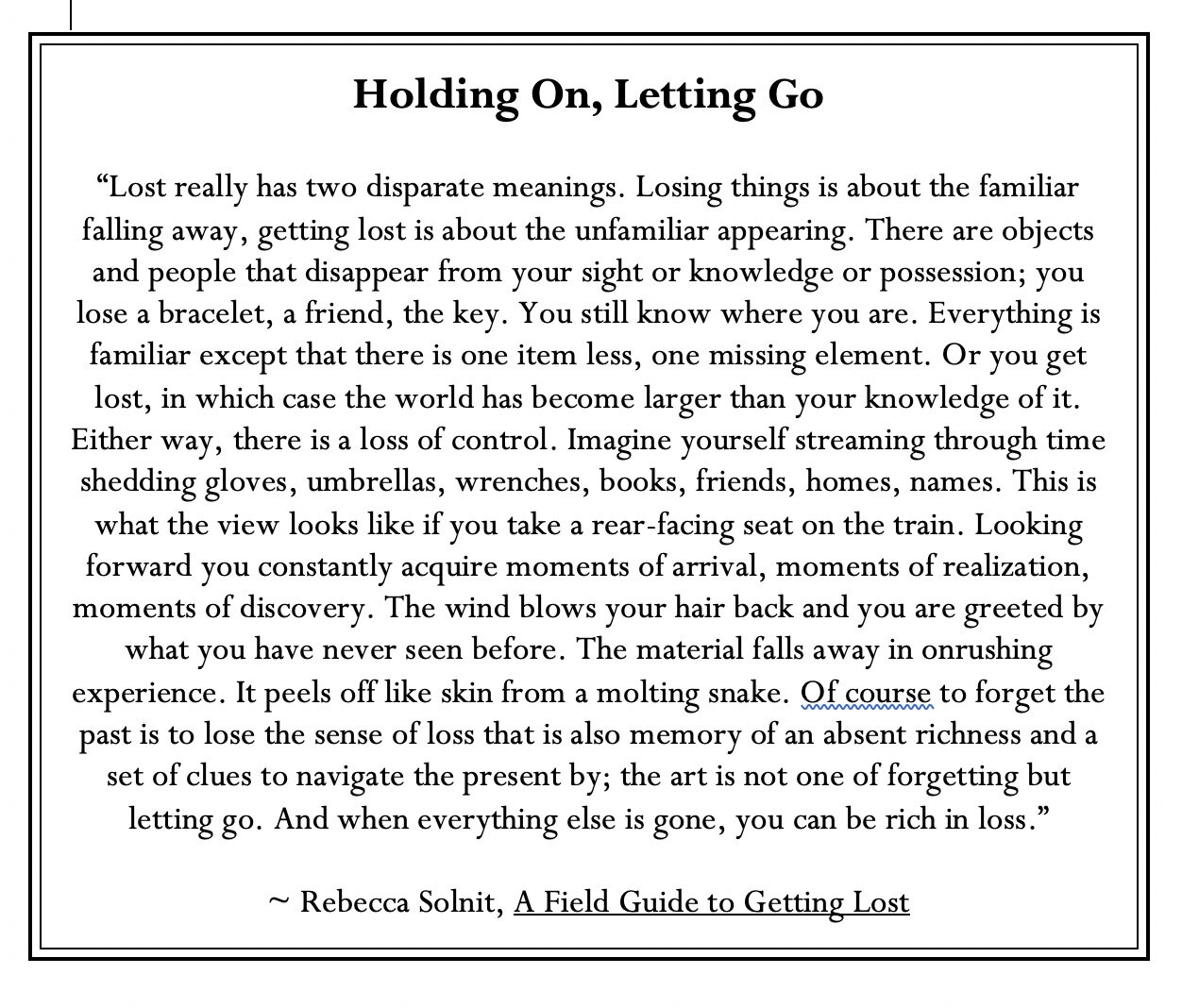

“Don't judge each day by the harvest you reap but by the seeds that you plant.”
~ Robert Louis Stevenson, Admiral Guinea
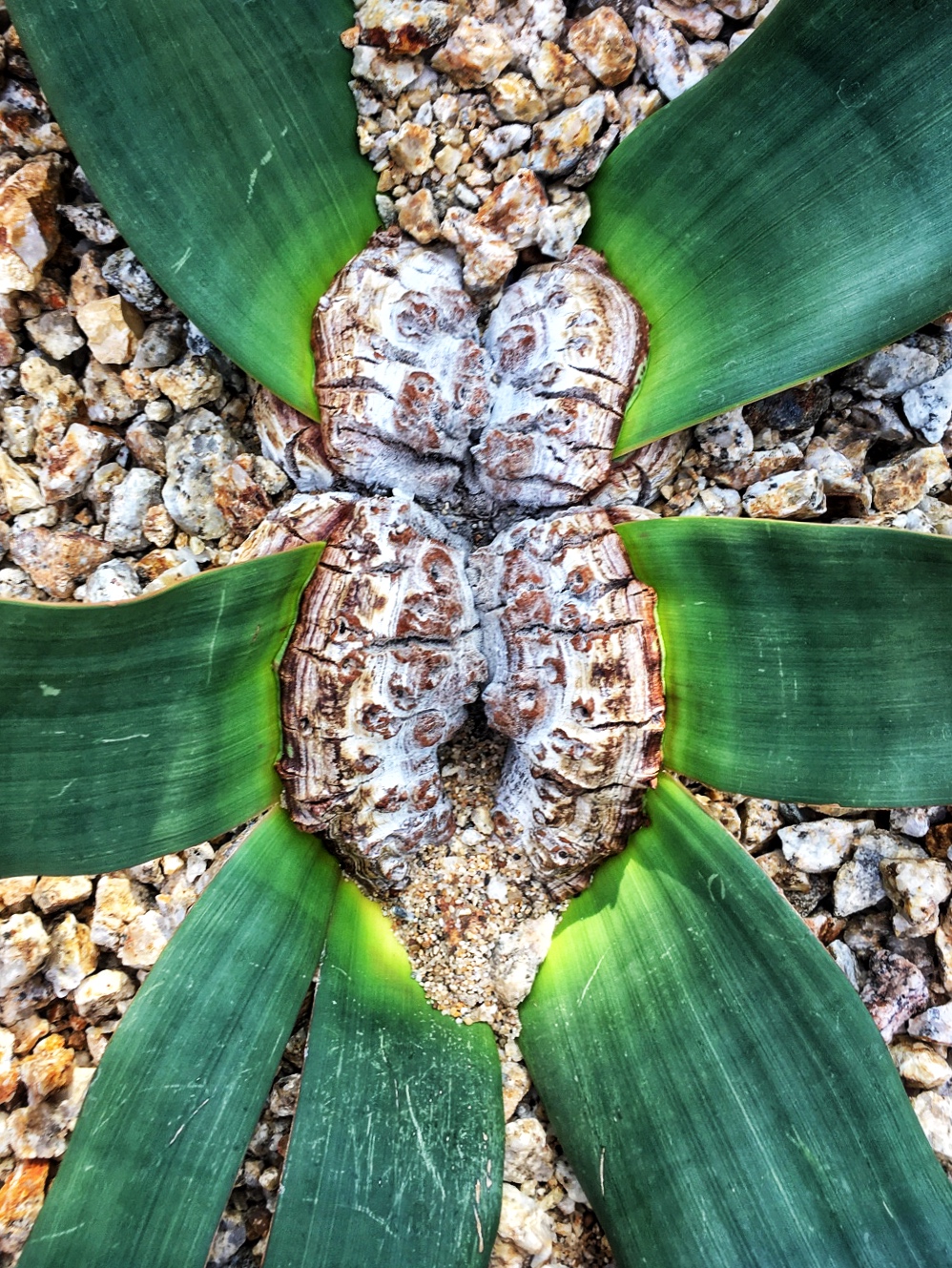
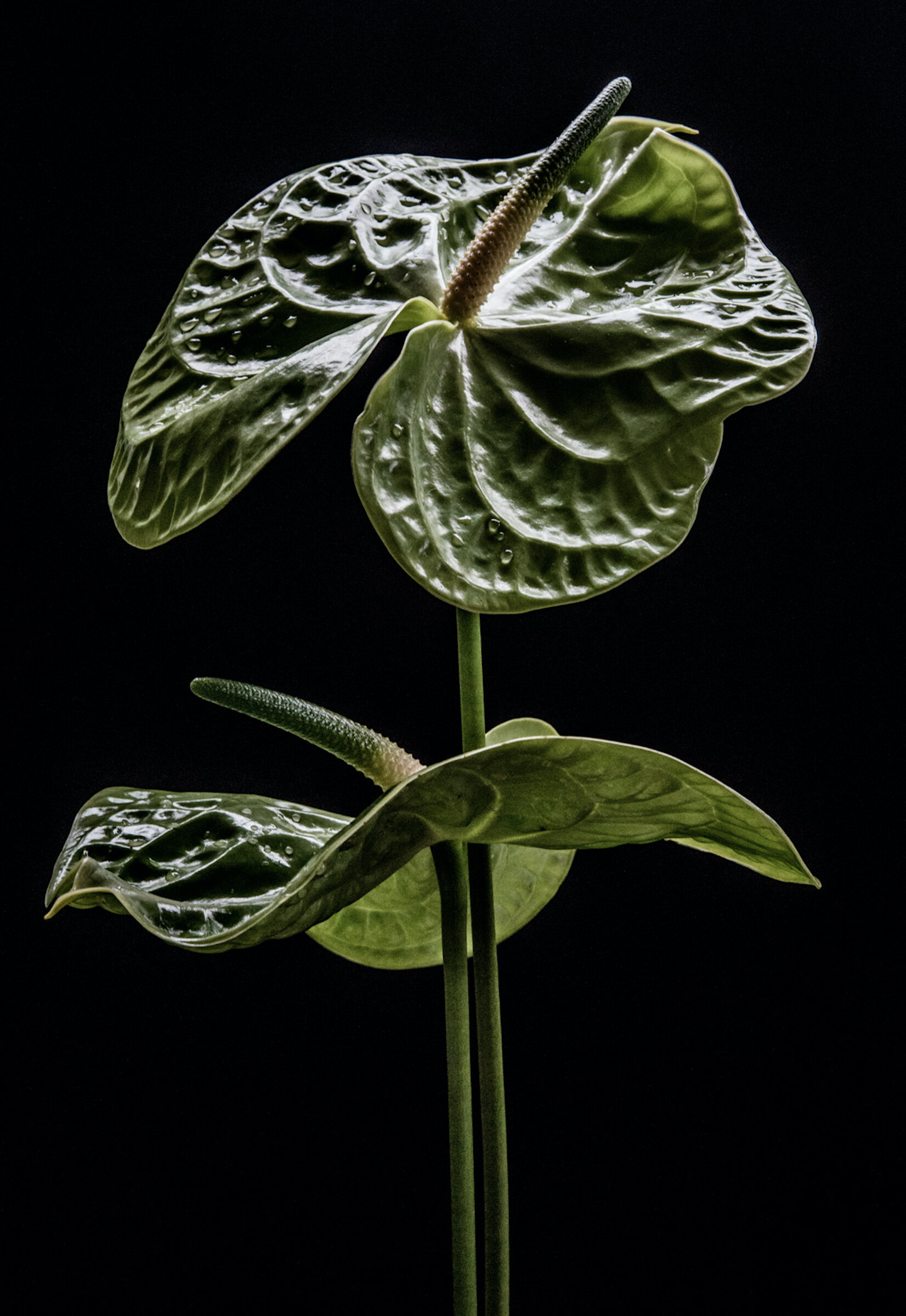
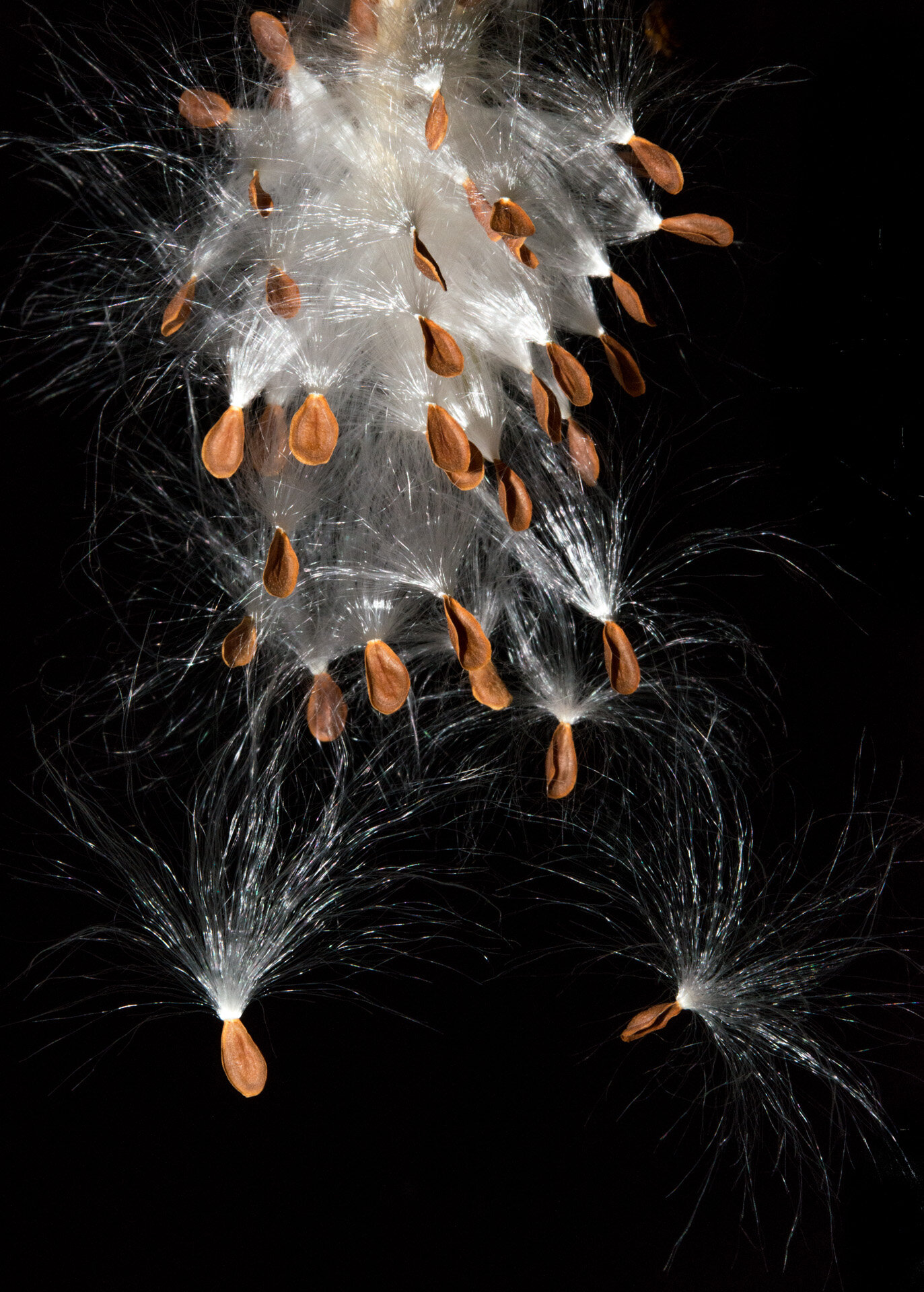
“We were planting seeds of change, the fruit of which we might never see. We had to be patient.”
~ Michelle Obama, Becoming
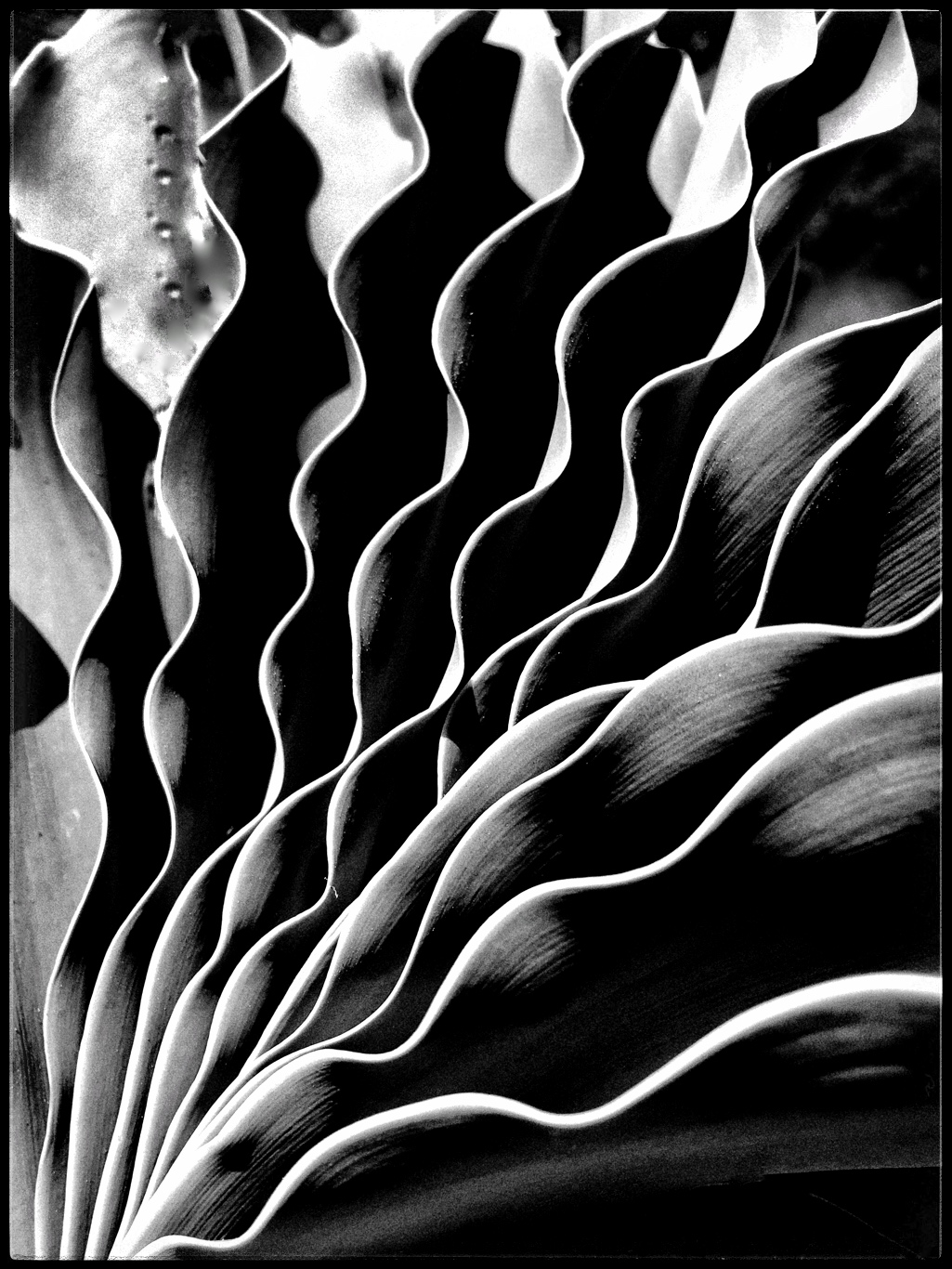
“The great affair, the love affair with life, is to live as variously as possible, to groom one’s curiosity like a high-spirited thoroughbred, climb aboard, and gallp over the the thick, sun-struck hills every day. Where there is no risk, the emotional terrain is flat and unyielding, and, despite all its dimensions, valleys, pinnacles, and detours, life will seem to have none of its magnificent geography, only a length. It began in mystery, and it will end in mystery, but what a savage and beautiful country lies in between.”
~ Diane Ackerman, A Natural History of the Senses
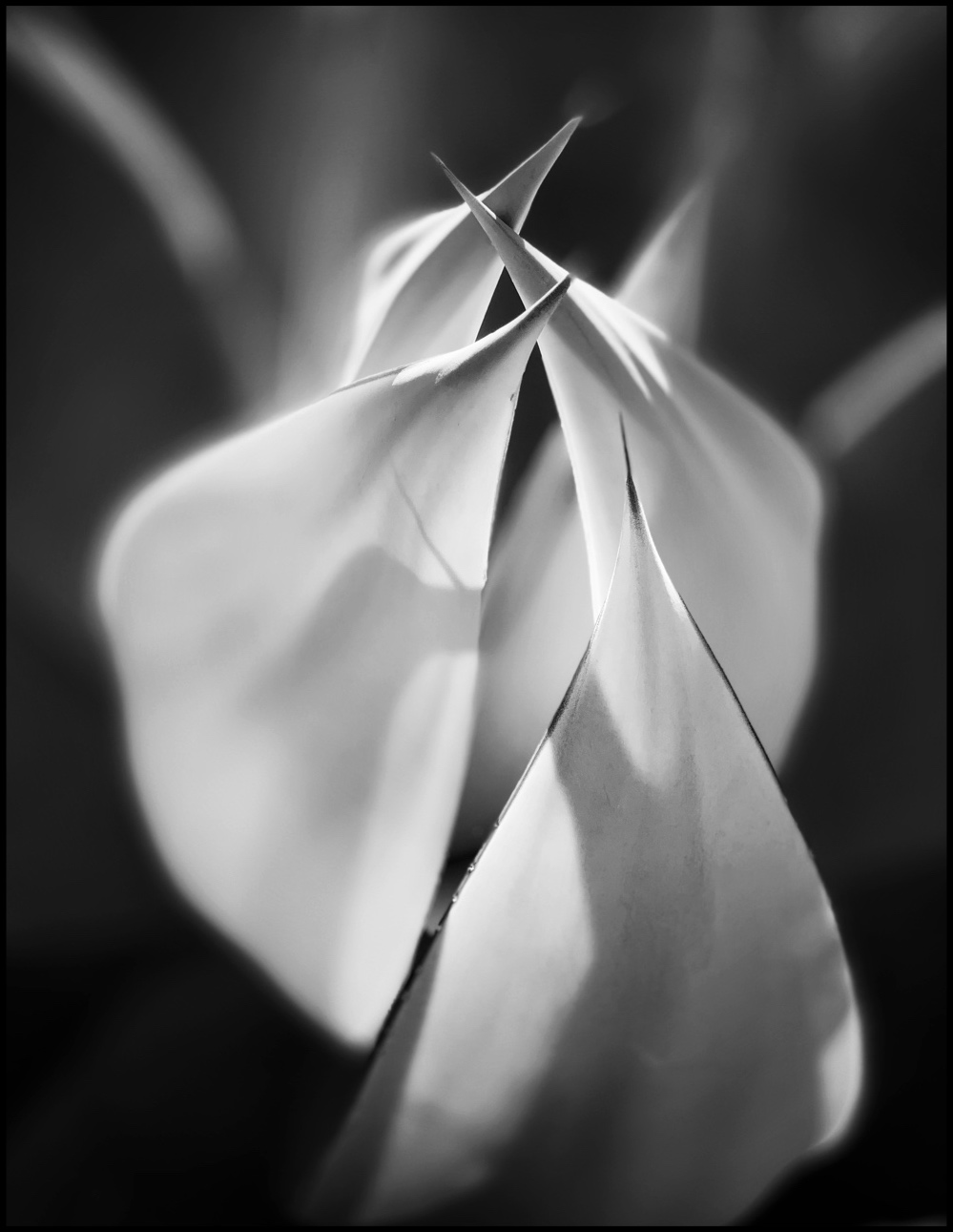
thank you zinnia, and gooseberry, rudbeckia
and pawpaw, Ashmead’s kernel, cockscomb
and scarlet runner, feverfew and lemonbalm;
thank you knitbone and sweetgrass and sunchoke
and false indigo whose petals stammered apart
by bumblebees good lord please give me a minute…
and moonglow and catkin and crookneck
and painted tongue and seedpod and johnny jump-up;
thank you what in us rackets glad
what gladrackets us;
~ from the catalogue of unabashed gratitude
by ross gay
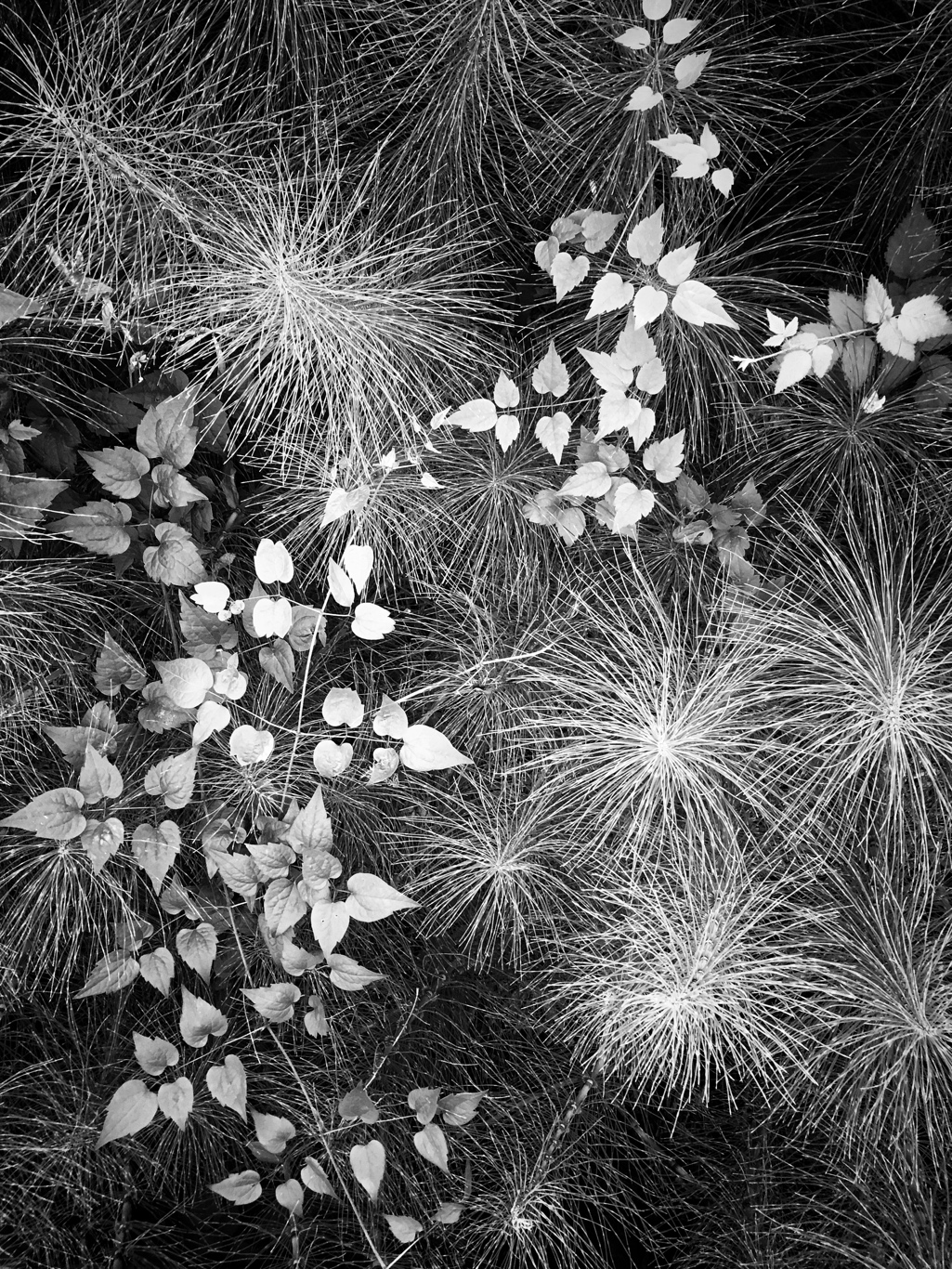
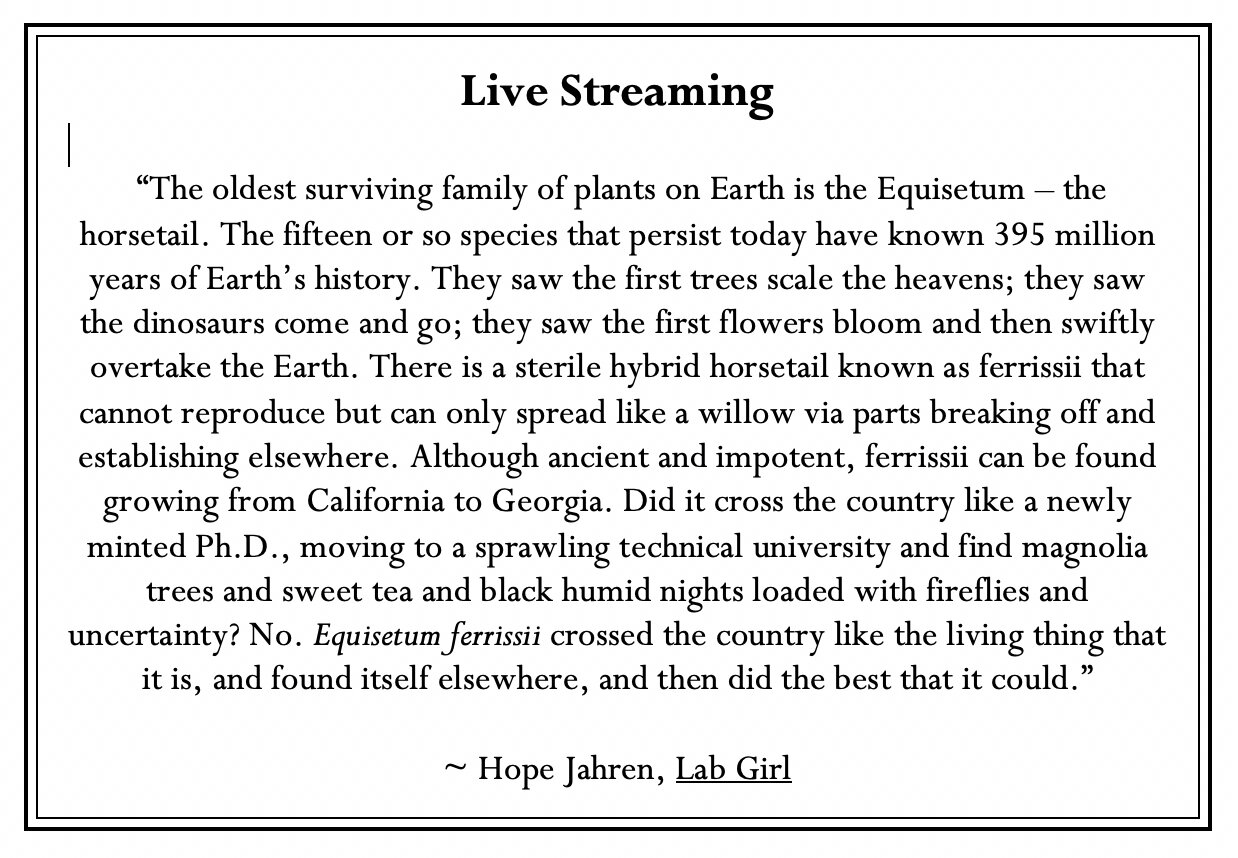
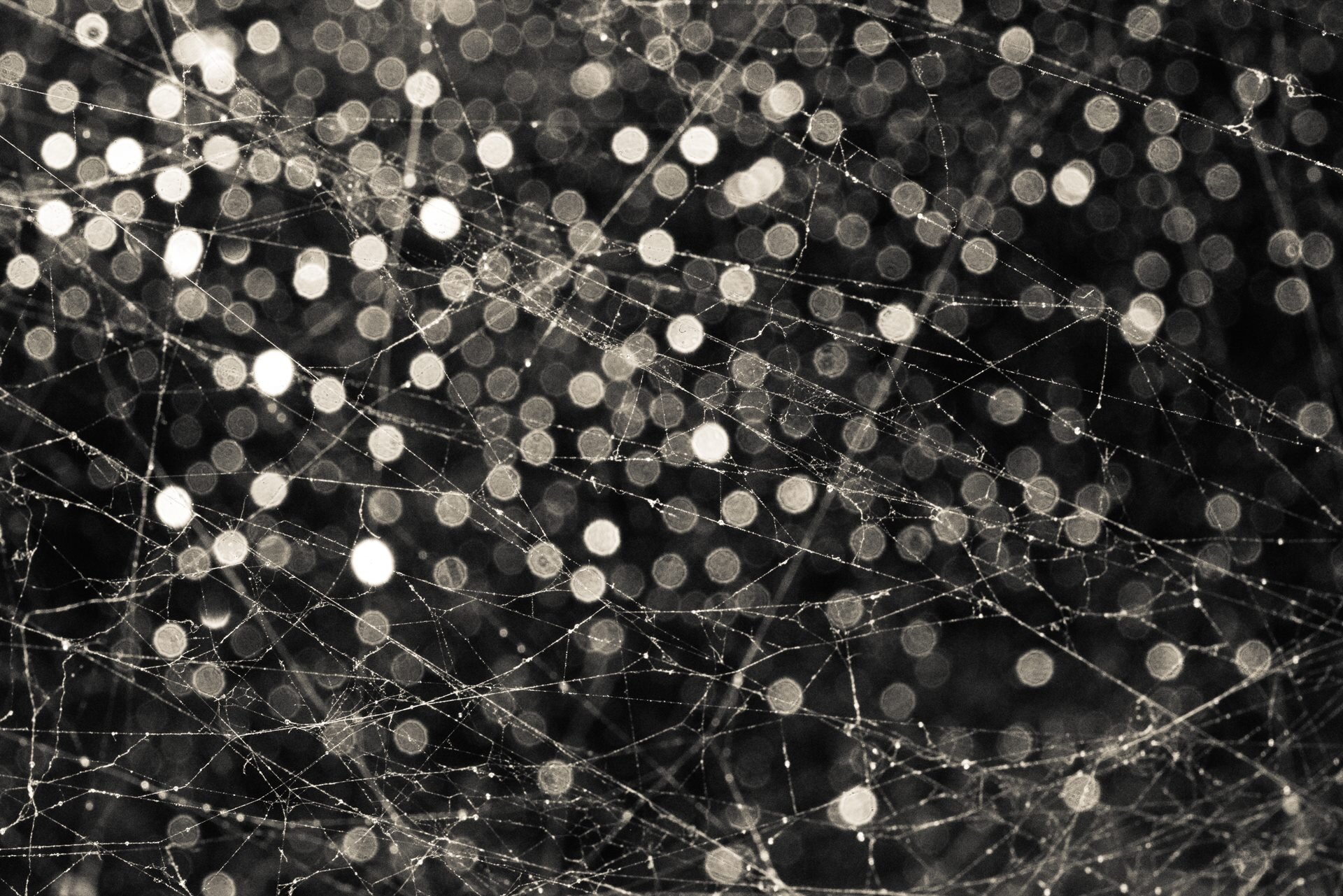
“Light is thus nothing more than a rapid vibration of the spiderweb of Faraday's lines, which ripple like the surface of a lake as the wind blows. It isn't true that we "do not see" Faraday lines. To "see" is to perceive light, and light is the movement of the Faraday lines. Nothing leaps from one location in space to another without something transporting it. If we see a child playing on the beach, it is only because between him and ourselves there is this lake of vibrating lines that transport his image to us. Is the world not marvelous?”
~ Carlo Rovelli, Quantum Gravity
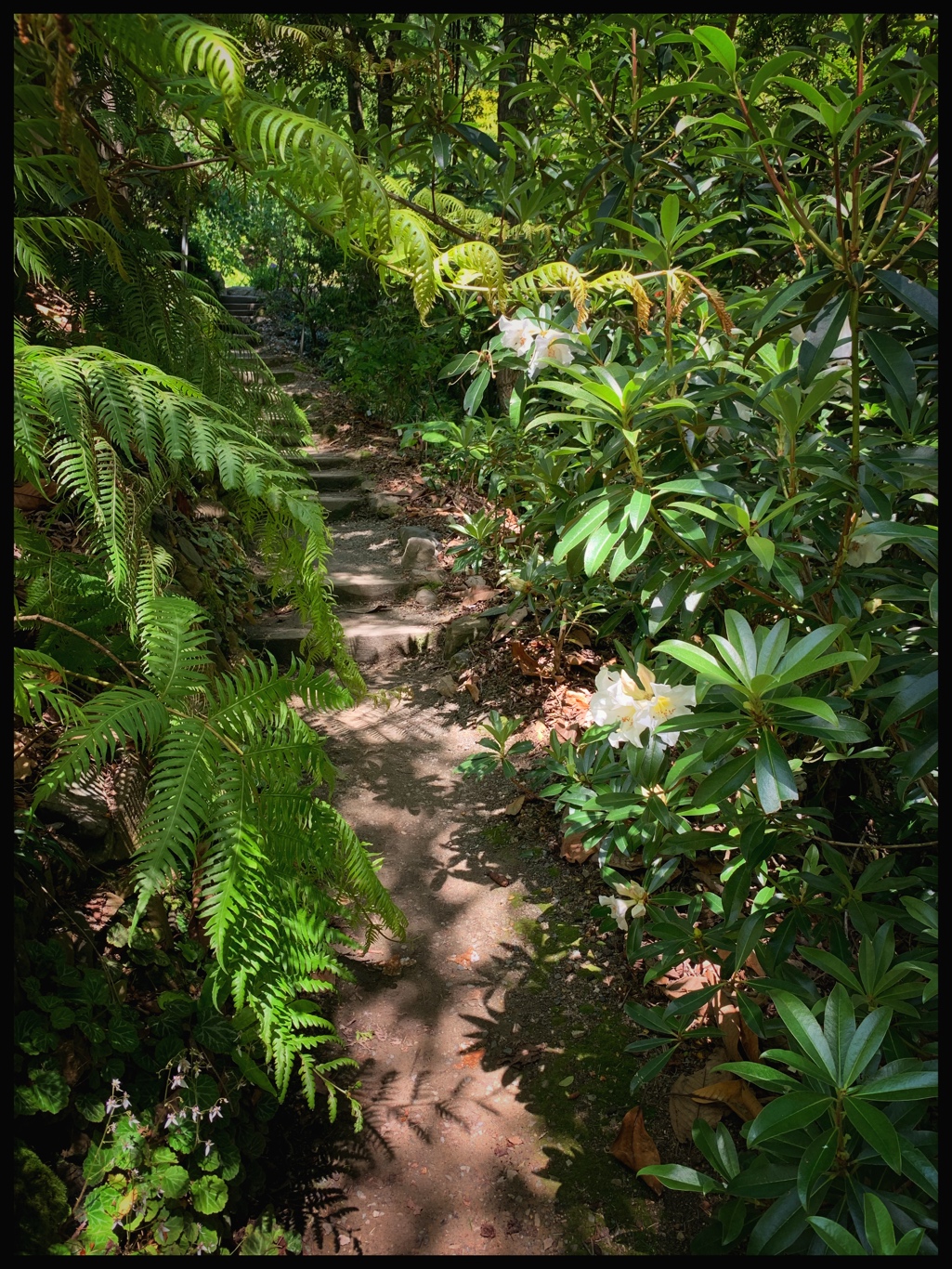
“The best remedy for those who are afraid, lonely or unhappy is to go outside, somewhere where they can be quite alone with the heavens, nature and God. Because only then does one feel that all is as it should be and that God wishes to see people happy, amidst the simple beauty of nature. As longs as this exists, and it certainly always will, I know that then there will always be comfort for every sorrow, whatever the circumstances may be. And I firmly believe that nature brings solace in all troubles.”
~ Anne Frank, The Diary of a Young Girl
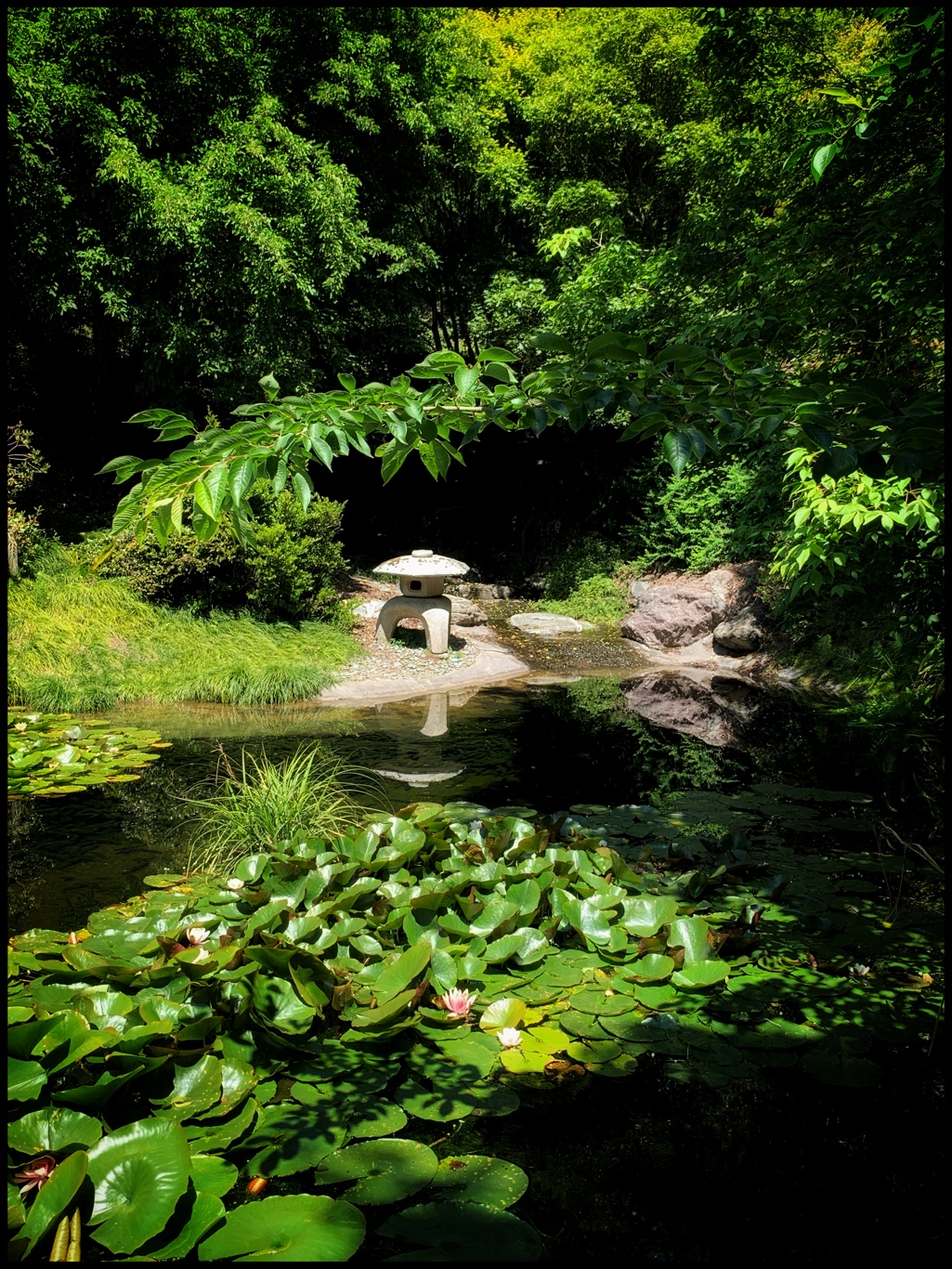
“Look! A trickle of water running through some dirt! I'd say our afternoon just got booked solid!”
~ Bill Watterson, Calvin & Hobbes
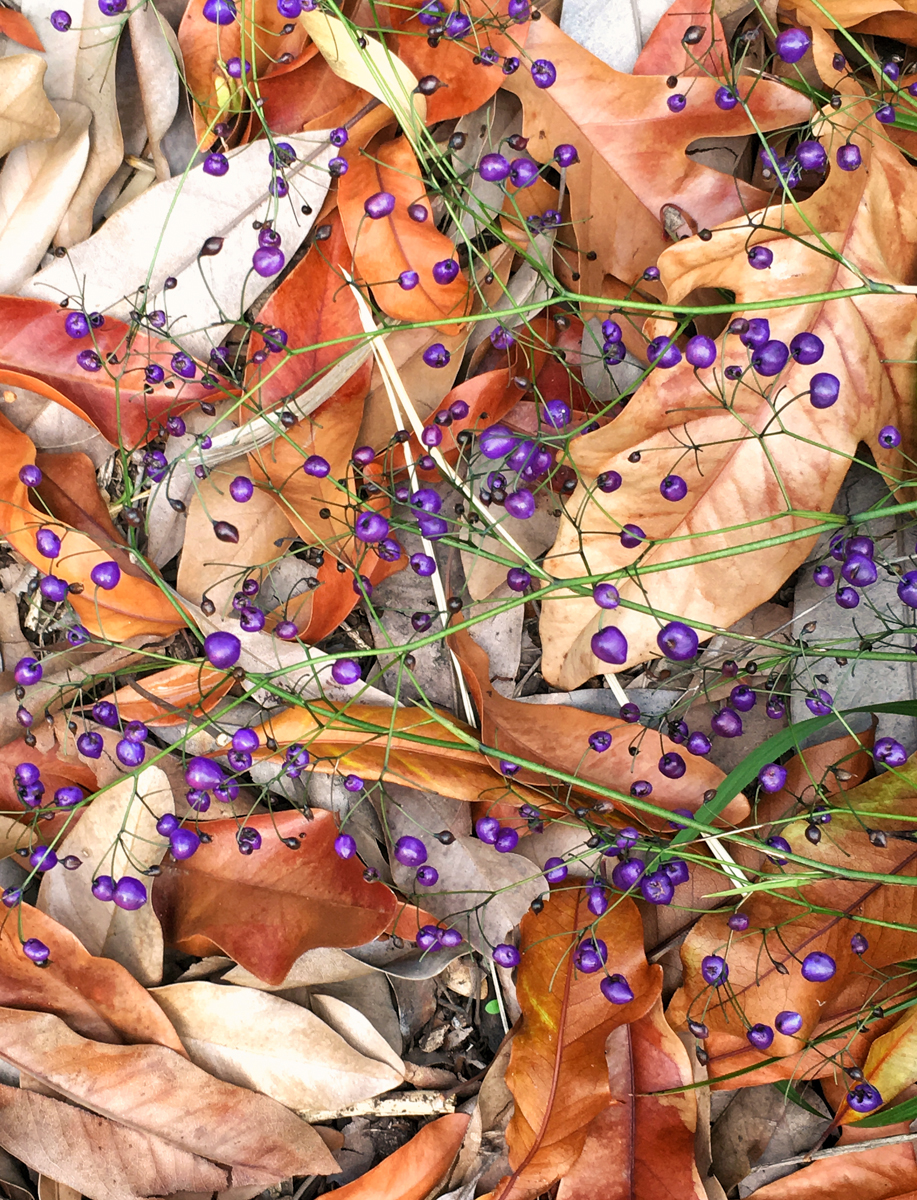
“I try to rely less and less on controlling nature. Instead I am learning to live with it's chaos.”
― David Mas Masumoto, Epitaph for a Peach: Four Seasons on My Family Farm
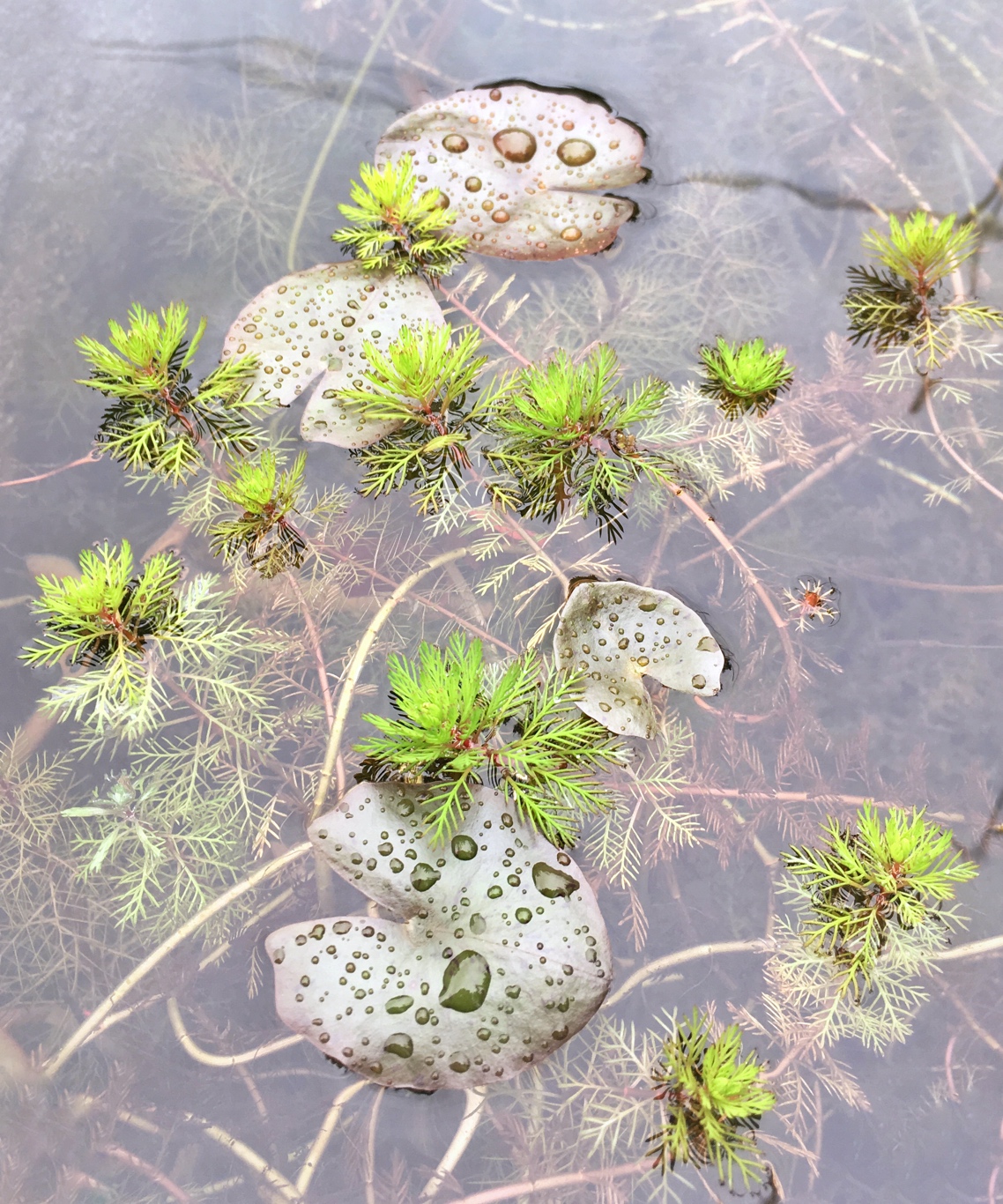
“It has always been a happy thought to me that the creek runs on all night, new every minute, whether I wish it or know it or care, as a closed book on a shelf continues to whisper to itself its own inexhaustible tale.”
― Annie Dillard, Pilgrim at Tinker Creek
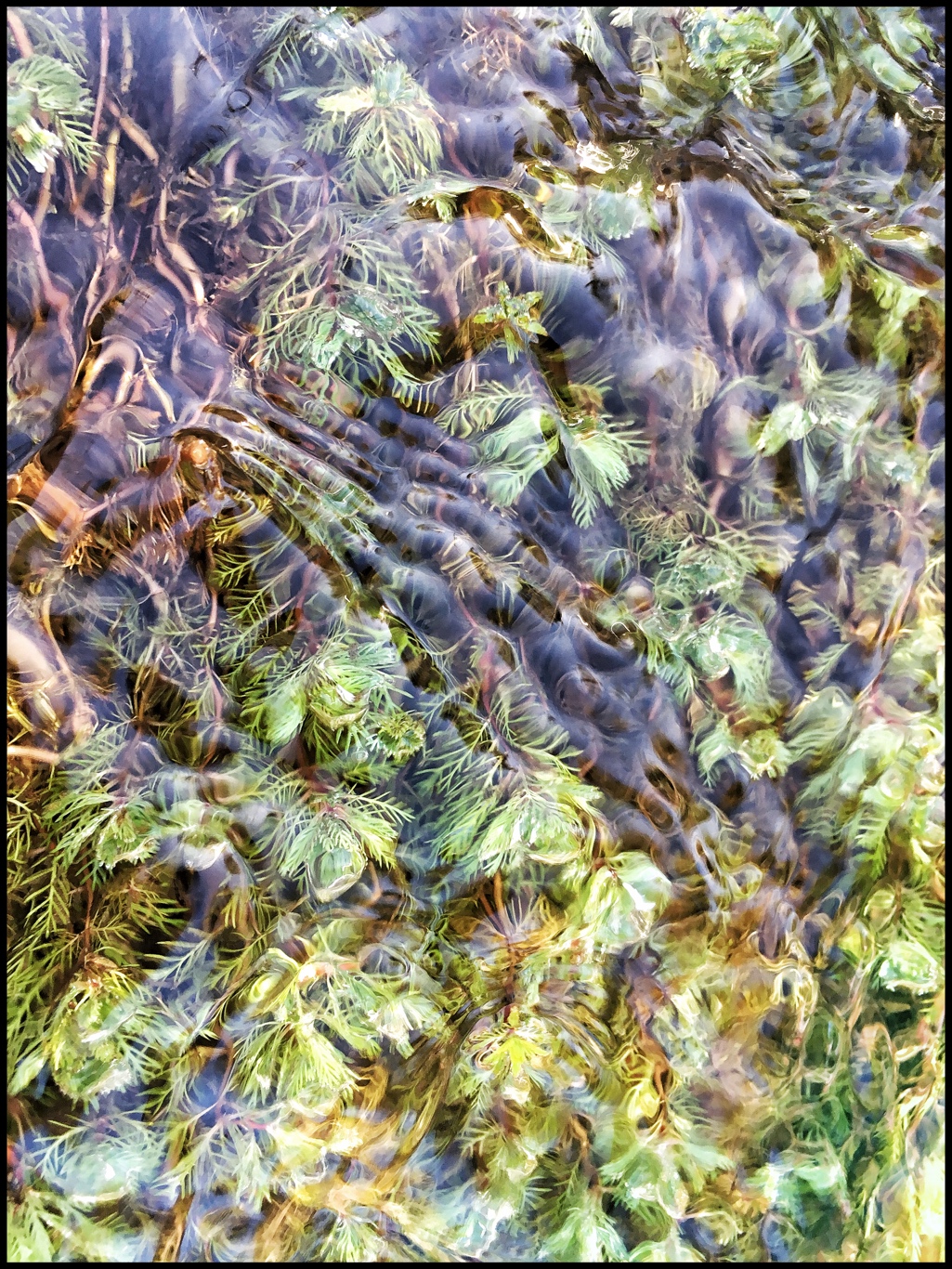
“We carry into our future at least as many responsibilities as we do rights. This is our charge.
We have the right to extract, but we have the responsibility to replenish.
We have the right to develop, but we have the responsibility to restore.
We have the right to inhabit, but we have the responsibility to set aside.
Stewardship is the active management of leaving the more-than-human world to its own functioning devices.”
~ Obi Kaufman , The State of Water: Understanding California’s Most Precious Resource
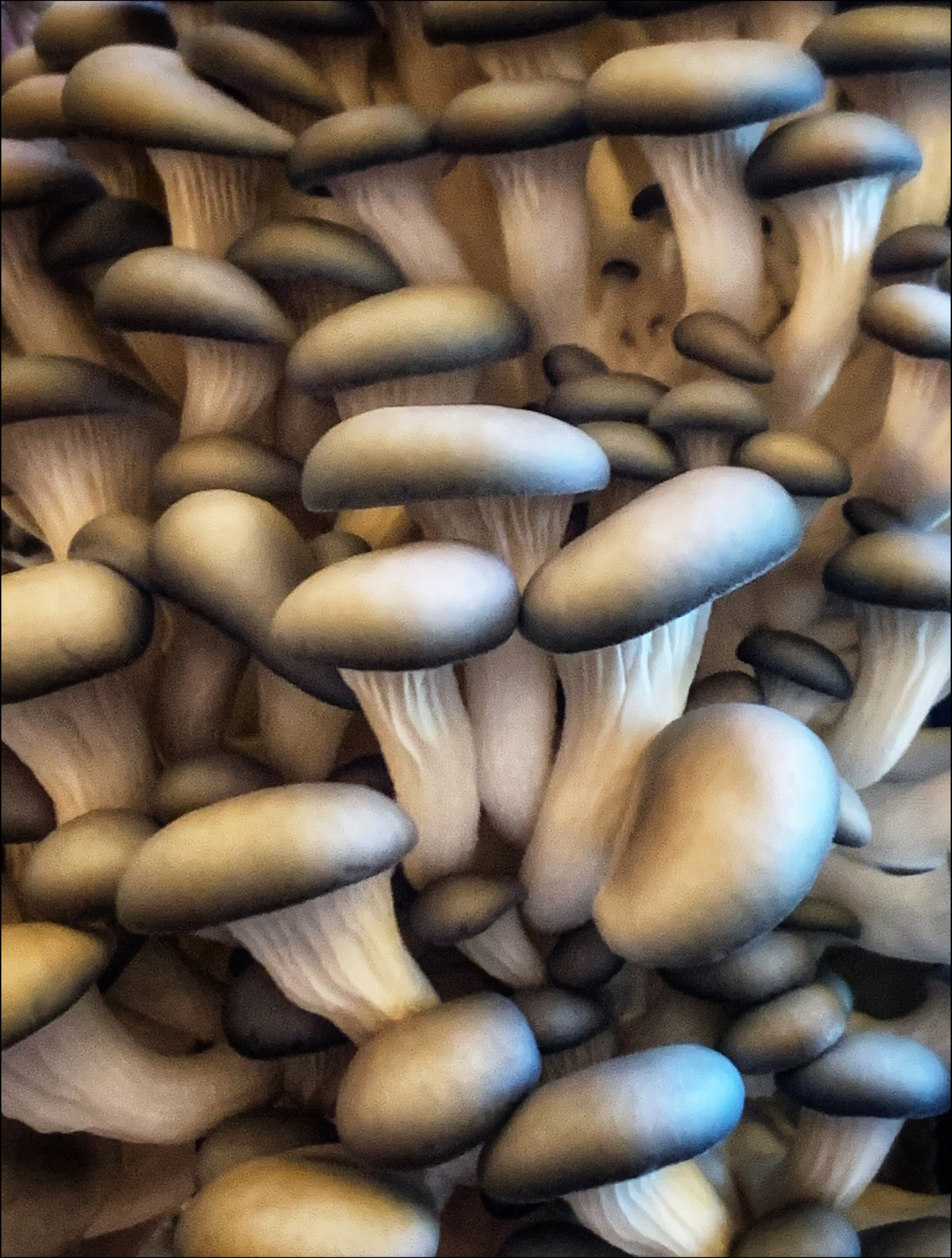
“Life lines are entangled: candy cane and matsutake; matsutake and its host trees; host trees and herbs, mosses, insects, soil bacteria, and forest animals; heaving bumps and mushroom pickers. Matsutake pickers are alert to life lines in the forest; searching with all the senses creates this alertness. It is a form of forest knowledge and appreciation without the completeness of classification. Instead, searching brings us to the liveliness of beings experienced as subjects rather than objects.”
~ Anna Lowenhaupt Tsing, The Mushroom at the End of the World: On the Possibility of Life in Capitalist Ruins
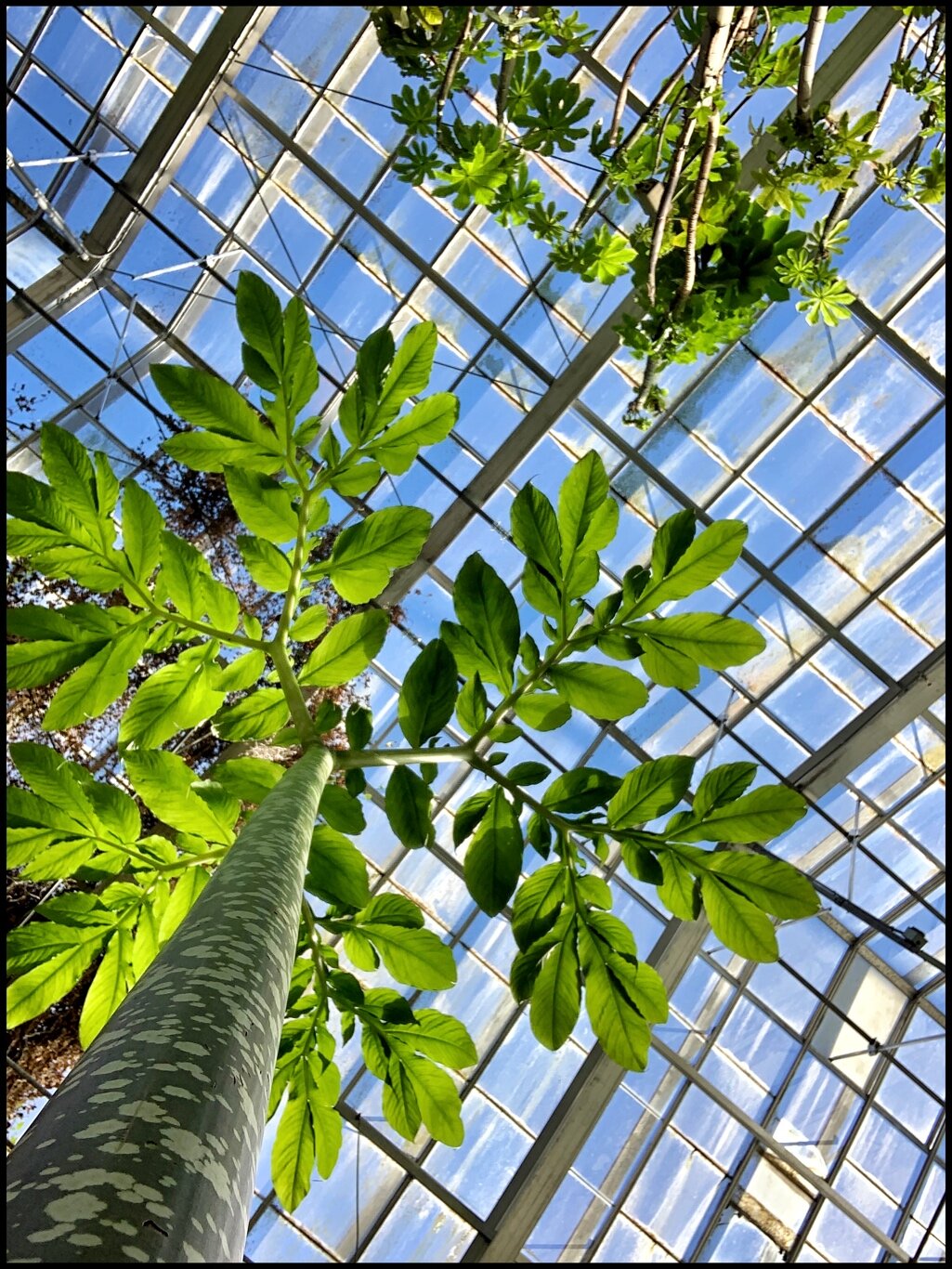
“In that sense, the creek is a reminder that we do not live in a simulation—a streamlined world of products, results, experiences, reviews—but rather on a giant rock whose other life-forms operate according to an ancient, oozing, almost chthonic logic. Snaking through the midst of the banal everyday is a deep weirdness, a world of flowerings, decompositions, and seepages, of a million crawling things, of spores and lacy fungal filaments, of minerals reacting and things being eaten away—all just on the other side of the chain-link fence.”
~ Jenny Odell, How to Do Nothing: Resisting the Attention Economy
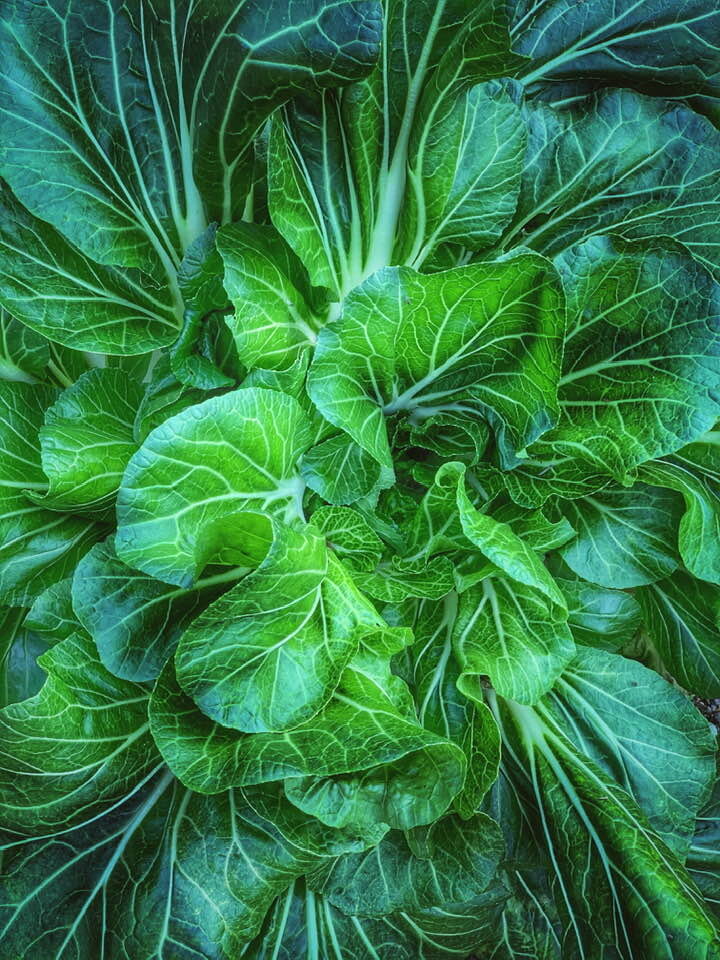
“It was as though the plants wanted me to write a different kind of book and sent gentle roots deep into my brain. They wanted me to fully acknowledge their importance in human history, their amazing powers of healing, the nourishment they provide, their ability to harm if we misused them, and, ultimately, our dependence on the plant kingdom. The plants seemed to want me to share with the world my own understanding of their beingness, so that people might better honor them as important partners in so many of our endeavors.”
~ Jane Goodall, Seeds of Hope: Wisdom and Wonder from the World of Plants
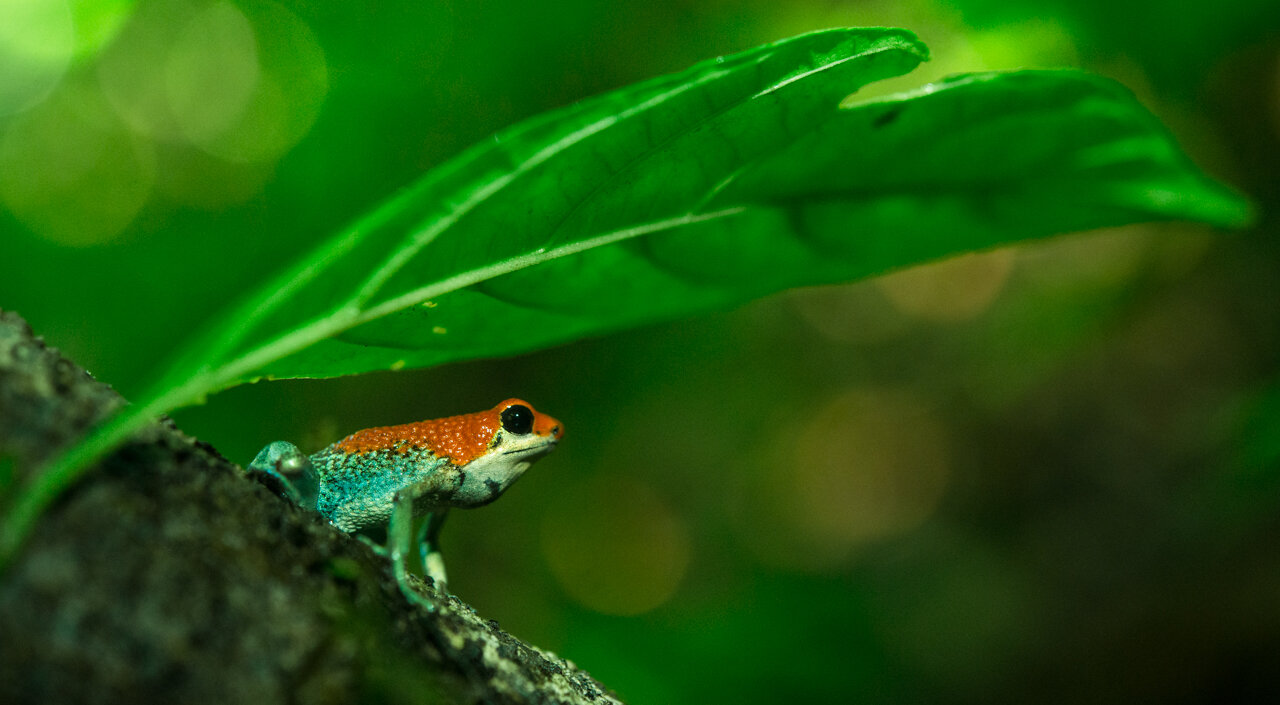
“For most of the year, the Mojave River is hidden. Retreating underground only to rise in a few protected canyons, the Mojave, like most of the residents who live in ecosystems supported by its waters, is a survivor. For all of its apparent desolation, if you stand chest high among the reeds of Afton Canyon, deep in Mojave Trails National Monument, on a cool spring evening and listen to the frogs sing to the sunset, you’ll forget what all the survival fuss is about.”
~ Obi Kaufman, The California Field Atlas
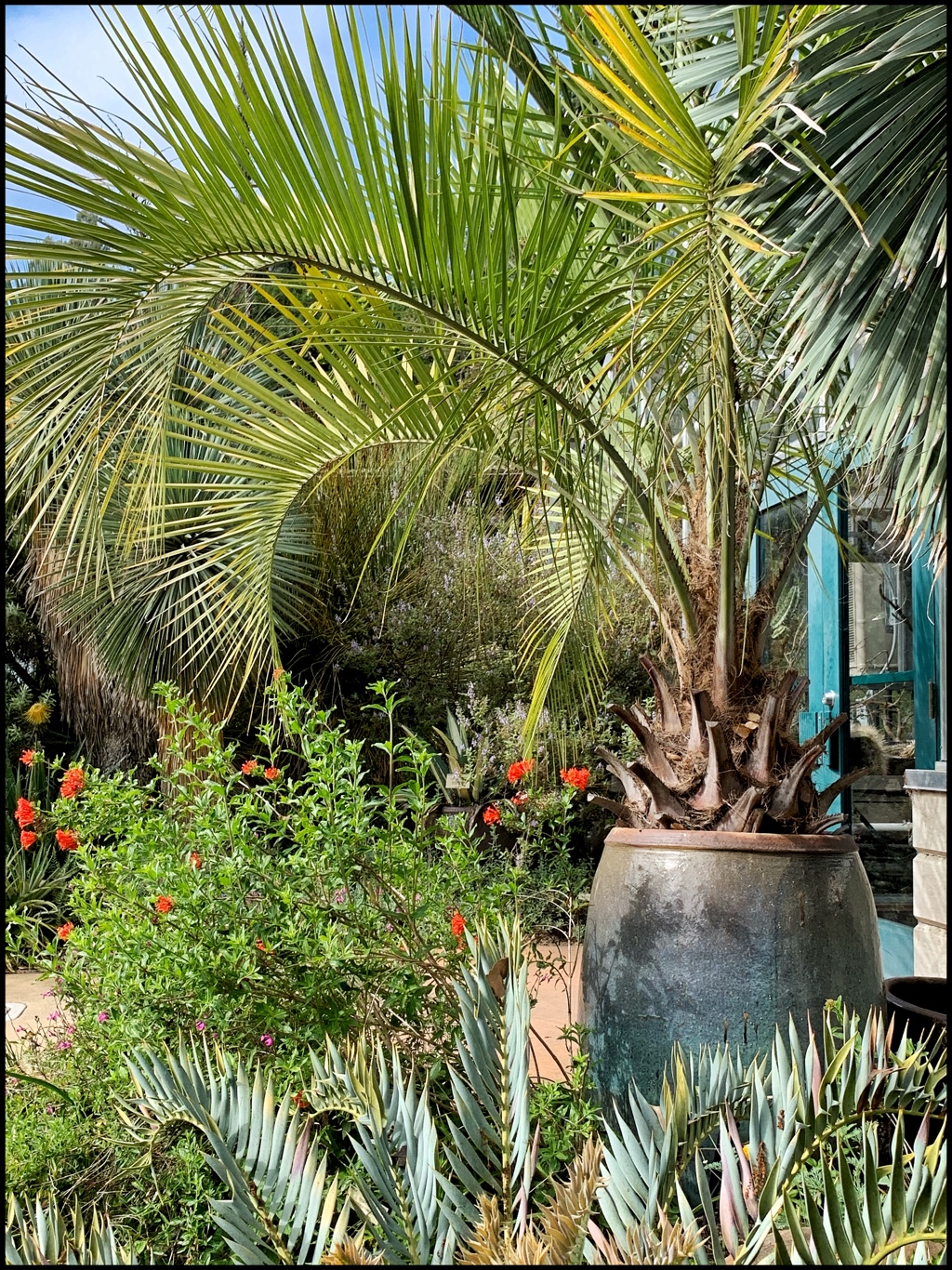
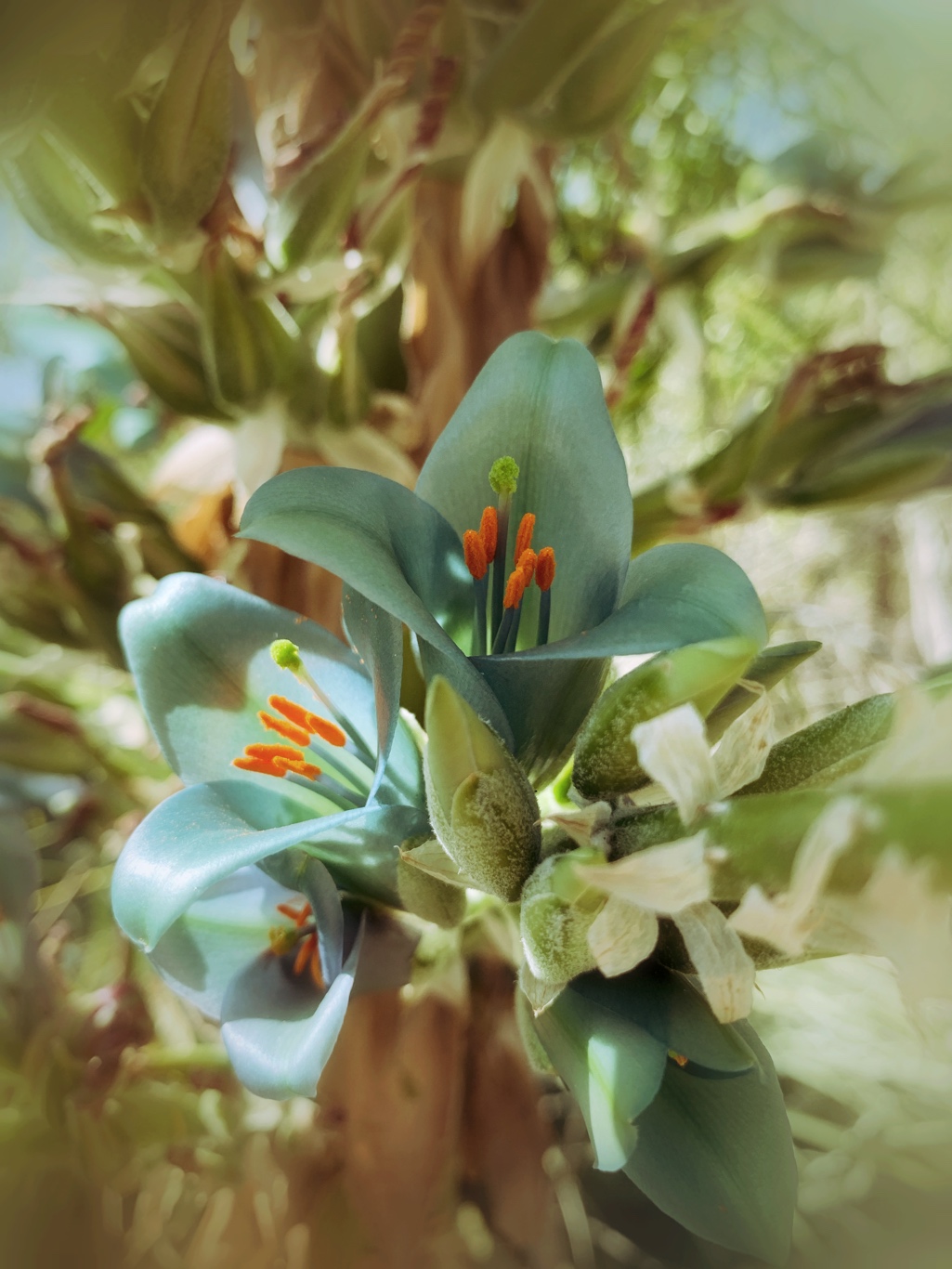
“Eternity can be found in the minuscule, in the place where earthworms, along with billions of unseen soil-dwelling microorganisms, engage in a complex and little-understood dance with the tangle of plant roots that make up their gardens, their cities.”
~ Amy Stewart, author of Wicked Plants
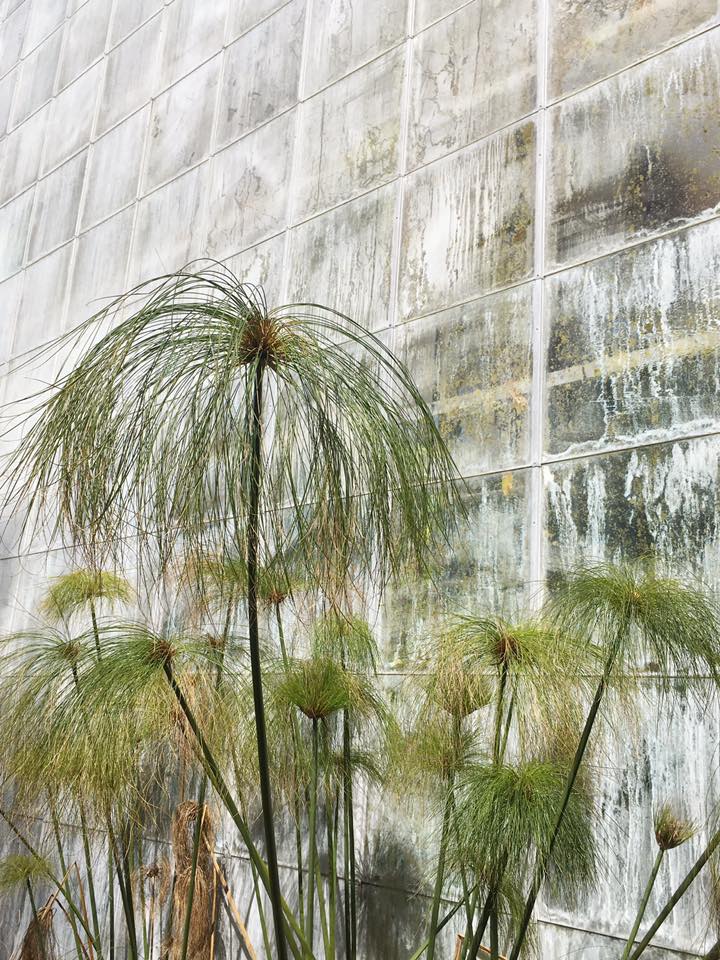
“Pause in your reading. Forget the words, the font, and the images, and run your fingers down the page. Feel the paper. What you feel are trees, shipped across the world, then chipped, pulped, bleached, layered, and delivered, ink-ready to the printer. These fine, smooth sheets represent 5,000 years of development since Cyperus papyrus was first turned into paper…The Egyptians began writing on papyrus about 4,000 years ago, marking our transition from prehistoric to historic.
~ Bill Laws, Fifty Plants that Changed the Course of History
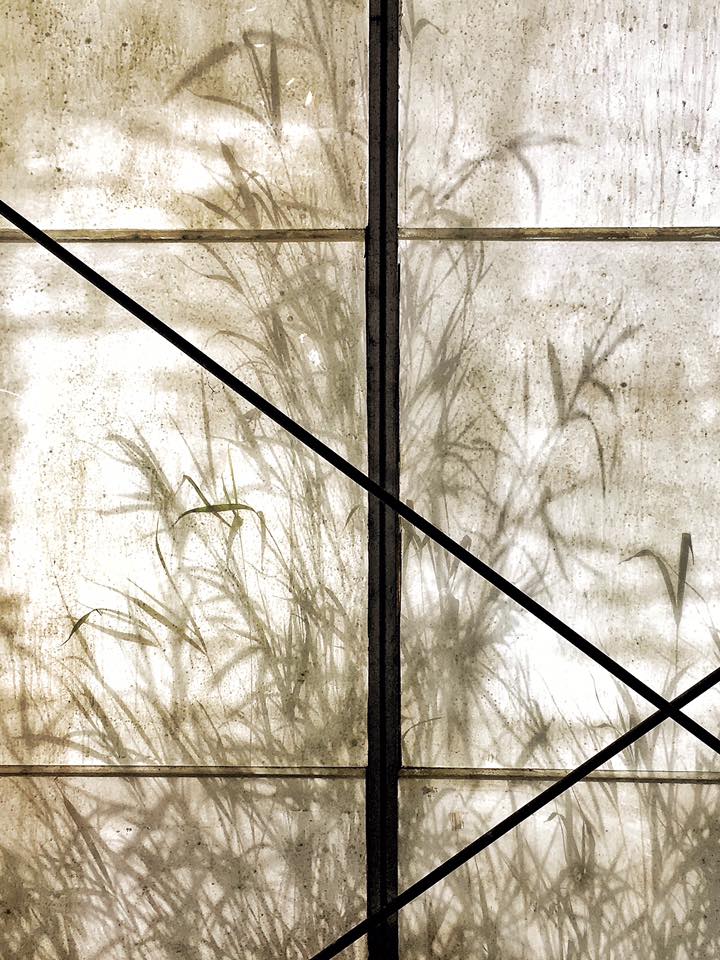
“Weeds – even many intrusive aliens – give something back. They green over the dereliction we have created. They move in to replace more sensitive plants that we have endangered. Their willingness to grow in the most hostile environments – a bombed city, a crack in a wall – means that they insinuate the idea of wild nature into places otherwise quite shorn of it. They are, in this sense, paradoxical. Although they follow and are dependent on human activities, their cussedness and refusal to play by our rules makes them subversive, and the very essence of wildness.”
~ Richard Mabey, Weeds: In Defense of Nature’s Most Unloved Plants
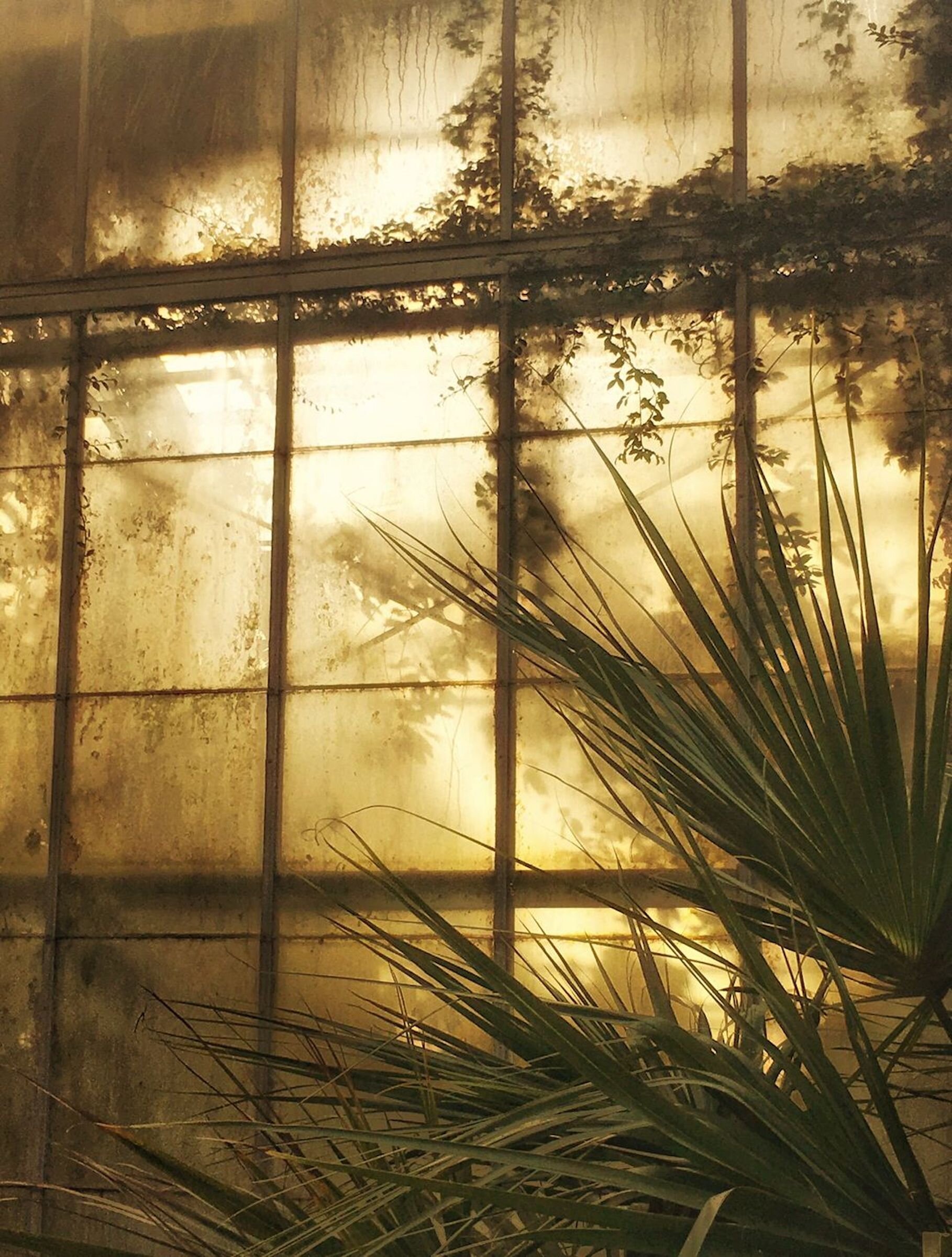
“Silence is not the absence of something but the presence of everything . . . It is the presence of time, undisturbed. It can be felt within the chest. Silence nurtures our nature, our human nature, and lets us know who we are. Left with a more receptive mind and a more attuned ear, we become better listeners not only to nature but to each other. Silence can be carried like embers from a fire. Silence can be found, and silence can find you. Silence can be lost and also recovered. But silence cannot be imagined, although most people think so. To experience the soul-swelling wonder of silence, you must hear it.”
~ Gordon Hempton , One Square Inch of Silence: One Man’s Quest to Preserve Quiet
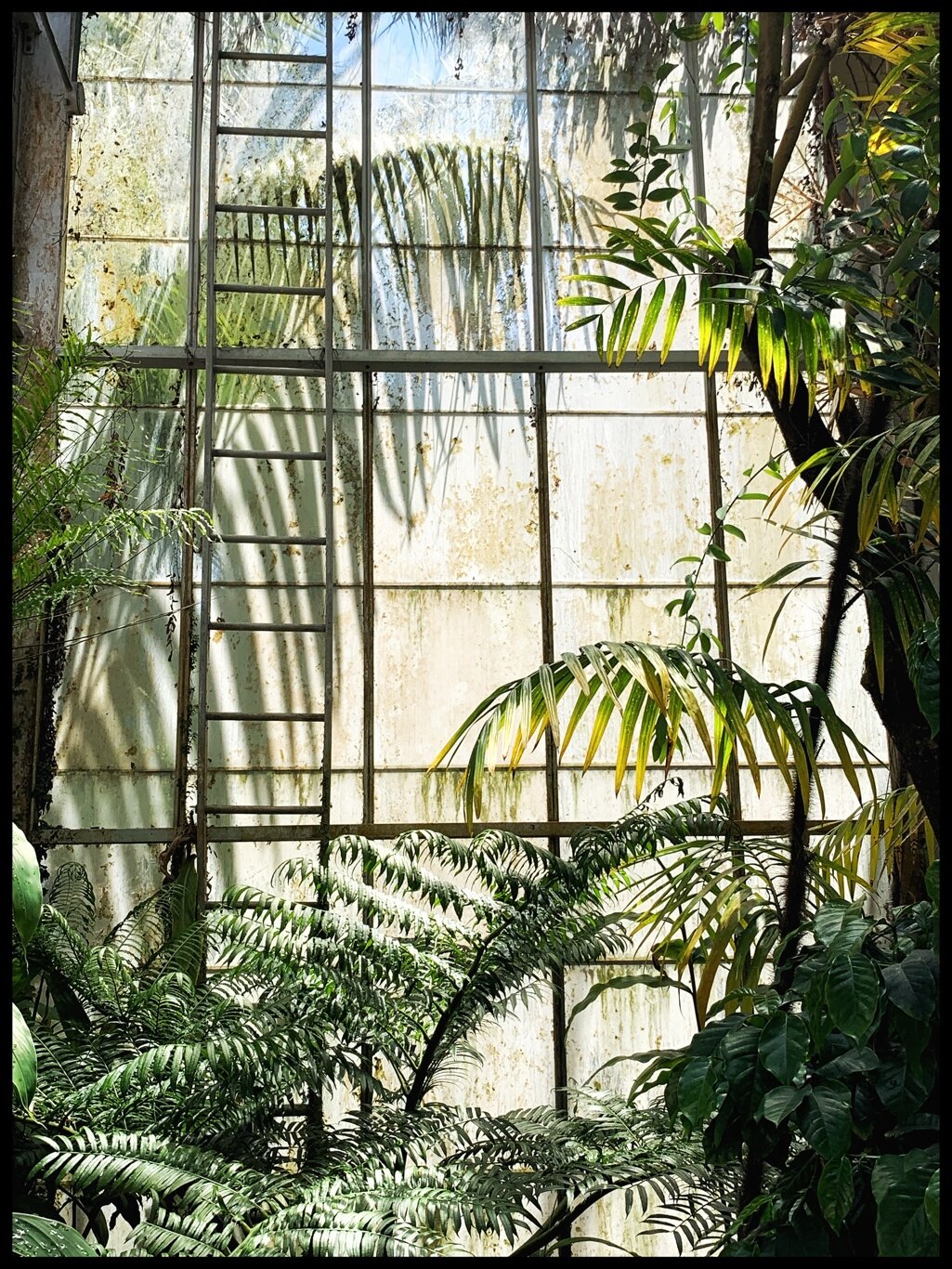
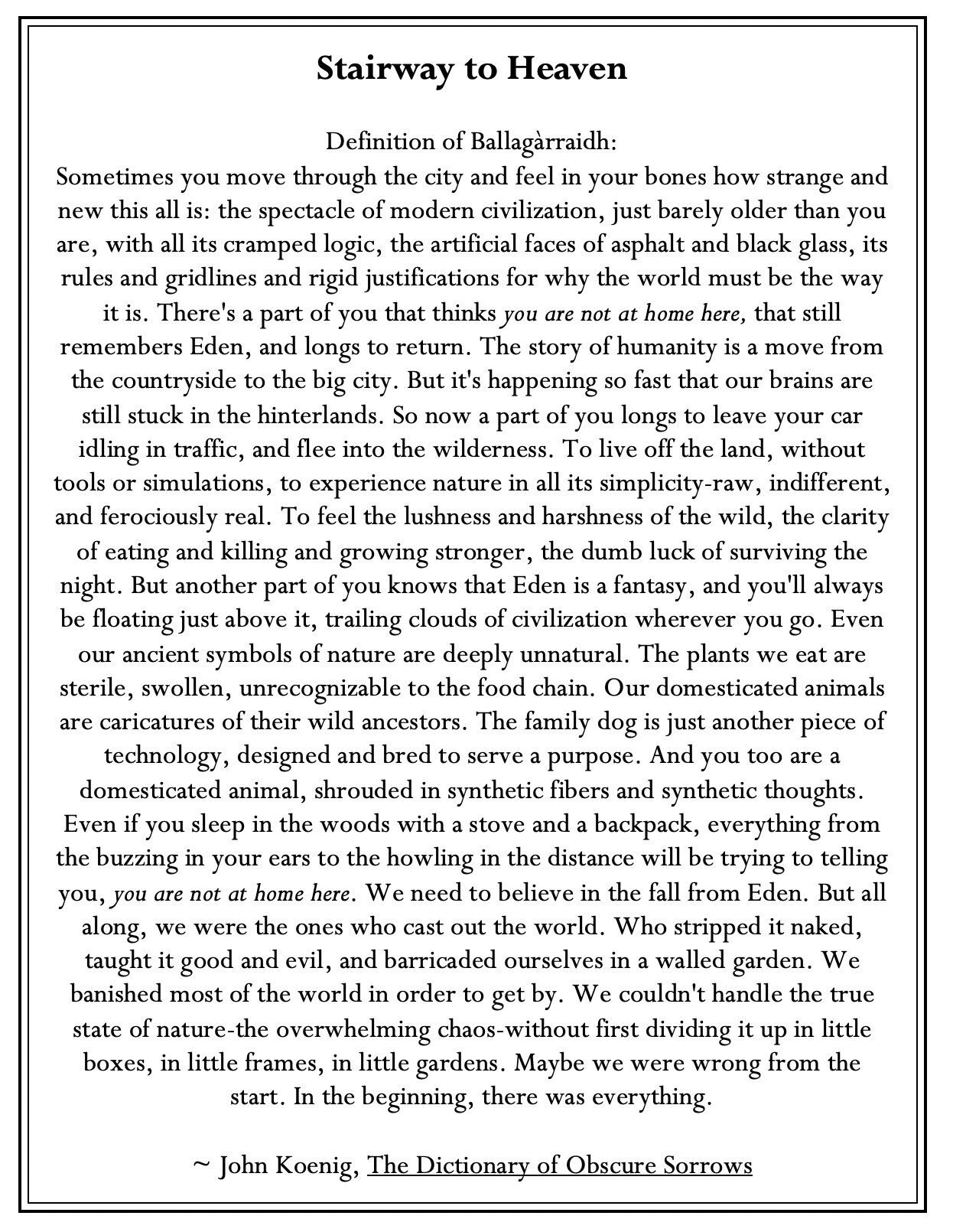
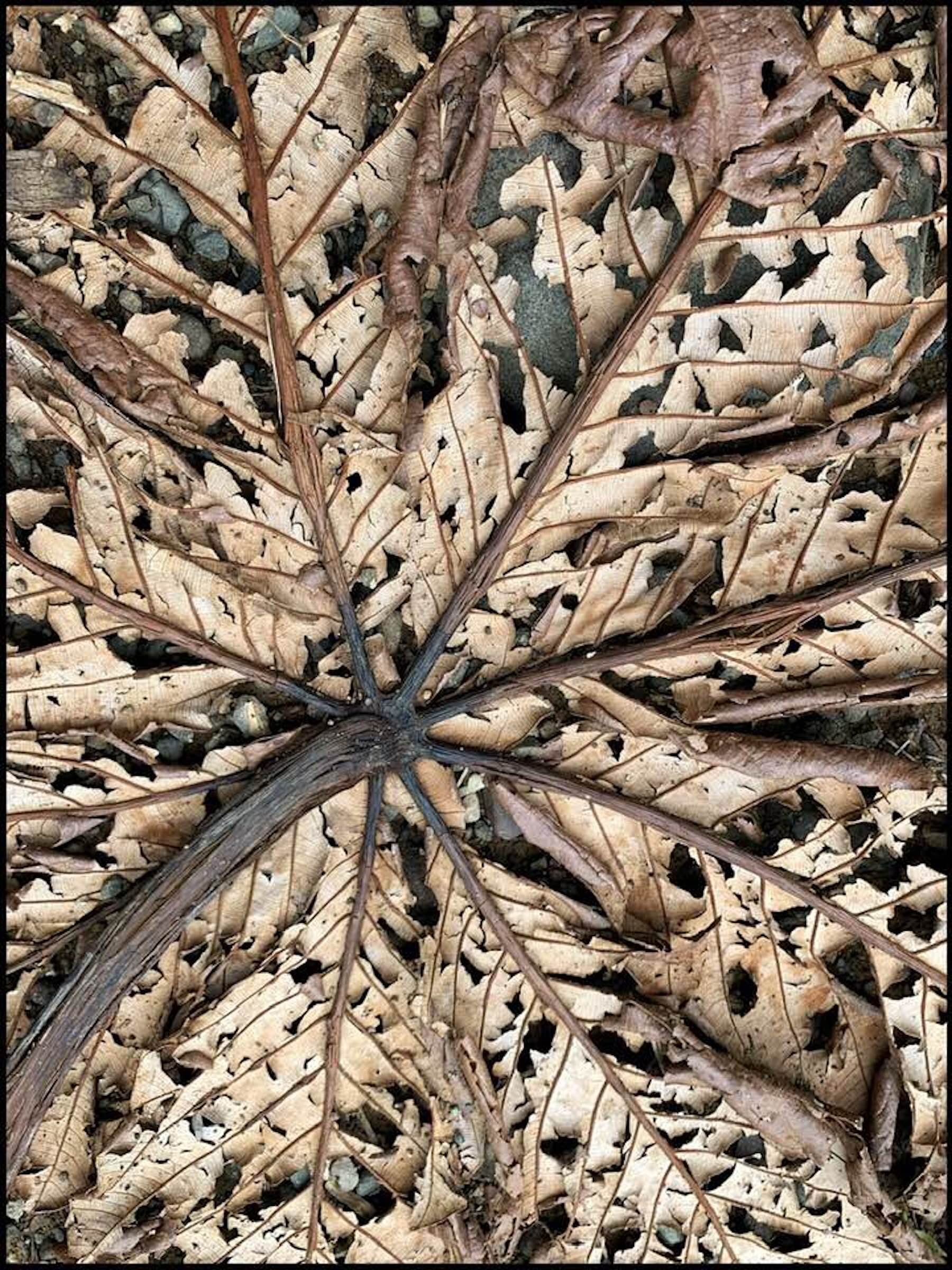
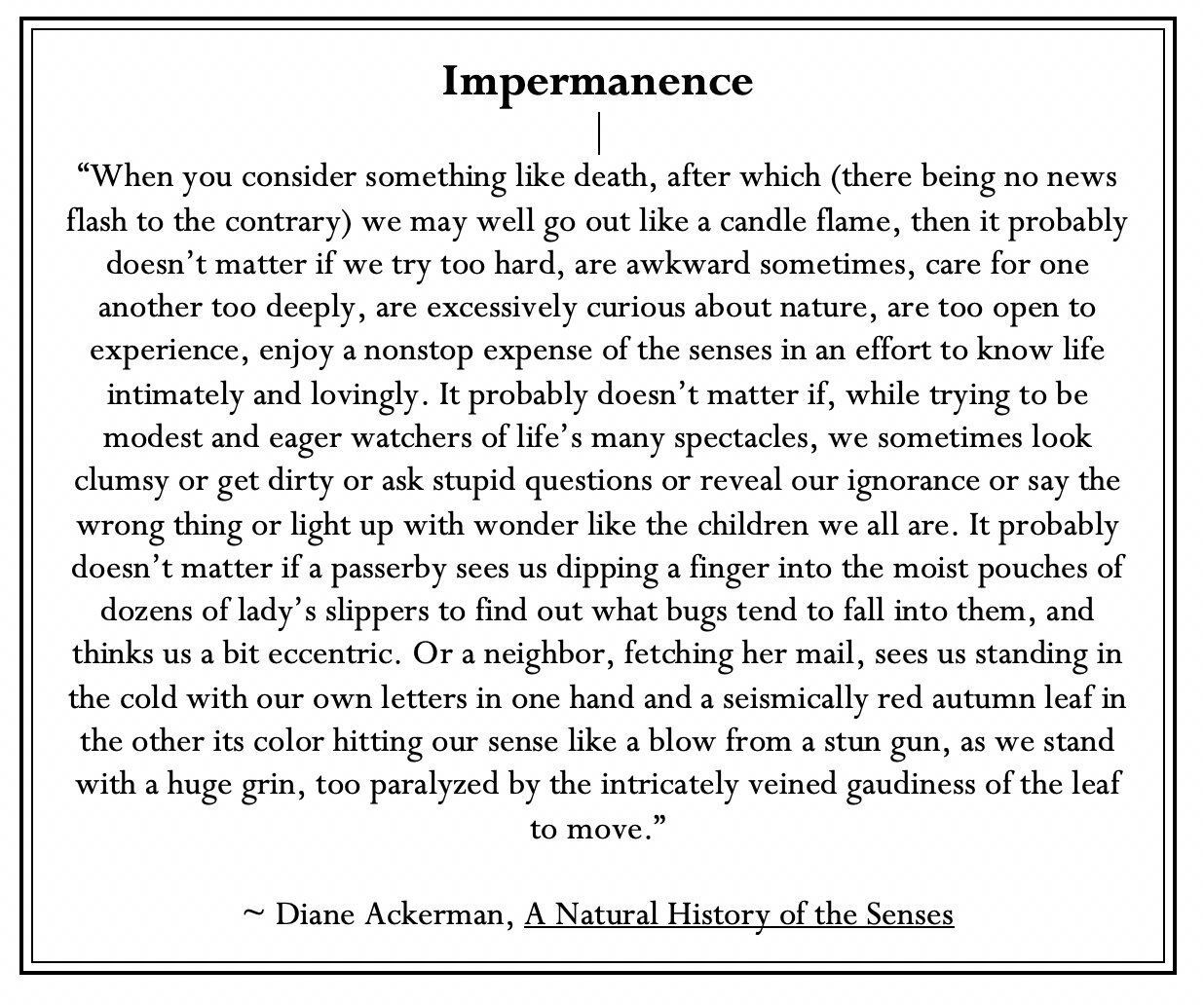
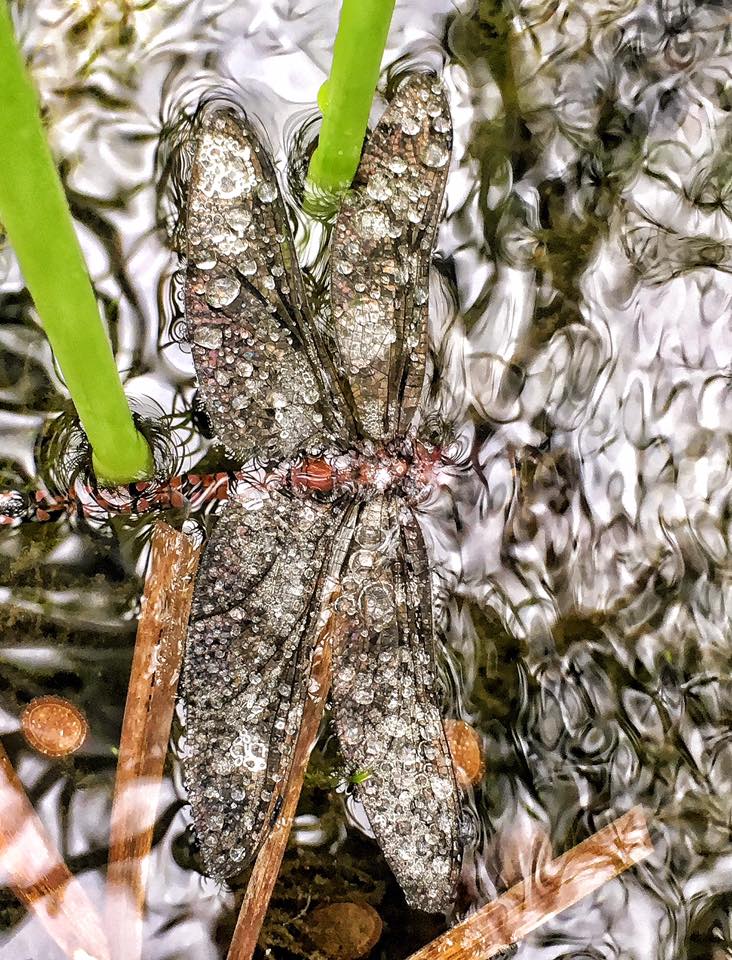
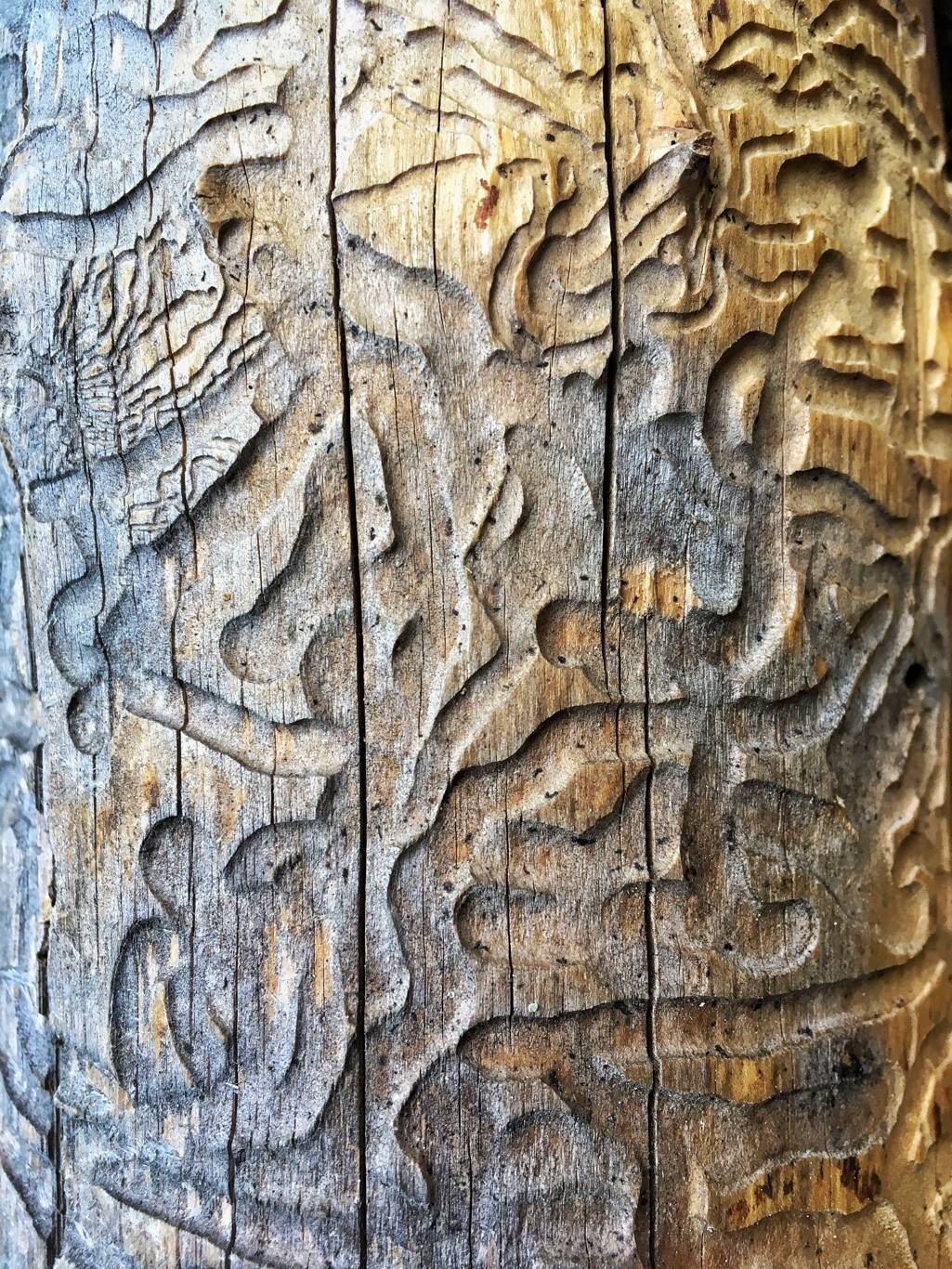
“Our life is a faint tracing on the surface of mystery, like the idle curved tunnels of leaf miners on the face of a leaf. We must somehow take a wider view, look at the whole landscape, really see it, and describe what's going on here. Then we can at least wail the right question into the swaddling band of darkness, or, if it comes to that, choir the proper praise.”
~ Annie Dillard, Pilgrim at Tinker Creek
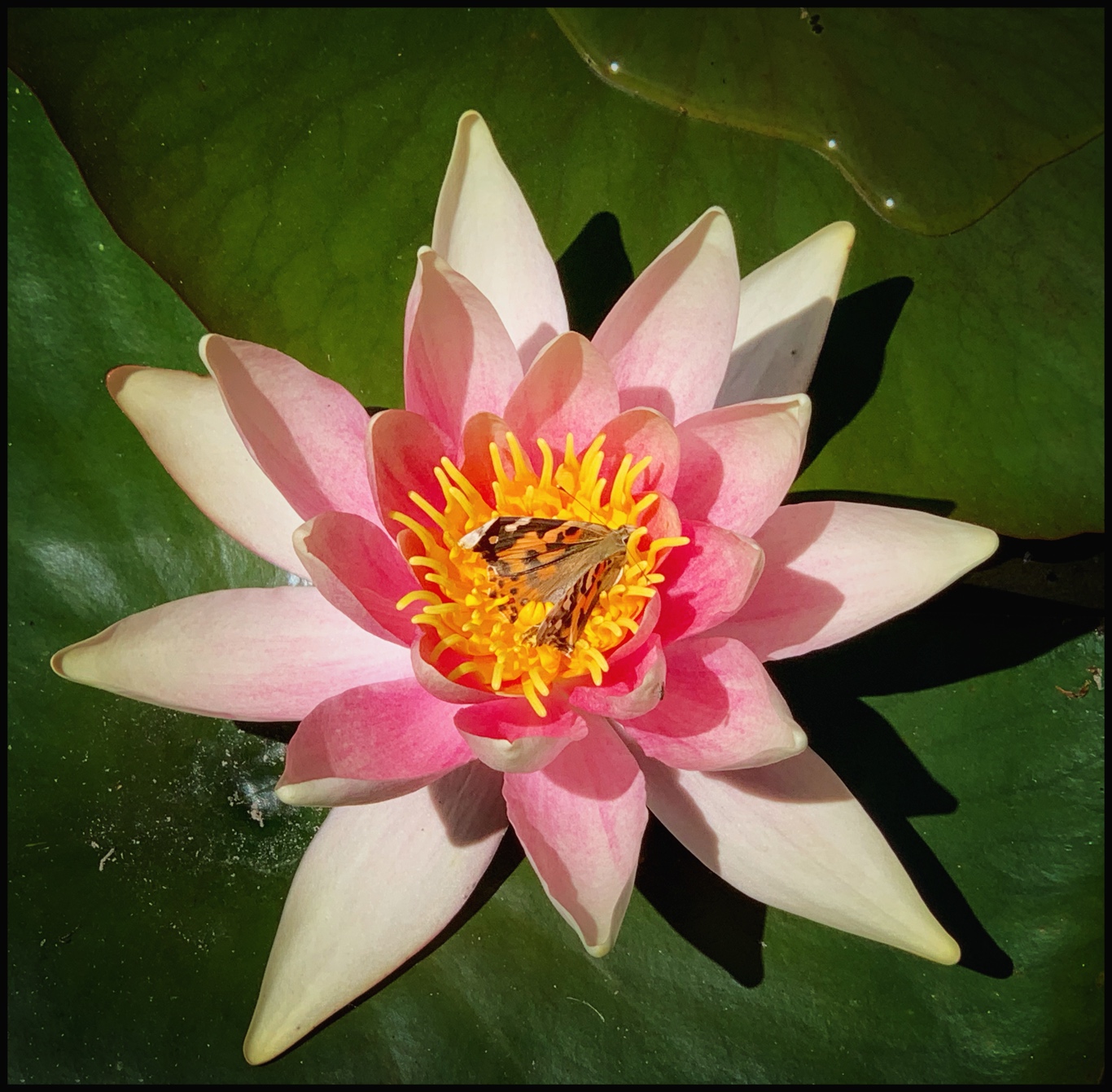
“The view of evolution as a chronic bloody competition among individuals and species, a popular distortion of Darwin’s notion of "survival of the fittest," dissolves before a new view of continual cooperation, strong interaction, and mutual dependence among life forms. Life did not take over the globe by combat, but by networking. Life forms multiplied and complexified by co-opting others, not just by killing them.”
~ Lynn Margulis, What Is Life?

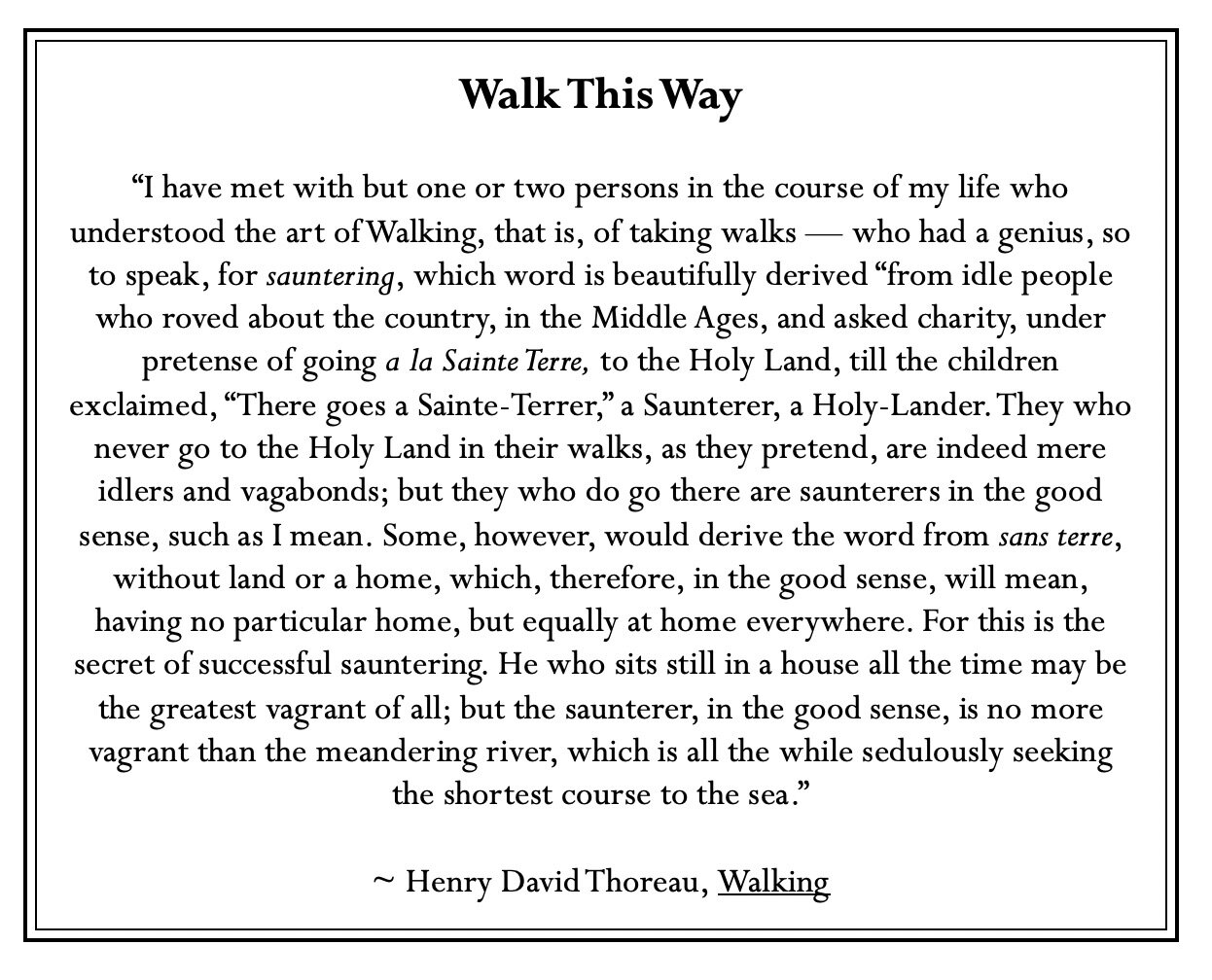

“Through attention and curiosity, we can suspend our tendency toward instrumental understanding—seeing things or people one-dimensionally as the products of their functions—and instead sit with the unfathomable fact of their existence, which opens up toward us but can never be fully grasped or known.”
~ Jenny Odell, How to Do Nothing: Resisting the Attention Economy
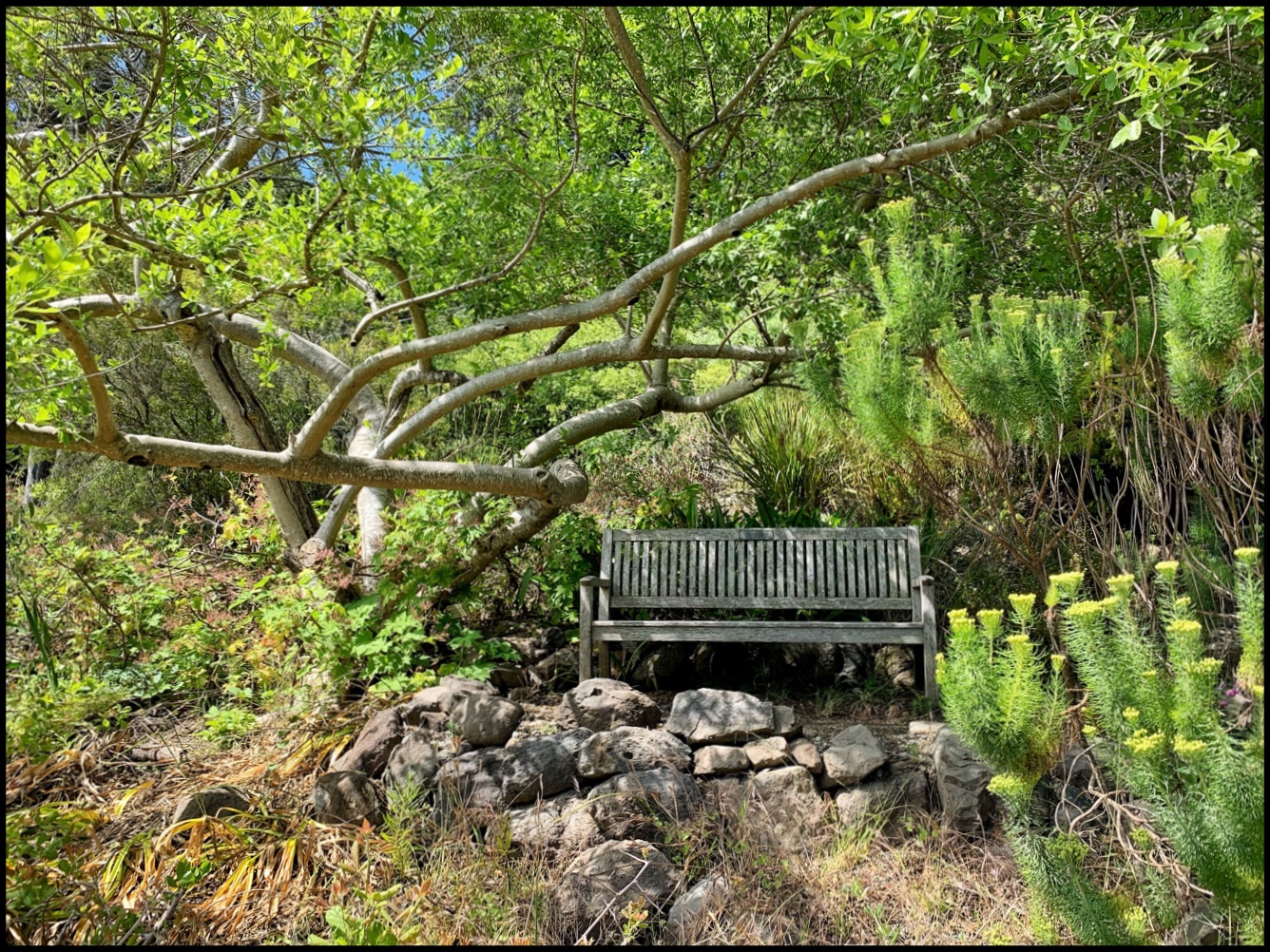
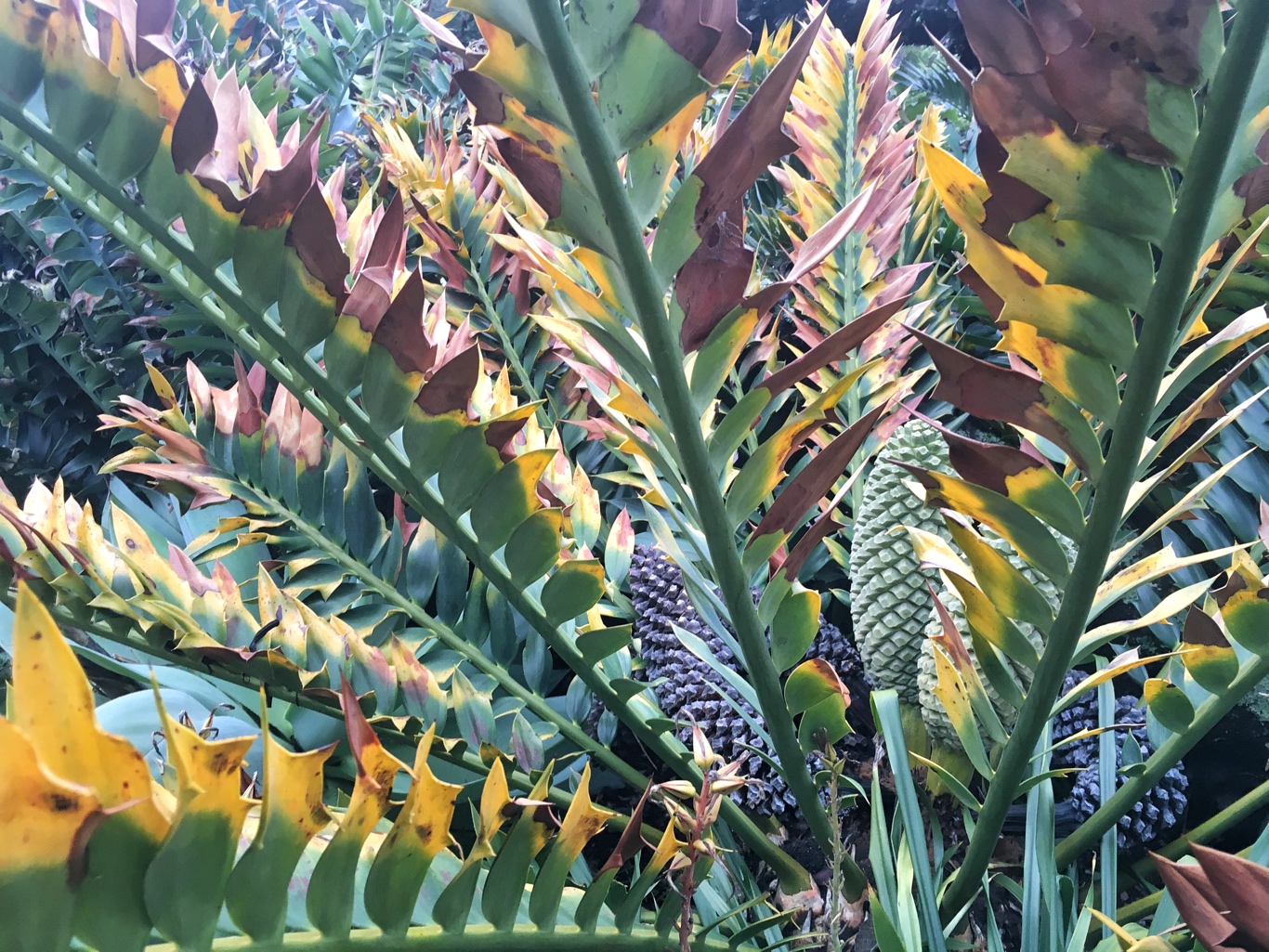

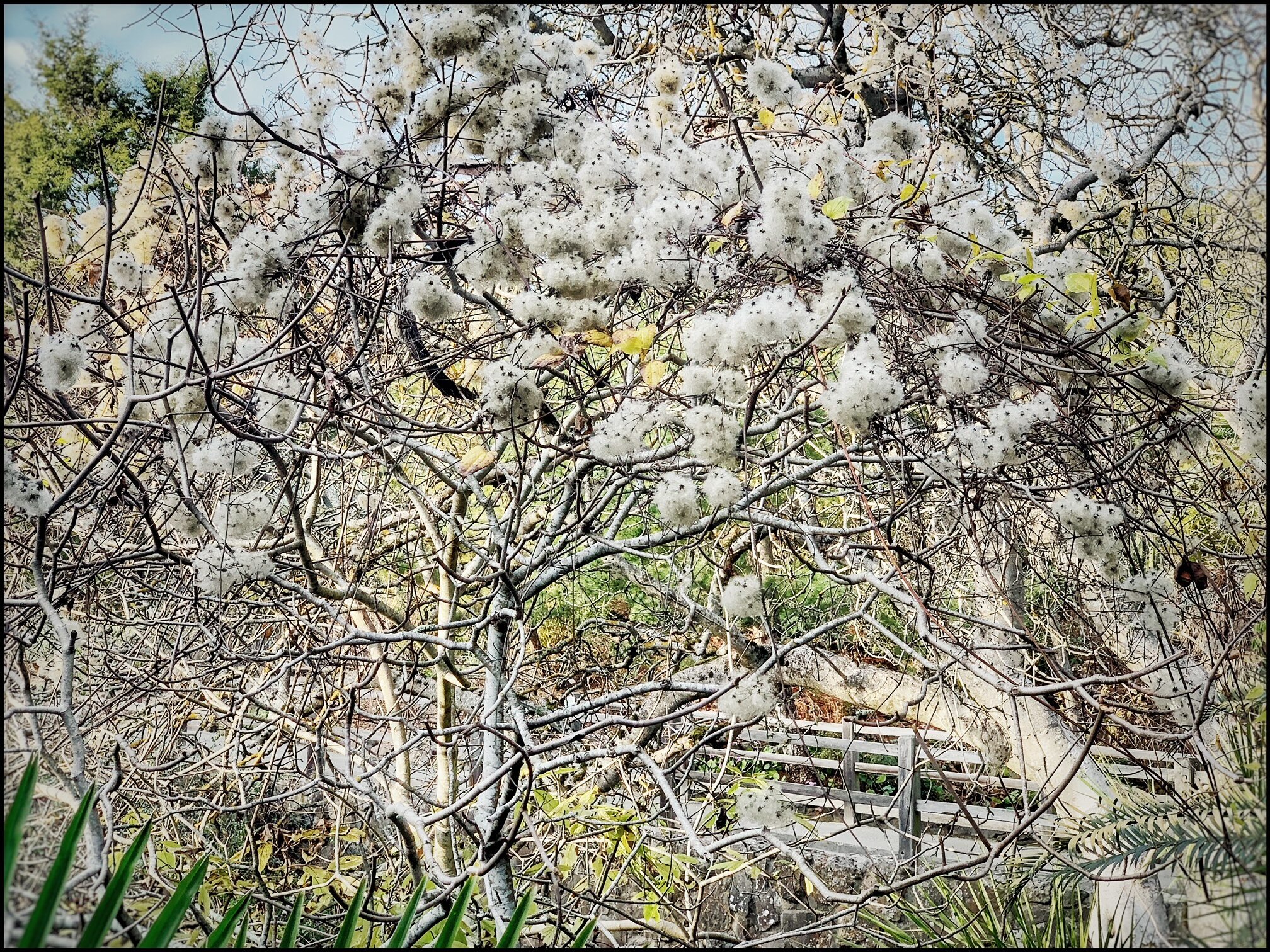
“Parasites make up the majority of species on Earth. According to one estimate, parasites may outnumber free-living species four to one. In other words, the study of life is, for the most part, parasitology.”
~ Carl Zimmer, Parasite Rex: Inside the Bizarre World of Nature’s Most Dangerous Creatures
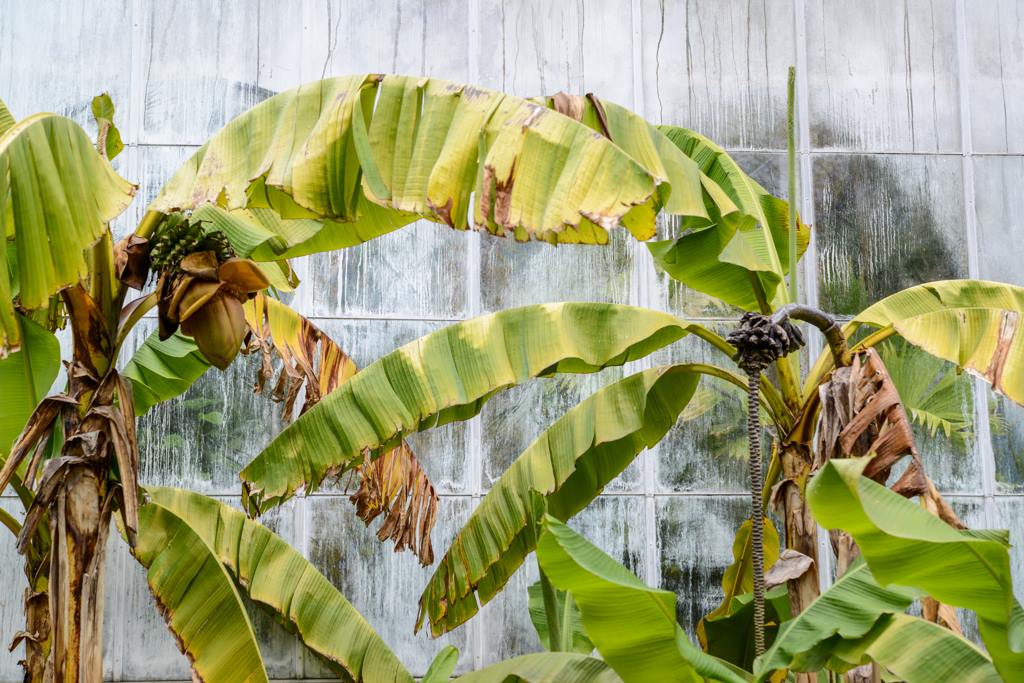
“We did not domesticate wheat. It domesticated us.”
~ Yuval Noah Harari, Sapiens: A Brief History of Humankind
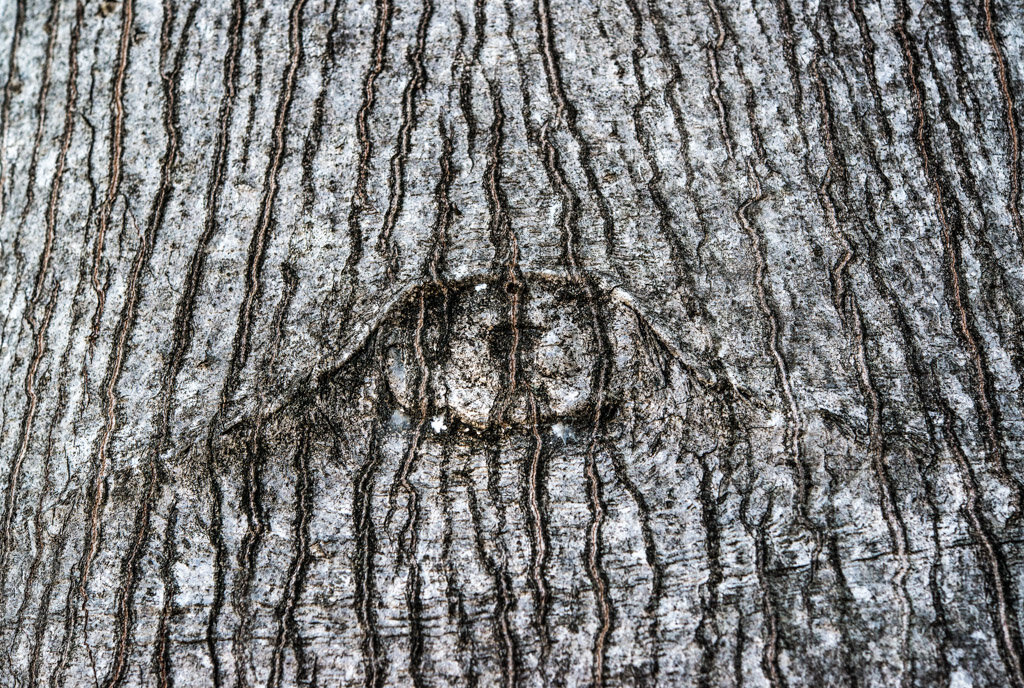
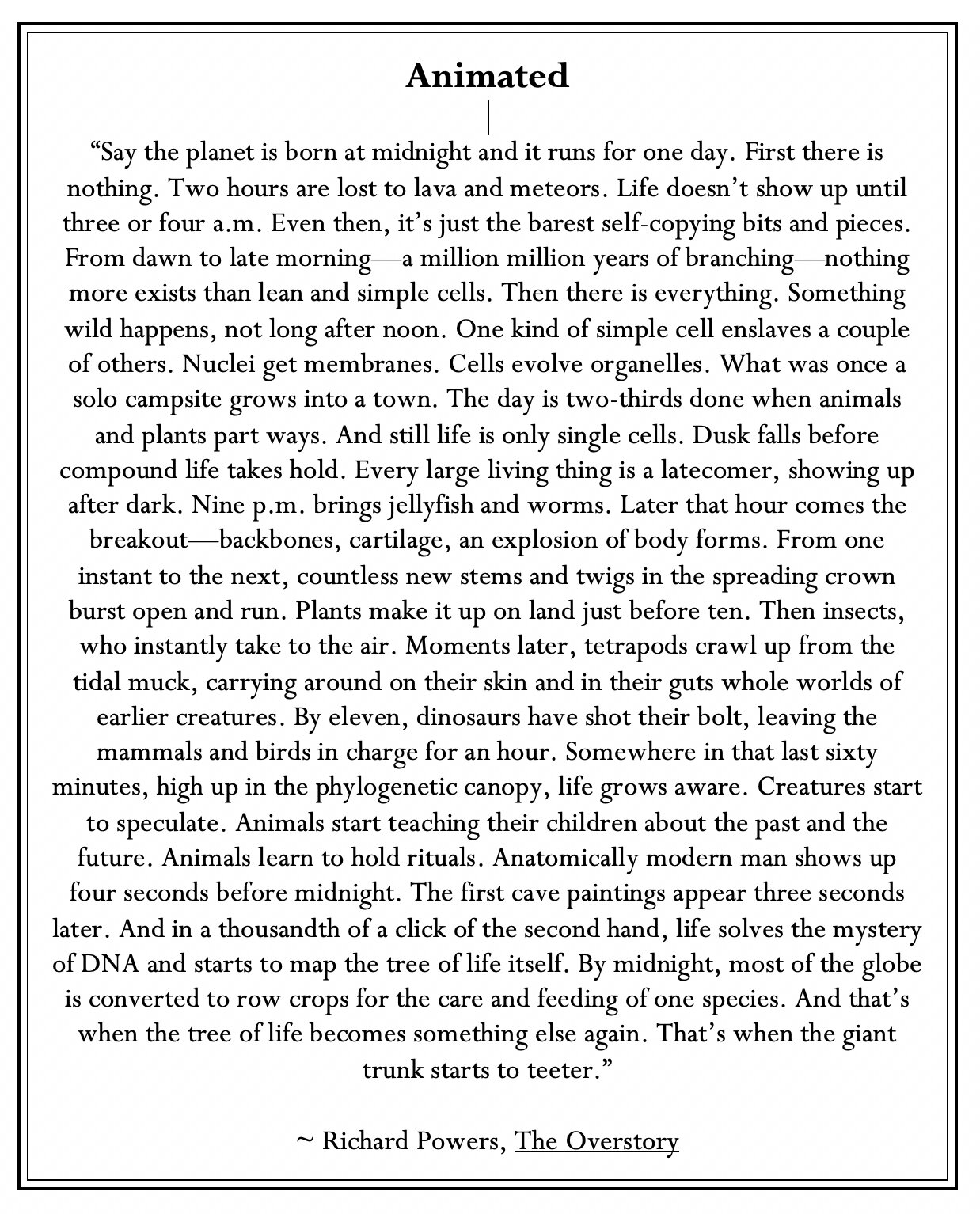
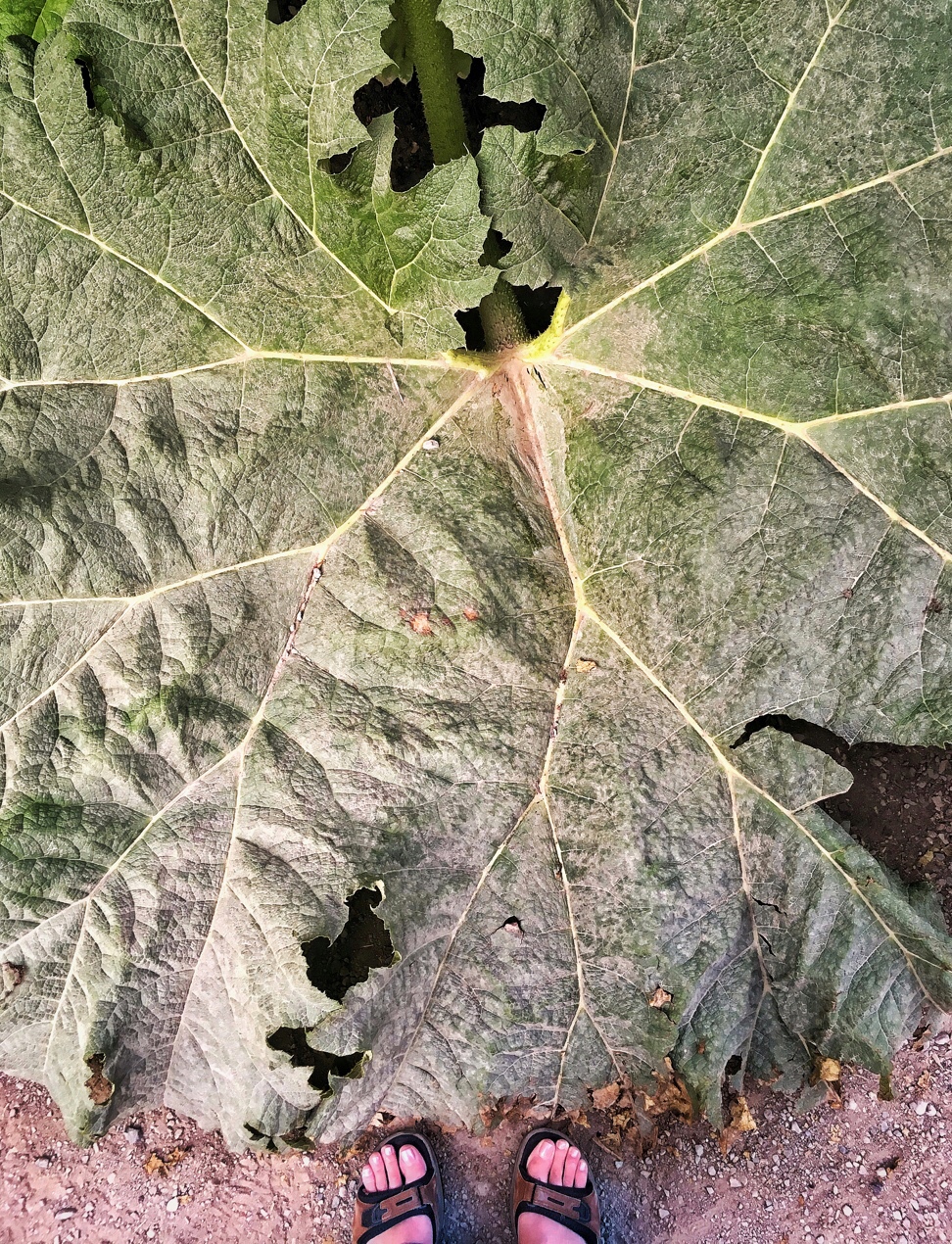
“Heaven is under our feet as well as over our heads.”
― Henry David Thoreau, Walden

Late Fragment
And did you get what
you wanted from this life, even so?
I did.
And what did you want?
To call myself beloved, to feel myself
beloved on the earth.
~ Raymond Carver, Beloved on the Earth
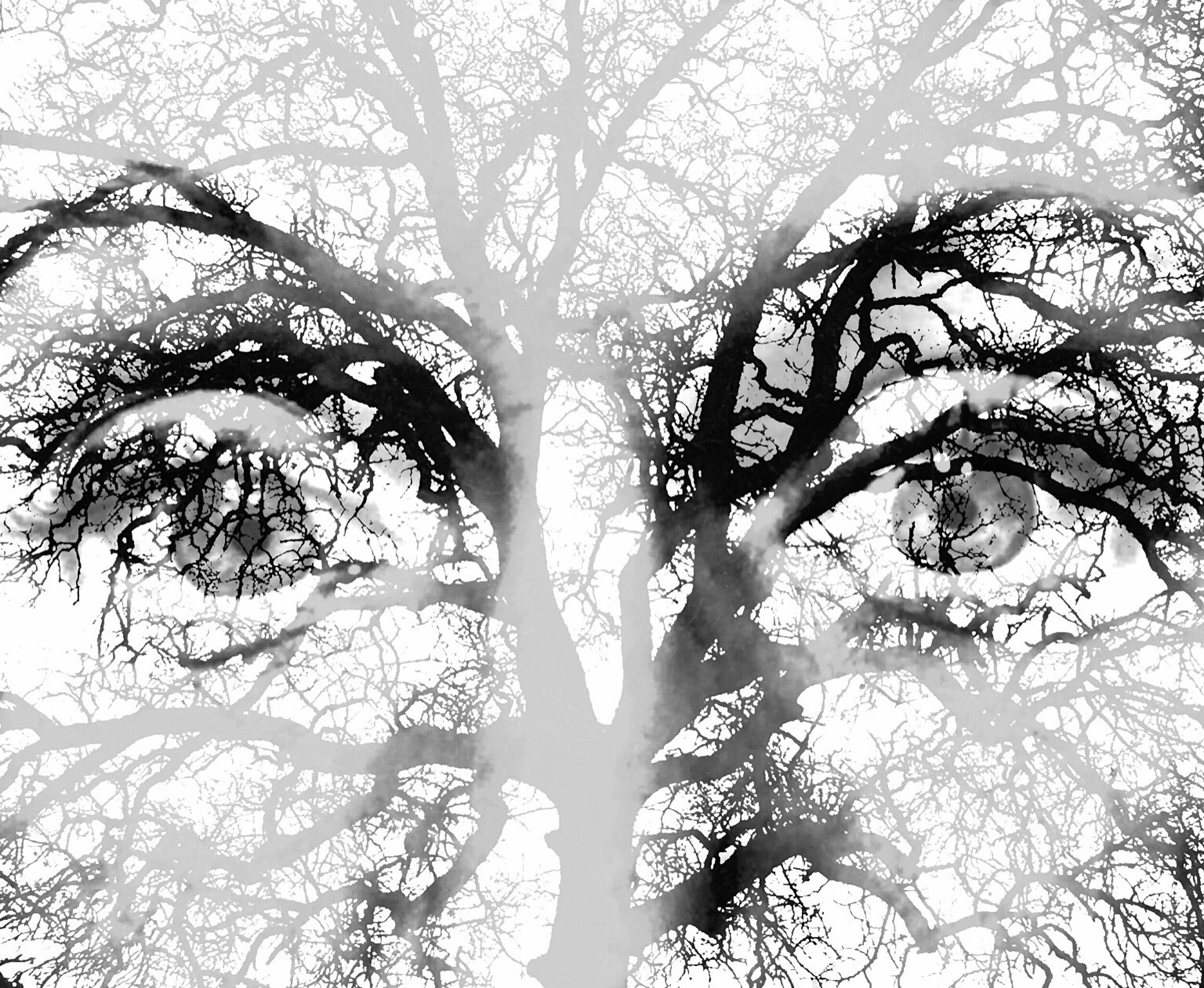
“Is the land a source of belongings, or a source of belonging?”
~ Robin Wall Kimmerer, Braiding Sweetgrass
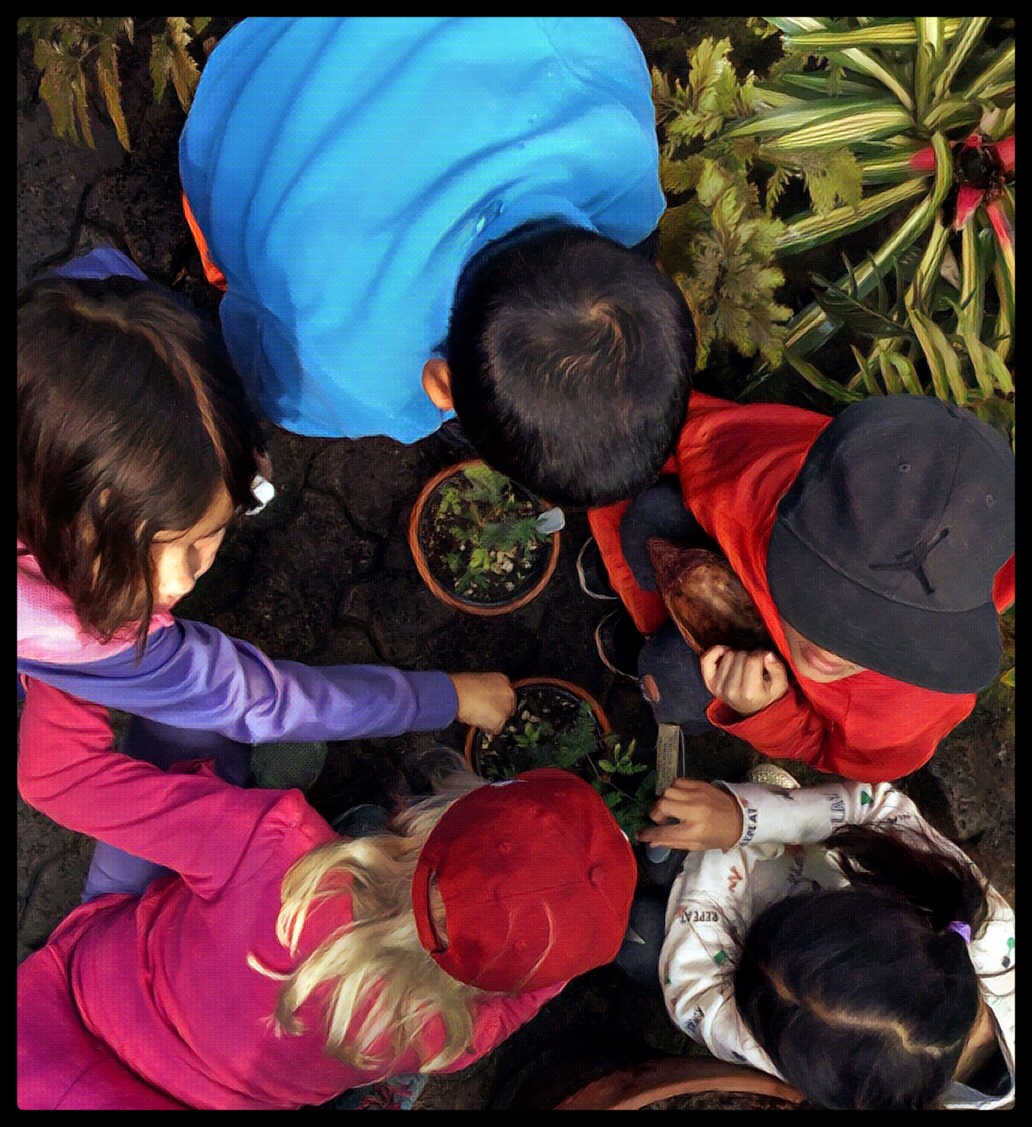
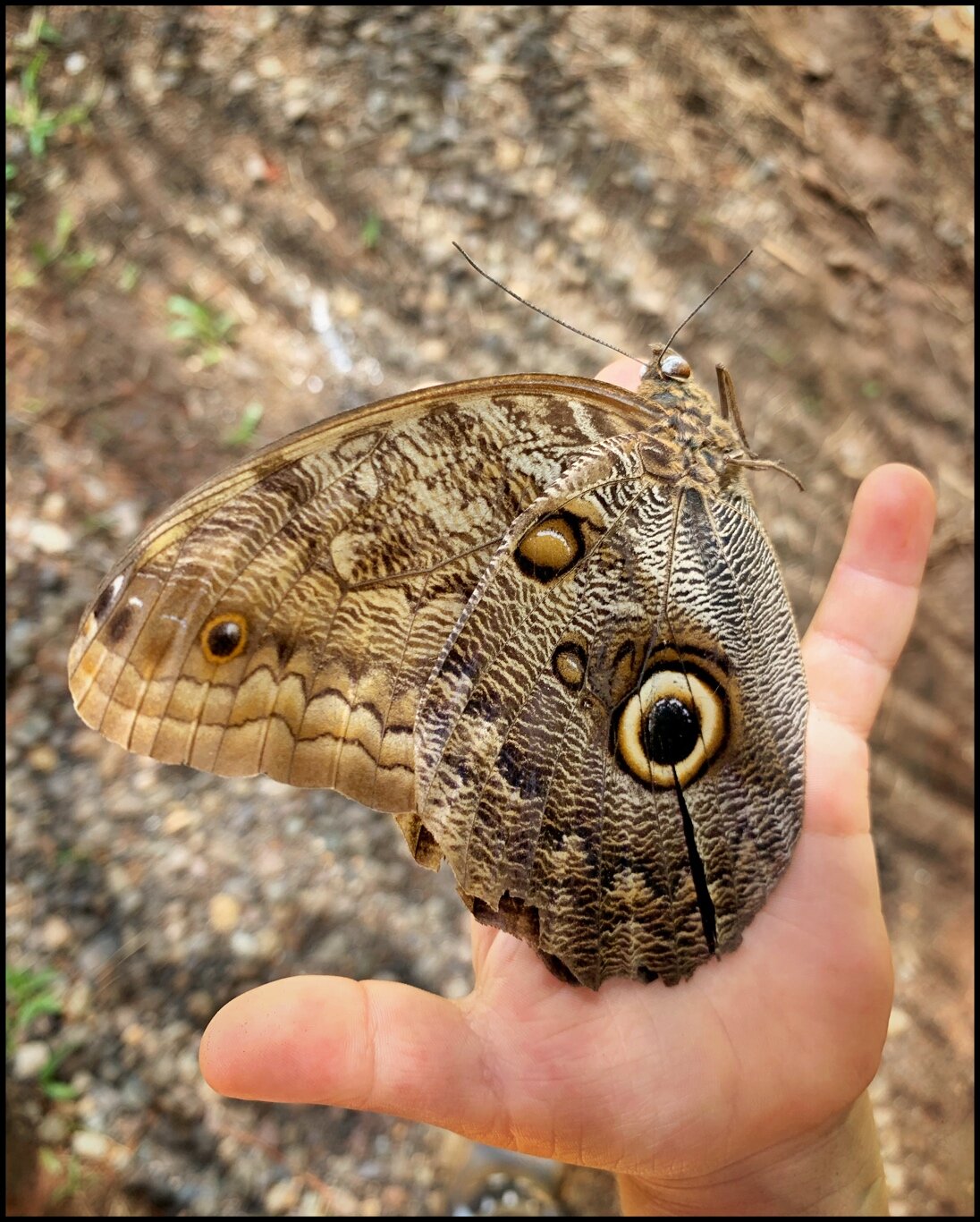
“And this, our life, exempt from public haunt, finds tongues in trees, books in running brooks, sermons in stone, and good in everything.”
~ William Shakespeare, As You Like It




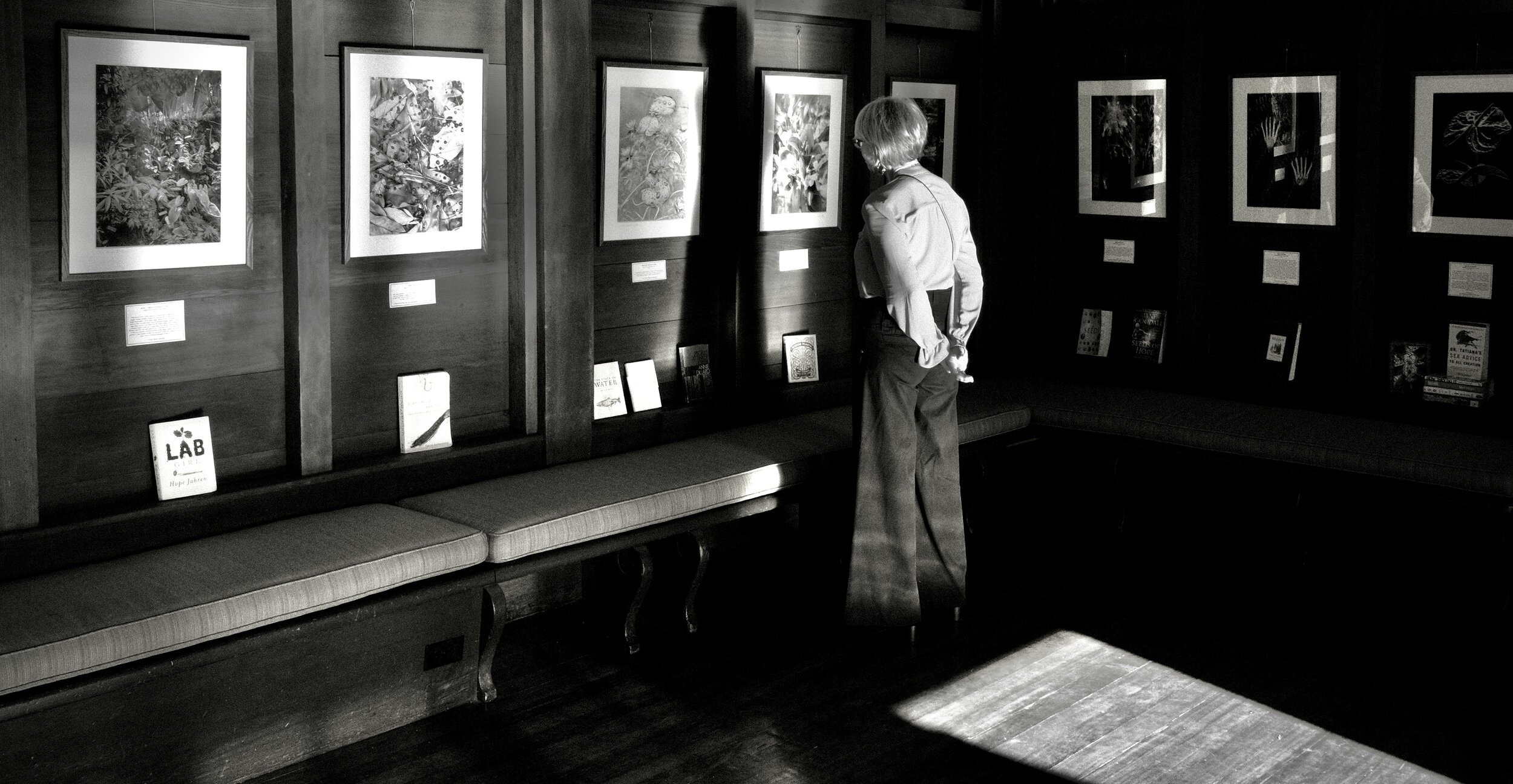
Ada Endress viewing the Book of Life exhibit at Julia Morgan Hall
Photo by Bill Johnston Jr.




































































“First there was nothing. Then there was everything.
Then in a park above a western city after dusk, the air is raining messages. A woman sits on the ground, leaning against a pine. Its bark presses hard against her back, as hard as life. Its needles scent the air and force hums in the heart of the wood. Her ears tune down to the lowest frequencies. The tree is saying things, in words before words.
It says: Sun and water are questions endlessly worth answering.”
~ Richard Powers, The Overstory
“As a writer, I find gardens essential to the creative process; as a physician, I take my patients to gardens whenever possible. All of us have had the experience of wandering through a lush garden or a timeless desert, walking by a river or an ocean, or climbing a mountain and finding ourselves simultaneously calmed and reinvigorated, engaged in mind, refreshed in body and spirit. The importance of these physiological states on individual and community health is fundamental and wide-ranging. In forty years of medical practice, I have found only two types of non-pharmaceutical ‘therapy’ to be vitally important for patients with chronic neurological diseases: music and gardens.”
~ Oliver Sacks, author of Gratitude
“The leaves of the world comprise countless billion elaborations of a single, simple machine designed for one job only – a job upon which hinges humankind. Leaves make sugar. Plants are the only things in the universe that can make sugar out of nonliving inorganic matter. All the sugar that you have ever eaten was first made within a leaf. Without a constant supply of glucose to your brain, you will die. Period. Under duress, your liver can make glucose out of protein or fat – but that protein or fat was originally constructed from a plant sugar within some other animal. It’s inescapable: at this very moment, within the synapses of your brain, leaves are fueling thoughts of leaves.”
~ Hope Jahren, Lab Girl
How little note is taken of the deeds of Nature! What paper publishes her reports? .... Who publishes the sheet-music of the winds, or the written music of water written in river-lines? Who reports and works and ways of the clouds, those wondrous creations coming into being every day like freshly upheaved mountains? And what record is kept of Nature's colors - - the clothes she wears - of her birds, her beasts - her live-stock?
~ John Muir, John of the Mountains: The Unpublished Journals of John Muir
“The most beautiful art is that which makes the world appear richer, deeper, and more meaningful, making nature seem ever more intricate, interesting, and deserving of our attention and love. There is meaning in nature far beyond use; there is form and beauty far beyond function.”
~ David Rothenberg, Survival of the Beautiful: Art, Science, and Evolution
“The temple bell stops, but I still hear the sound coming out of the flowers.” - Matsuo Basho
“It was a fruit we had never seen before, larger than an apple, about the size of a grapefruit. It was round and yellow like the leaves of a neglected book.”
~ Mai Al-Nakib, The Hidden Light of Objects
“You are what what you eat eats.”
~ Michael Pollan, In Defense of Food: An Eater’s Manifesto
“Microbes dominated the Proterozoic and arguably they still largely determine the course of life today. They are, as the microbiologist John Ingraham puts it, ‘our inventors, progenitors and keepers’. (They are also our disposers: death is not the end, it’s just a case of being metabolically different.) In the big picture – the cycles of life on Earth – microbes are the beginning and end of all. Or, as the palaeontologist Andrew Knoll asserts, ‘eukaryotes are the icing and prokaryotes are the cake’.”
~ Caspar Henderson, The Book of Barely Imagined Beings: A 21st Century Bestiary
“It appears that nutrient exchange and helping neighbors in times of need is the rule, and this leads to the conclusion that forests are superorganisms with interconnections much like ant colonies.”
~ Peter Wohlleben,
The Hidden Life of Trees: What They Feel, How They Communicate – Discoveries from a Secret World
“I am intrigued by the possibility that what humans hear in choruses of synchronizing crickets or hocketing katydids is not an enjoyment of the random, the unplanned, the chance caprices of nature, but glimmers of order in disorder that come as we listen to layers of tiny creatures playing by simple musical or mathematical rules.”
~ David Rothenberg, Bug Music: How Insects Gave Us Rhythm and Noise
“We need the tonic of wildness...At the same time that we are earnest to explore and learn all things, we require that all things be mysterious and unexplorable, that land and sea be indefinitely wild, unsurveyed and unfathomed by us because unfathomable. We can never have enough of nature.”
~ Henry David Thoreau, Walden: Or, Life in the Woods
“We cannot win this battle to save species and environments without forging an emotional bond between ourselves and nature as well – for we will not fight to save what we do not love.”
~ Stephen Jay Gould, author of The Flamingo’s Smile
“Don't judge each day by the harvest you reap but by the seeds that you plant.”
~ Robert Louis Stevenson, Admiral Guinea
“We were planting seeds of change, the fruit of which we might never see. We had to be patient.”
~ Michelle Obama, Becoming
“The great affair, the love affair with life, is to live as variously as possible, to groom one’s curiosity like a high-spirited thoroughbred, climb aboard, and gallp over the the thick, sun-struck hills every day. Where there is no risk, the emotional terrain is flat and unyielding, and, despite all its dimensions, valleys, pinnacles, and detours, life will seem to have none of its magnificent geography, only a length. It began in mystery, and it will end in mystery, but what a savage and beautiful country lies in between.”
~ Diane Ackerman, A Natural History of the Senses
thank you zinnia, and gooseberry, rudbeckia
and pawpaw, Ashmead’s kernel, cockscomb
and scarlet runner, feverfew and lemonbalm;
thank you knitbone and sweetgrass and sunchoke
and false indigo whose petals stammered apart
by bumblebees good lord please give me a minute…
and moonglow and catkin and crookneck
and painted tongue and seedpod and johnny jump-up;
thank you what in us rackets glad
what gladrackets us;
~ from the catalogue of unabashed gratitude
by ross gay
“Light is thus nothing more than a rapid vibration of the spiderweb of Faraday's lines, which ripple like the surface of a lake as the wind blows. It isn't true that we "do not see" Faraday lines. To "see" is to perceive light, and light is the movement of the Faraday lines. Nothing leaps from one location in space to another without something transporting it. If we see a child playing on the beach, it is only because between him and ourselves there is this lake of vibrating lines that transport his image to us. Is the world not marvelous?”
~ Carlo Rovelli, Quantum Gravity
“The best remedy for those who are afraid, lonely or unhappy is to go outside, somewhere where they can be quite alone with the heavens, nature and God. Because only then does one feel that all is as it should be and that God wishes to see people happy, amidst the simple beauty of nature. As longs as this exists, and it certainly always will, I know that then there will always be comfort for every sorrow, whatever the circumstances may be. And I firmly believe that nature brings solace in all troubles.”
~ Anne Frank, The Diary of a Young Girl
“Look! A trickle of water running through some dirt! I'd say our afternoon just got booked solid!”
~ Bill Watterson, Calvin & Hobbes
“I try to rely less and less on controlling nature. Instead I am learning to live with it's chaos.”
― David Mas Masumoto, Epitaph for a Peach: Four Seasons on My Family Farm
“It has always been a happy thought to me that the creek runs on all night, new every minute, whether I wish it or know it or care, as a closed book on a shelf continues to whisper to itself its own inexhaustible tale.”
― Annie Dillard, Pilgrim at Tinker Creek
“We carry into our future at least as many responsibilities as we do rights. This is our charge.
We have the right to extract, but we have the responsibility to replenish.
We have the right to develop, but we have the responsibility to restore.
We have the right to inhabit, but we have the responsibility to set aside.
Stewardship is the active management of leaving the more-than-human world to its own functioning devices.”
~ Obi Kaufman , The State of Water: Understanding California’s Most Precious Resource
“Life lines are entangled: candy cane and matsutake; matsutake and its host trees; host trees and herbs, mosses, insects, soil bacteria, and forest animals; heaving bumps and mushroom pickers. Matsutake pickers are alert to life lines in the forest; searching with all the senses creates this alertness. It is a form of forest knowledge and appreciation without the completeness of classification. Instead, searching brings us to the liveliness of beings experienced as subjects rather than objects.”
~ Anna Lowenhaupt Tsing, The Mushroom at the End of the World: On the Possibility of Life in Capitalist Ruins
“In that sense, the creek is a reminder that we do not live in a simulation—a streamlined world of products, results, experiences, reviews—but rather on a giant rock whose other life-forms operate according to an ancient, oozing, almost chthonic logic. Snaking through the midst of the banal everyday is a deep weirdness, a world of flowerings, decompositions, and seepages, of a million crawling things, of spores and lacy fungal filaments, of minerals reacting and things being eaten away—all just on the other side of the chain-link fence.”
~ Jenny Odell, How to Do Nothing: Resisting the Attention Economy
“It was as though the plants wanted me to write a different kind of book and sent gentle roots deep into my brain. They wanted me to fully acknowledge their importance in human history, their amazing powers of healing, the nourishment they provide, their ability to harm if we misused them, and, ultimately, our dependence on the plant kingdom. The plants seemed to want me to share with the world my own understanding of their beingness, so that people might better honor them as important partners in so many of our endeavors.”
~ Jane Goodall, Seeds of Hope: Wisdom and Wonder from the World of Plants
“For most of the year, the Mojave River is hidden. Retreating underground only to rise in a few protected canyons, the Mojave, like most of the residents who live in ecosystems supported by its waters, is a survivor. For all of its apparent desolation, if you stand chest high among the reeds of Afton Canyon, deep in Mojave Trails National Monument, on a cool spring evening and listen to the frogs sing to the sunset, you’ll forget what all the survival fuss is about.”
~ Obi Kaufman, The California Field Atlas
“Eternity can be found in the minuscule, in the place where earthworms, along with billions of unseen soil-dwelling microorganisms, engage in a complex and little-understood dance with the tangle of plant roots that make up their gardens, their cities.”
~ Amy Stewart, author of Wicked Plants
“Pause in your reading. Forget the words, the font, and the images, and run your fingers down the page. Feel the paper. What you feel are trees, shipped across the world, then chipped, pulped, bleached, layered, and delivered, ink-ready to the printer. These fine, smooth sheets represent 5,000 years of development since Cyperus papyrus was first turned into paper…The Egyptians began writing on papyrus about 4,000 years ago, marking our transition from prehistoric to historic.
~ Bill Laws, Fifty Plants that Changed the Course of History
“Weeds – even many intrusive aliens – give something back. They green over the dereliction we have created. They move in to replace more sensitive plants that we have endangered. Their willingness to grow in the most hostile environments – a bombed city, a crack in a wall – means that they insinuate the idea of wild nature into places otherwise quite shorn of it. They are, in this sense, paradoxical. Although they follow and are dependent on human activities, their cussedness and refusal to play by our rules makes them subversive, and the very essence of wildness.”
~ Richard Mabey, Weeds: In Defense of Nature’s Most Unloved Plants
“Silence is not the absence of something but the presence of everything . . . It is the presence of time, undisturbed. It can be felt within the chest. Silence nurtures our nature, our human nature, and lets us know who we are. Left with a more receptive mind and a more attuned ear, we become better listeners not only to nature but to each other. Silence can be carried like embers from a fire. Silence can be found, and silence can find you. Silence can be lost and also recovered. But silence cannot be imagined, although most people think so. To experience the soul-swelling wonder of silence, you must hear it.”
~ Gordon Hempton , One Square Inch of Silence: One Man’s Quest to Preserve Quiet
“Our life is a faint tracing on the surface of mystery, like the idle curved tunnels of leaf miners on the face of a leaf. We must somehow take a wider view, look at the whole landscape, really see it, and describe what's going on here. Then we can at least wail the right question into the swaddling band of darkness, or, if it comes to that, choir the proper praise.”
~ Annie Dillard, Pilgrim at Tinker Creek
“The view of evolution as a chronic bloody competition among individuals and species, a popular distortion of Darwin’s notion of "survival of the fittest," dissolves before a new view of continual cooperation, strong interaction, and mutual dependence among life forms. Life did not take over the globe by combat, but by networking. Life forms multiplied and complexified by co-opting others, not just by killing them.”
~ Lynn Margulis, What Is Life?
“Through attention and curiosity, we can suspend our tendency toward instrumental understanding—seeing things or people one-dimensionally as the products of their functions—and instead sit with the unfathomable fact of their existence, which opens up toward us but can never be fully grasped or known.”
~ Jenny Odell, How to Do Nothing: Resisting the Attention Economy
“Parasites make up the majority of species on Earth. According to one estimate, parasites may outnumber free-living species four to one. In other words, the study of life is, for the most part, parasitology.”
~ Carl Zimmer, Parasite Rex: Inside the Bizarre World of Nature’s Most Dangerous Creatures
“We did not domesticate wheat. It domesticated us.”
~ Yuval Noah Harari, Sapiens: A Brief History of Humankind
“Heaven is under our feet as well as over our heads.”
― Henry David Thoreau, Walden
Late Fragment
And did you get what
you wanted from this life, even so?
I did.
And what did you want?
To call myself beloved, to feel myself
beloved on the earth.
~ Raymond Carver, Beloved on the Earth
“Is the land a source of belongings, or a source of belonging?”
~ Robin Wall Kimmerer, Braiding Sweetgrass
“And this, our life, exempt from public haunt, finds tongues in trees, books in running brooks, sermons in stone, and good in everything.”
~ William Shakespeare, As You Like It
Ada Endress viewing the Book of Life exhibit at Julia Morgan Hall
Photo by Bill Johnston Jr.